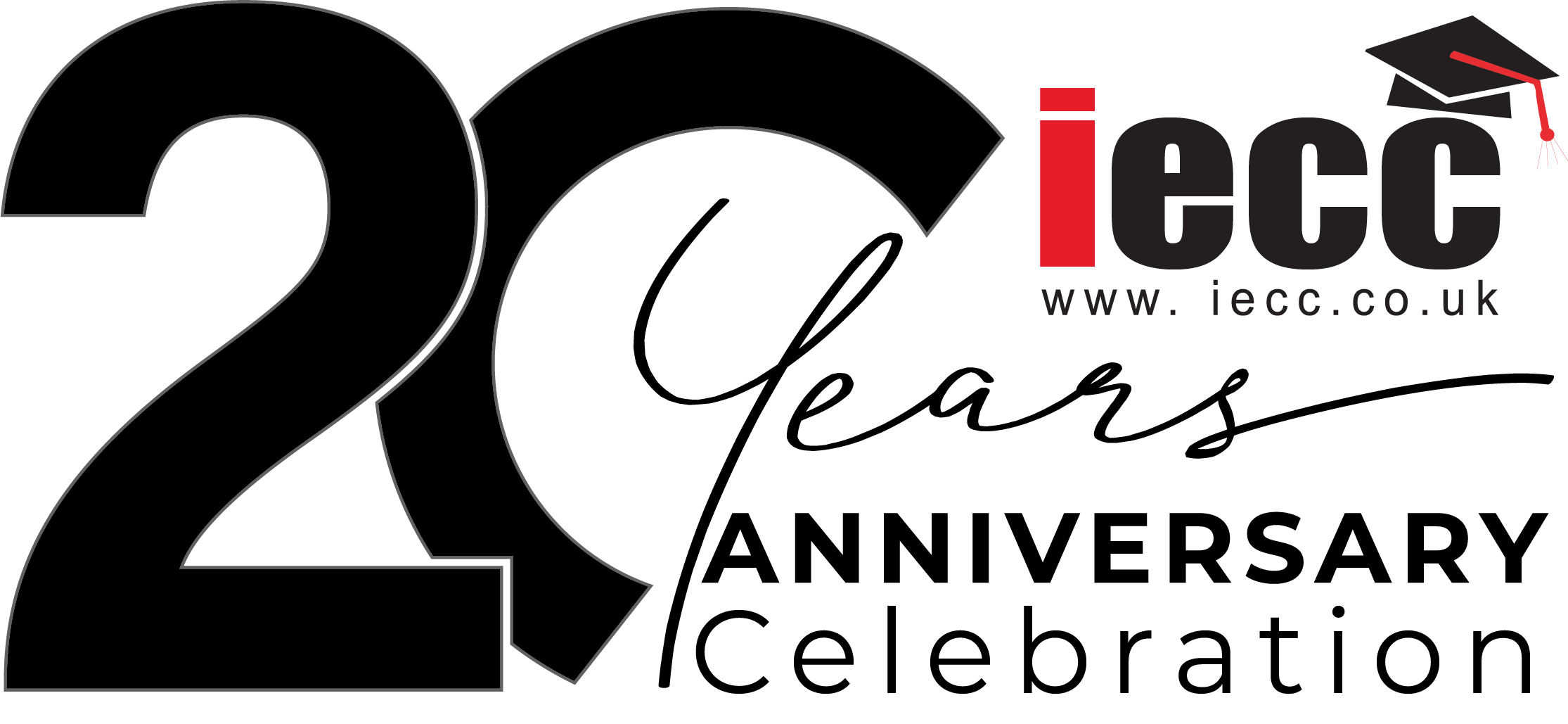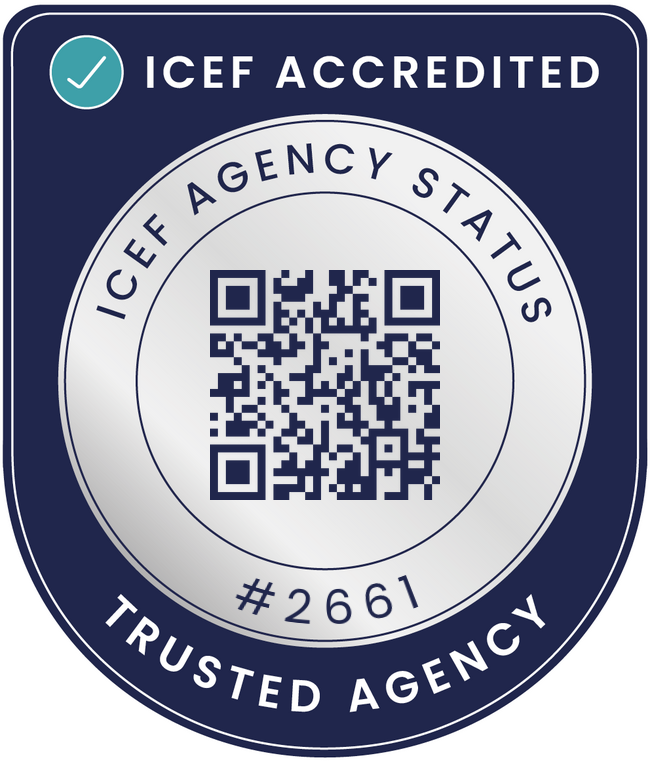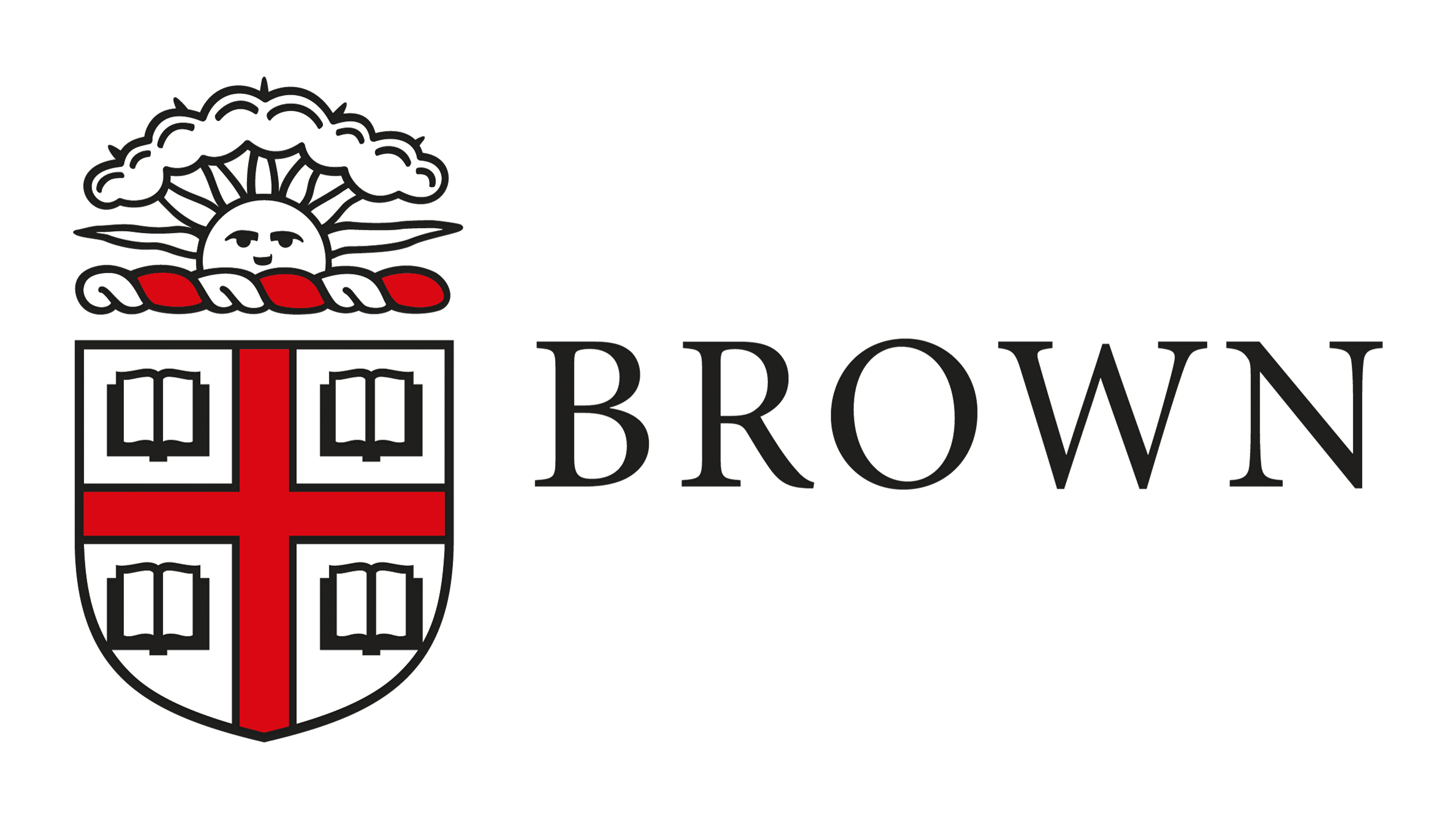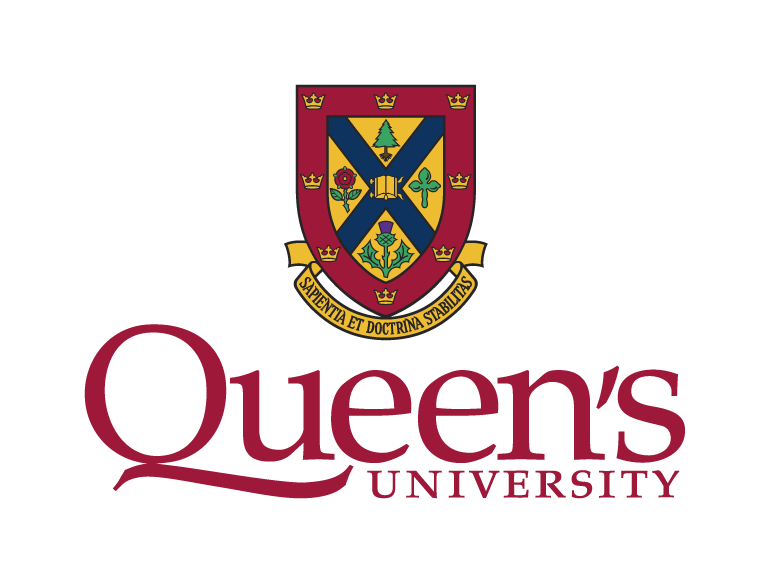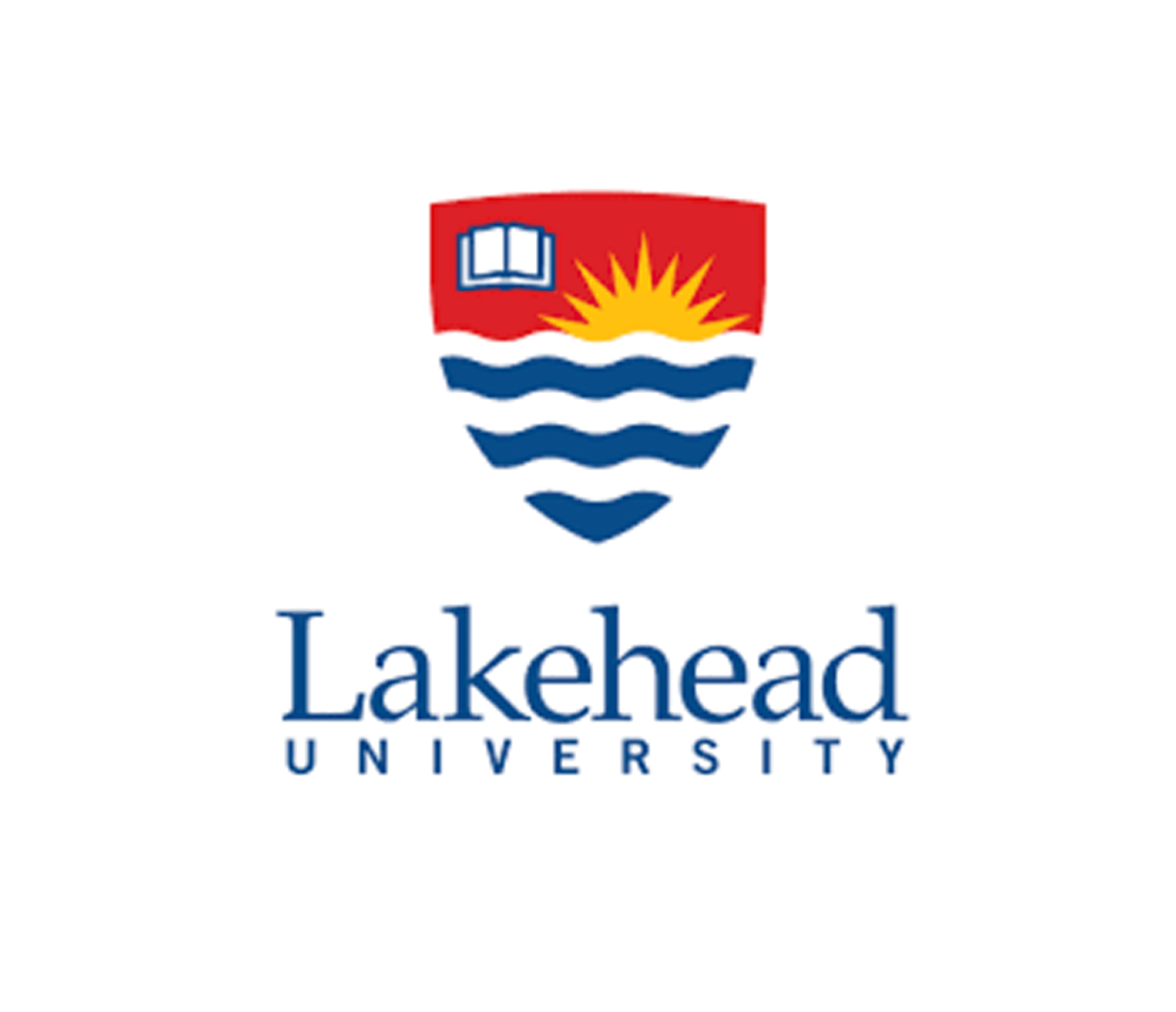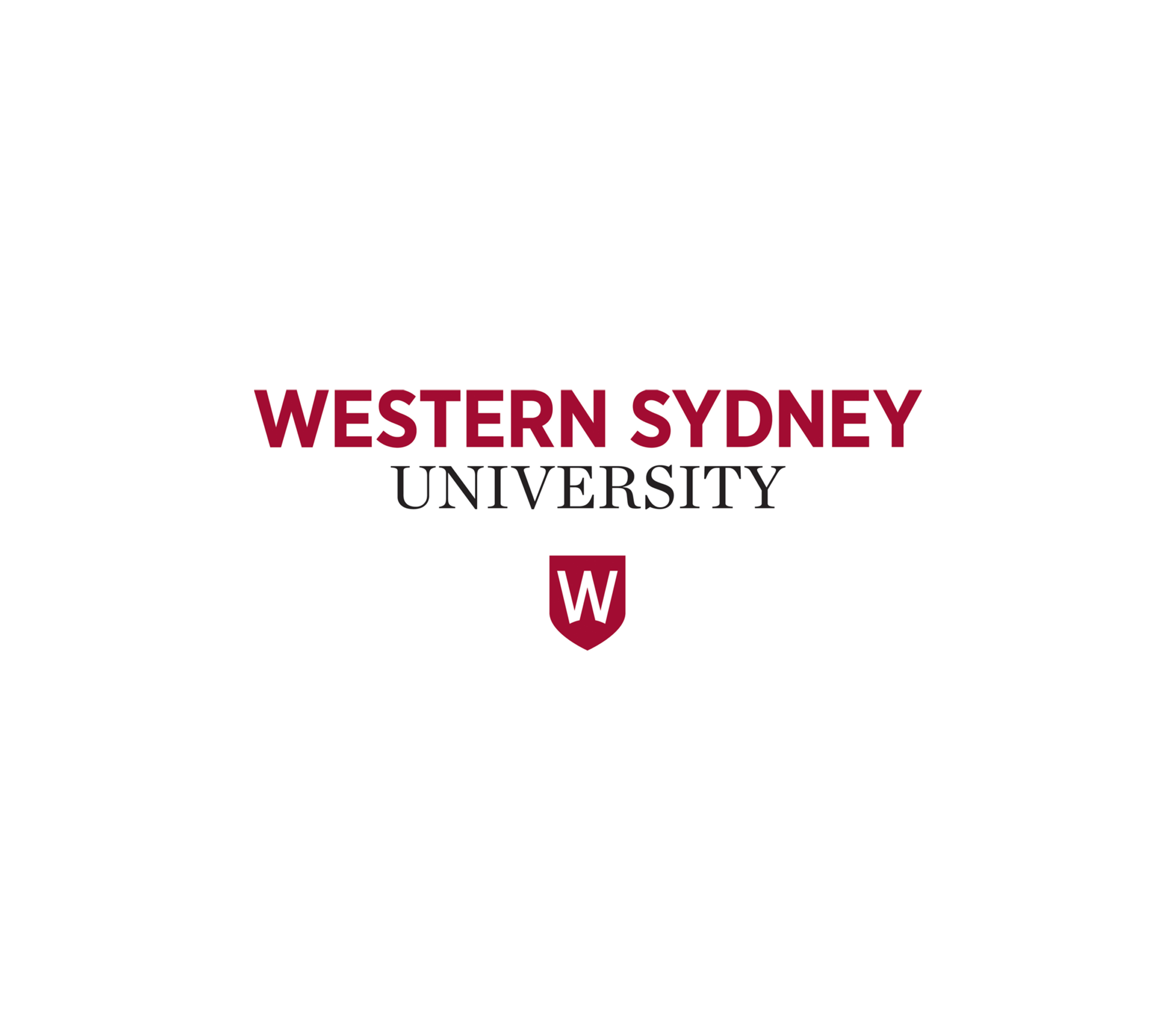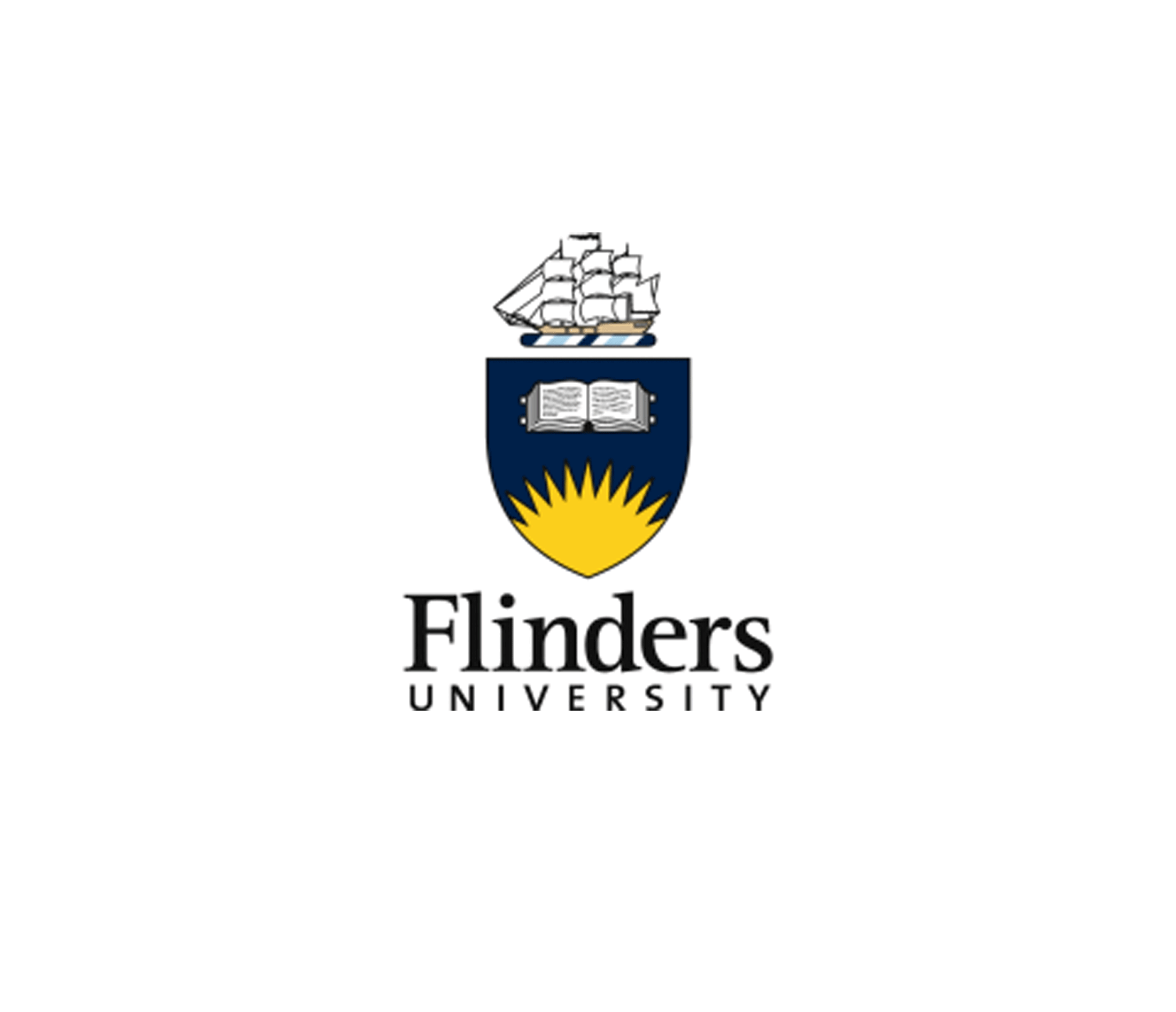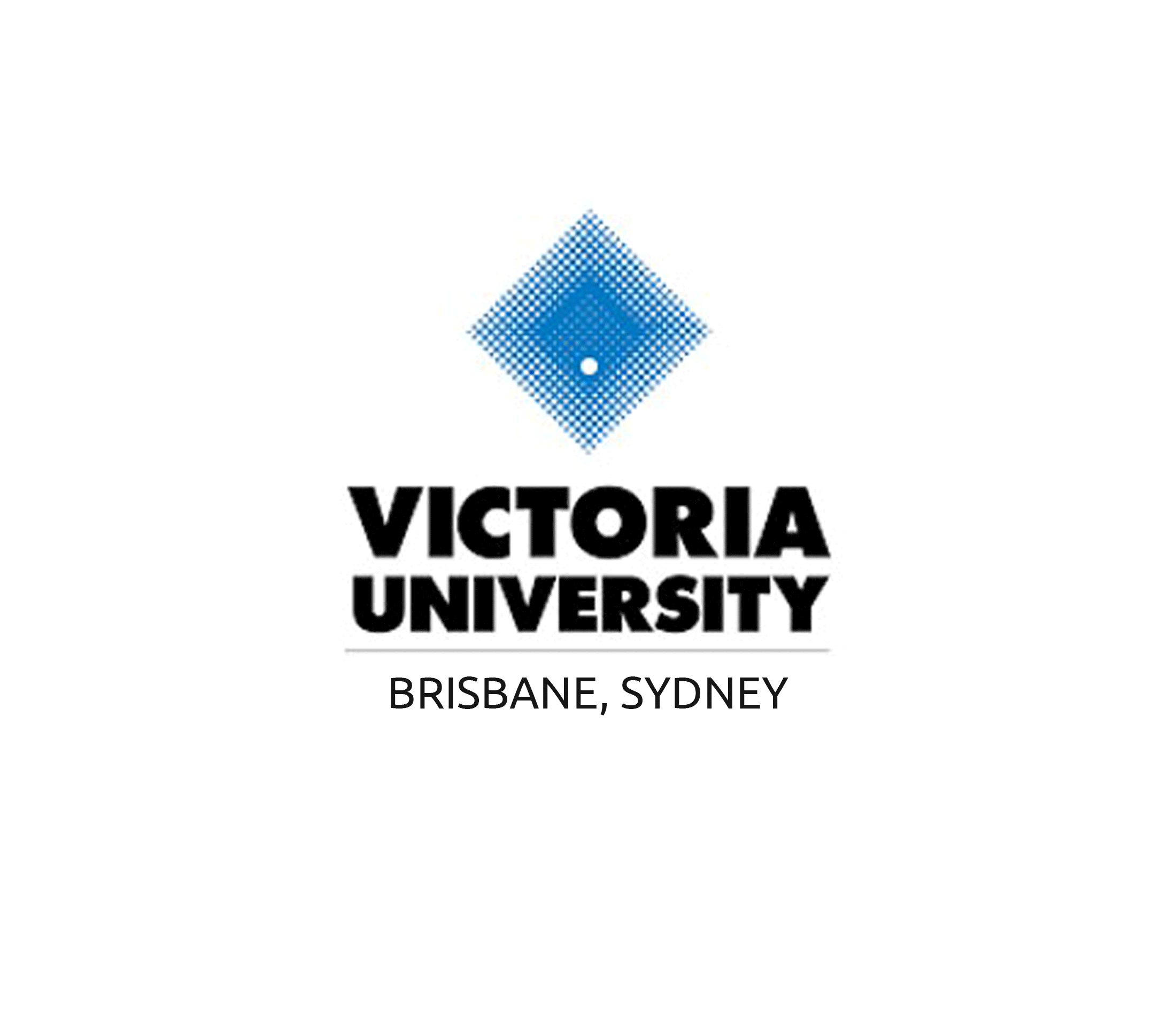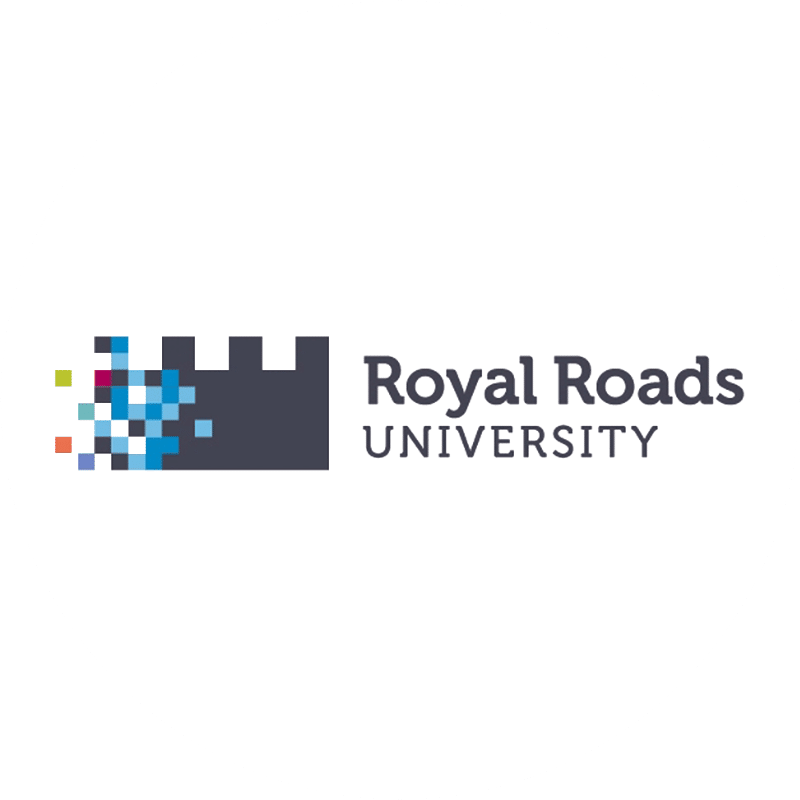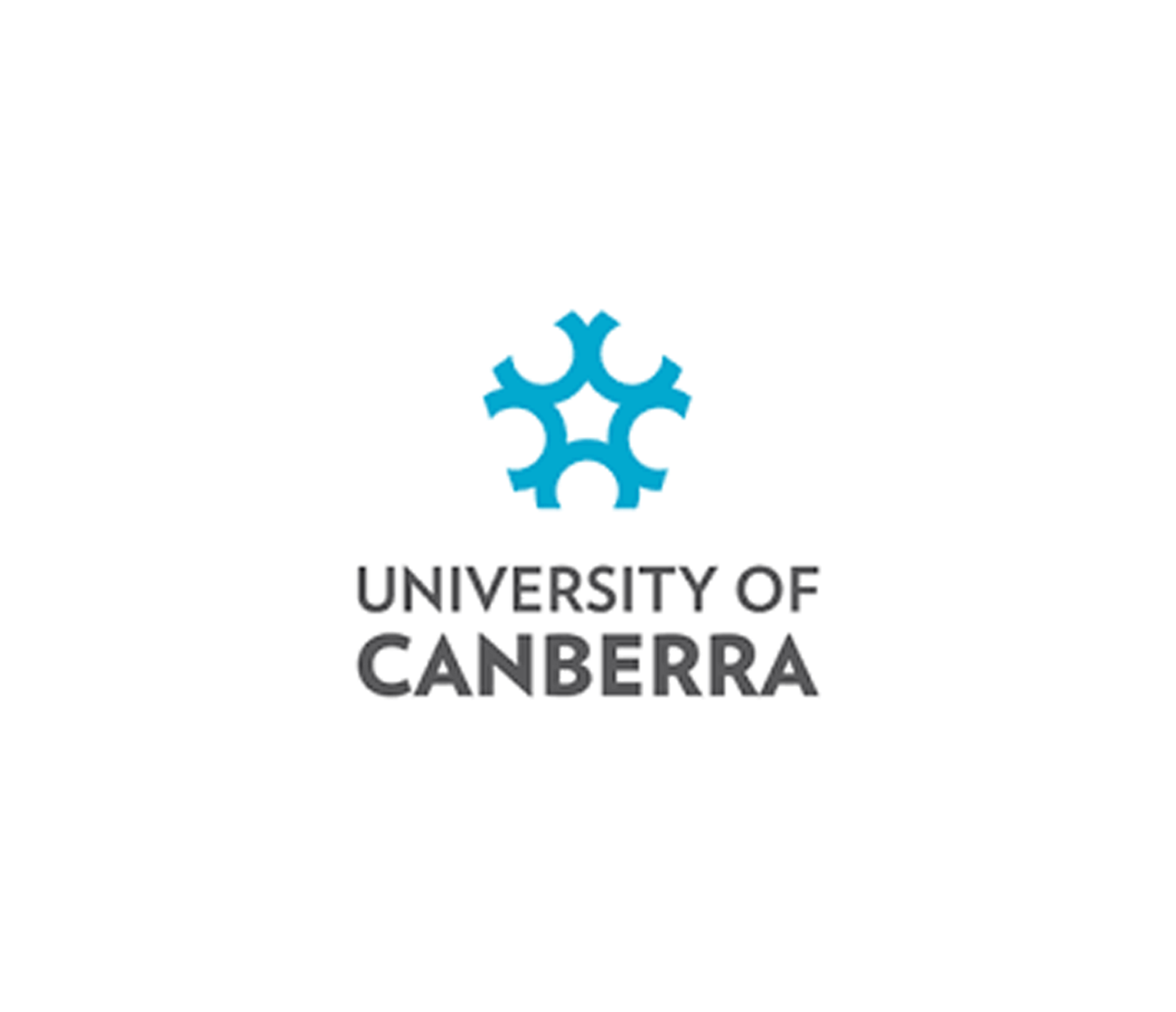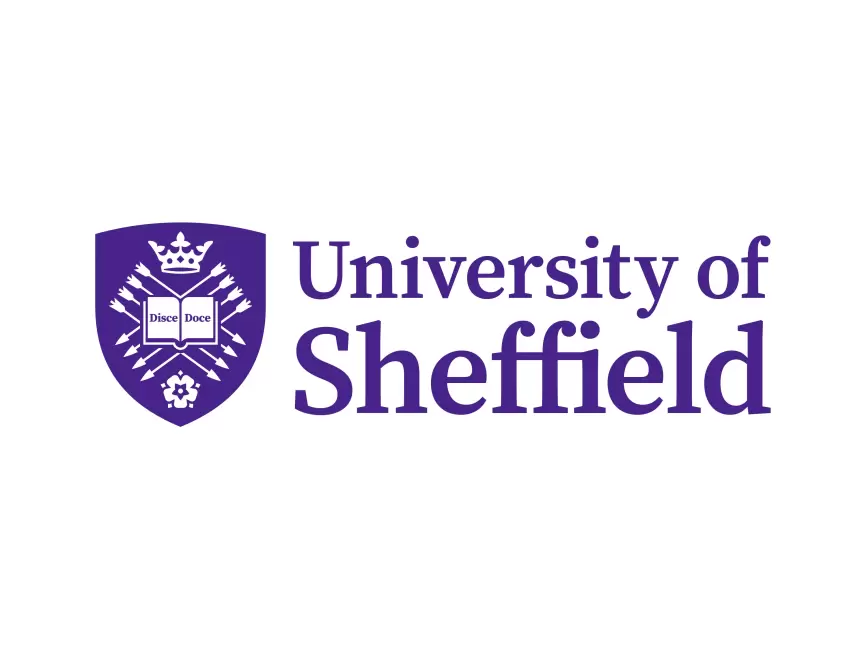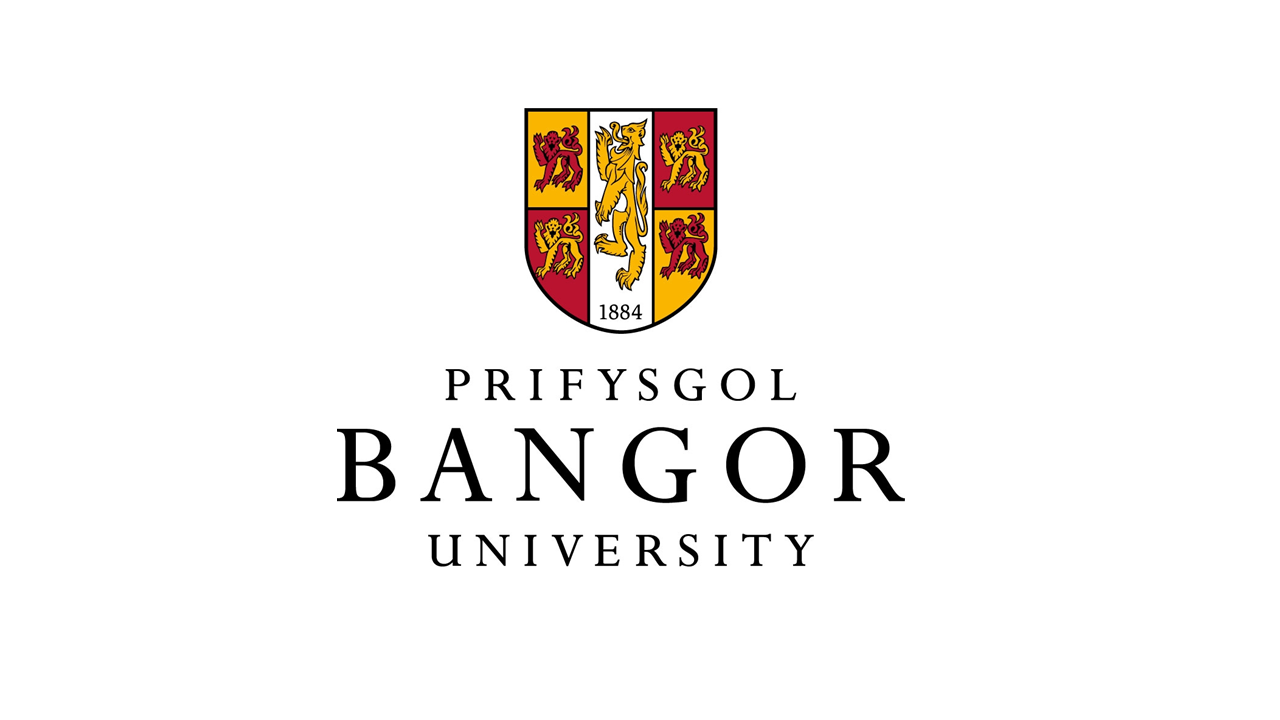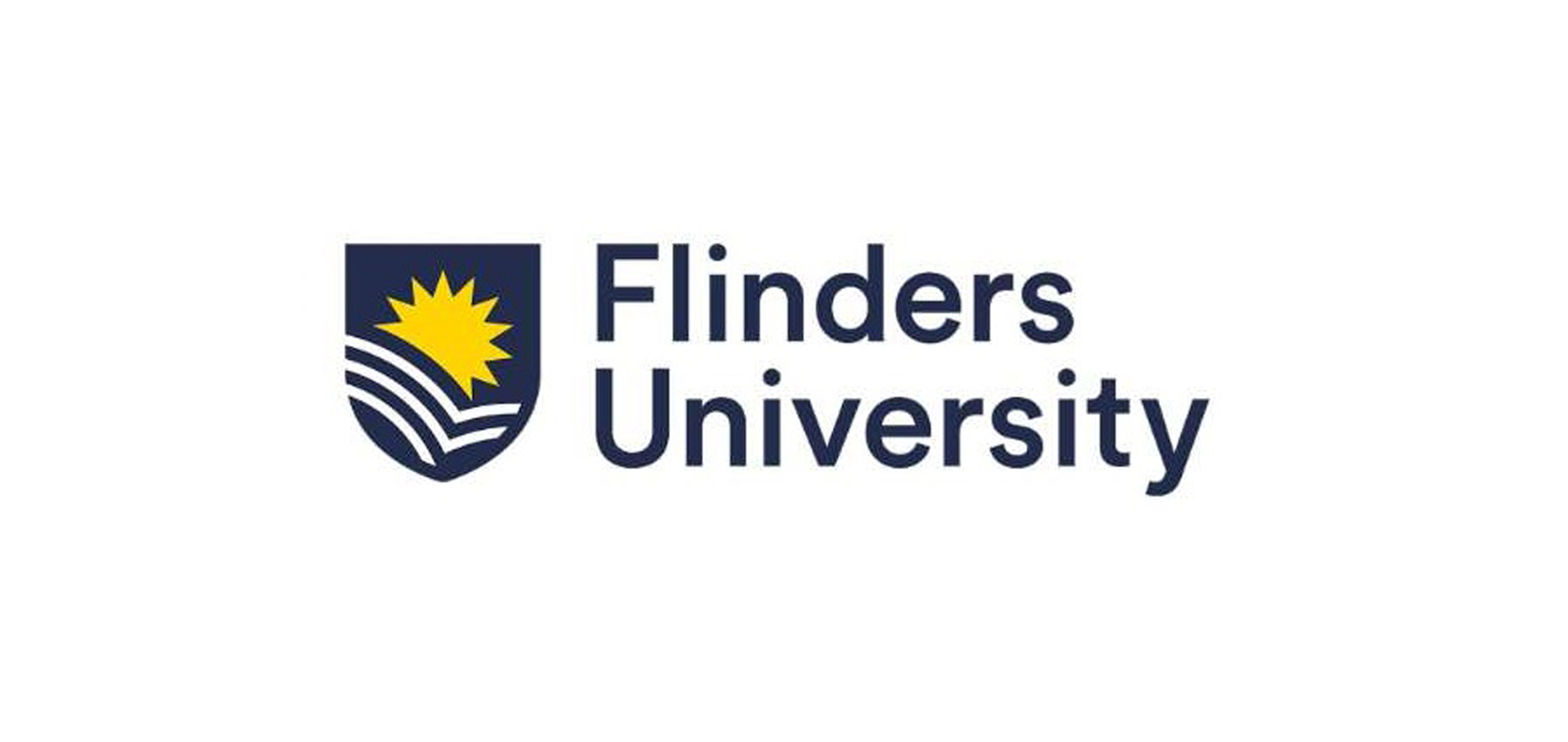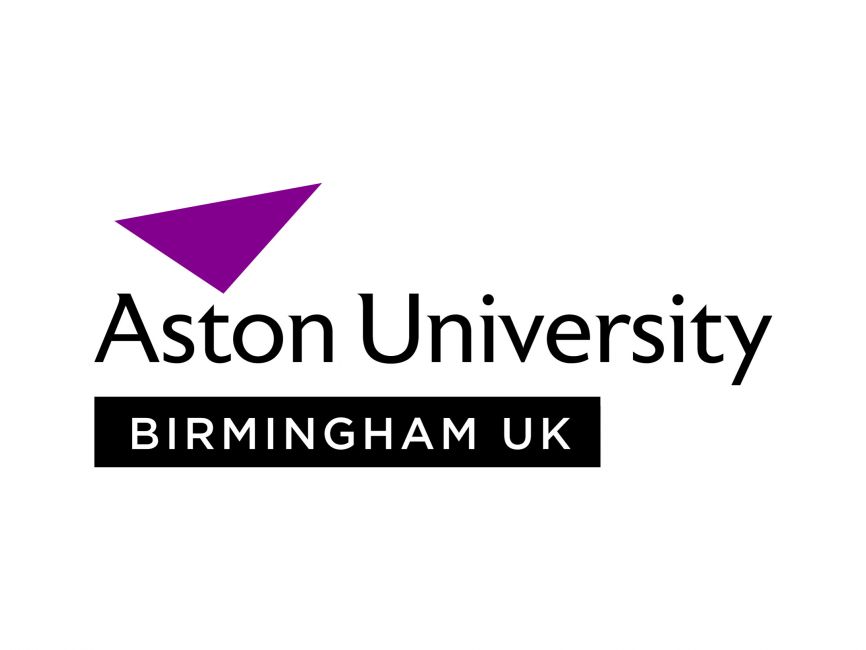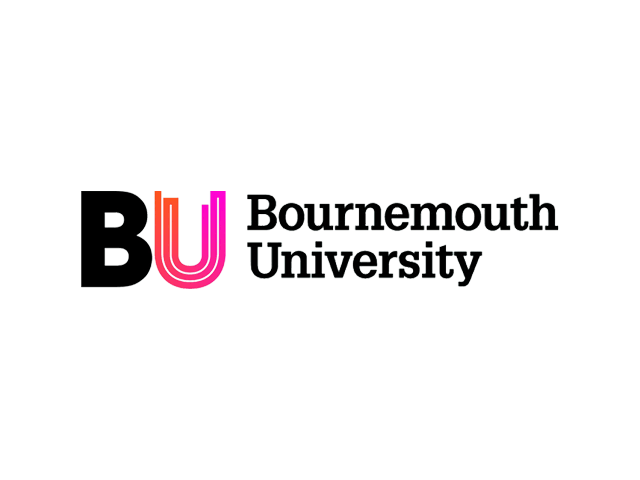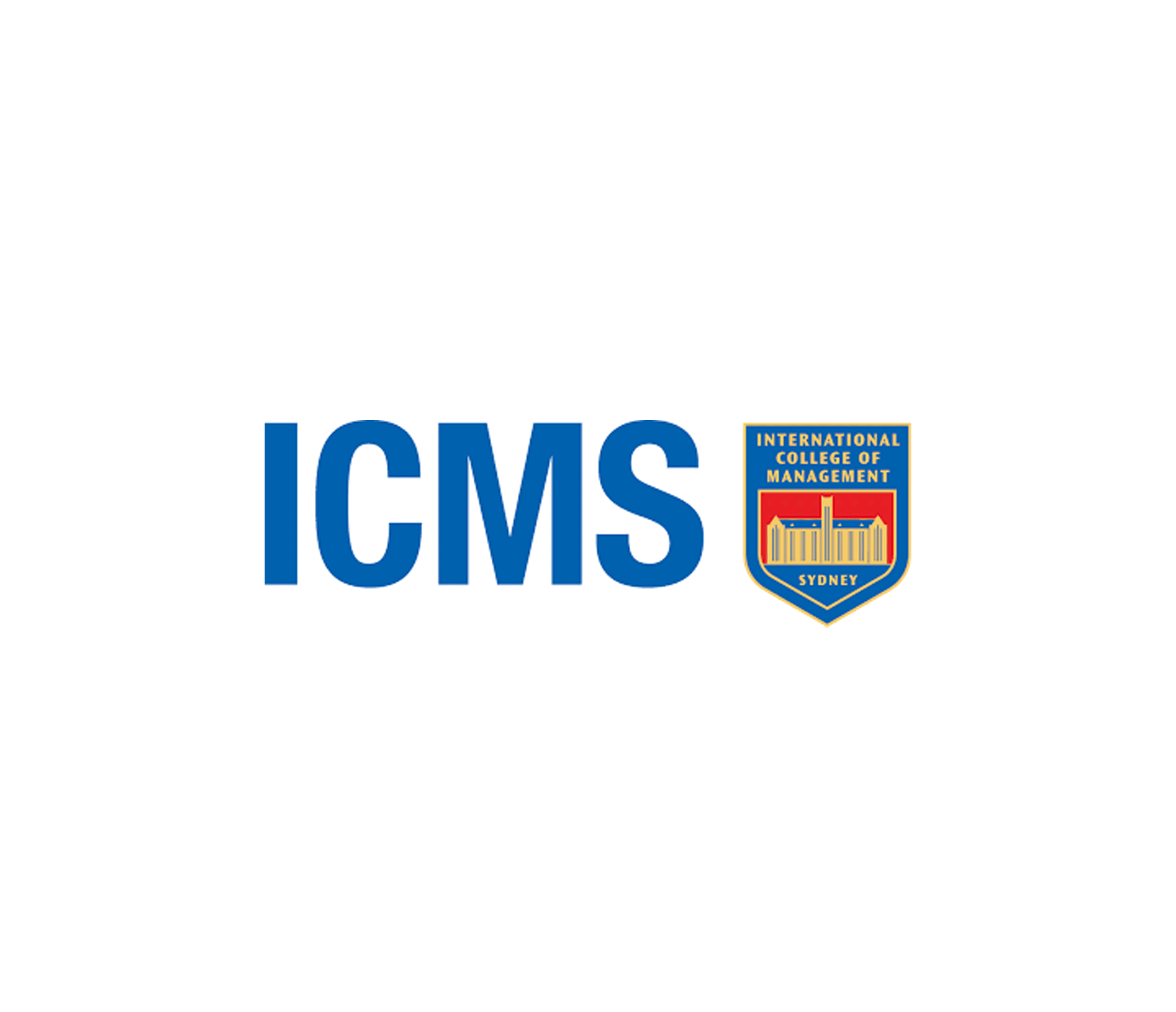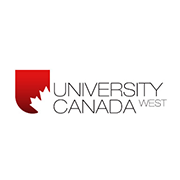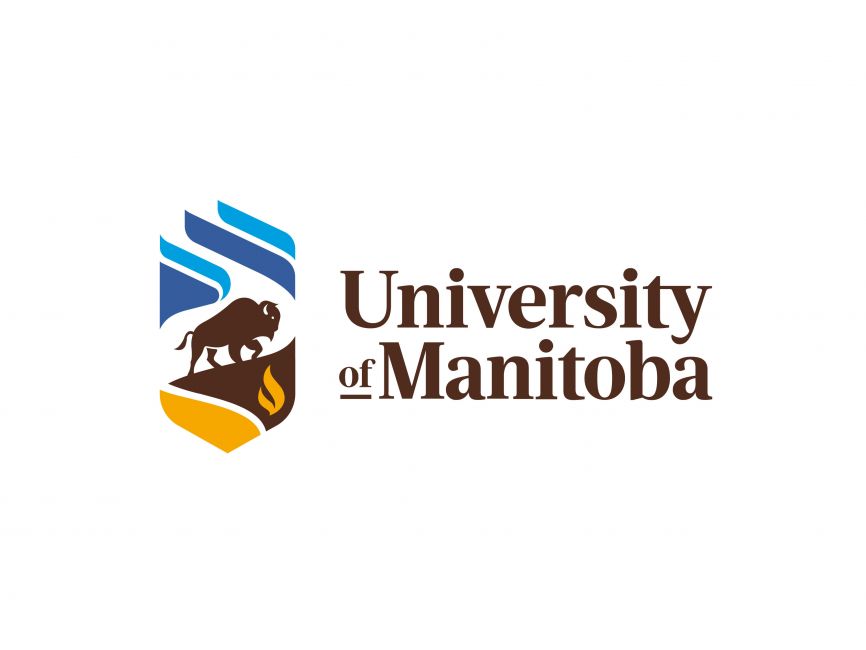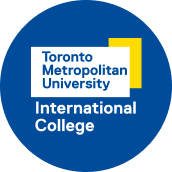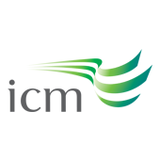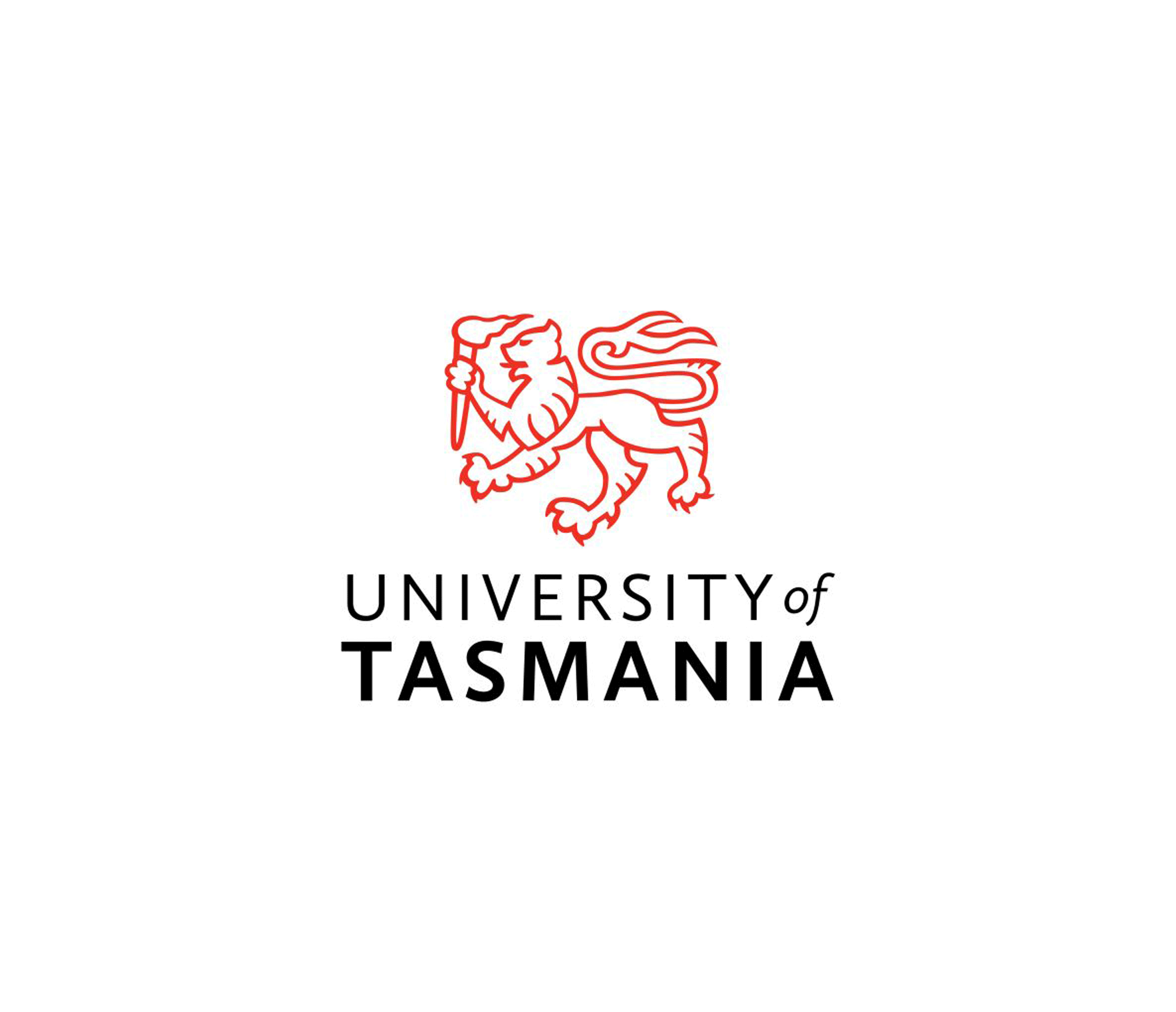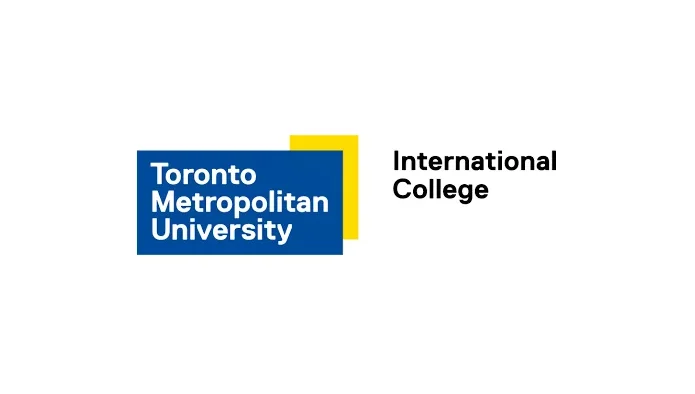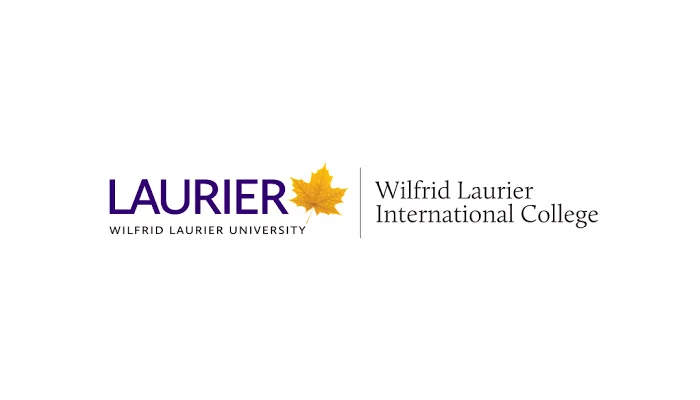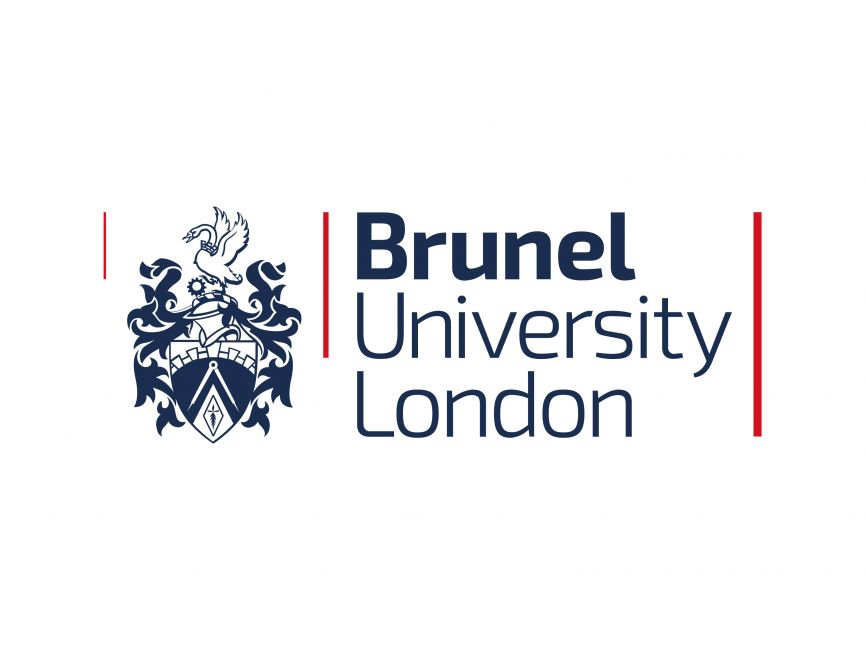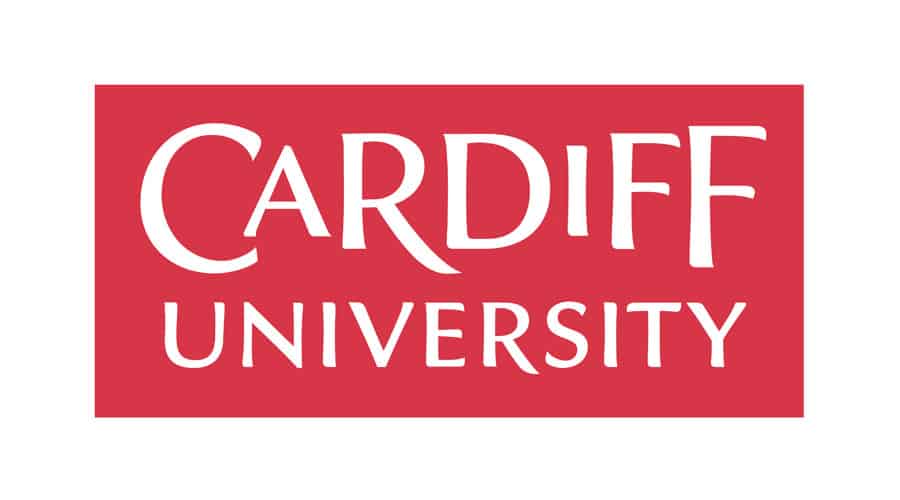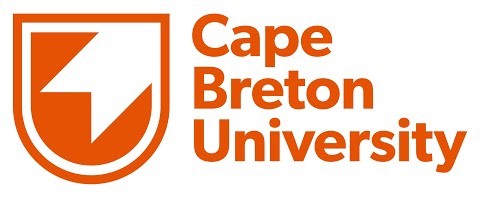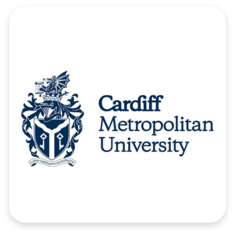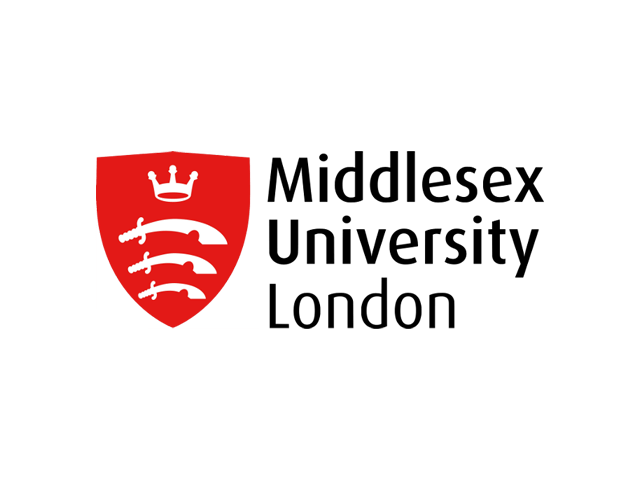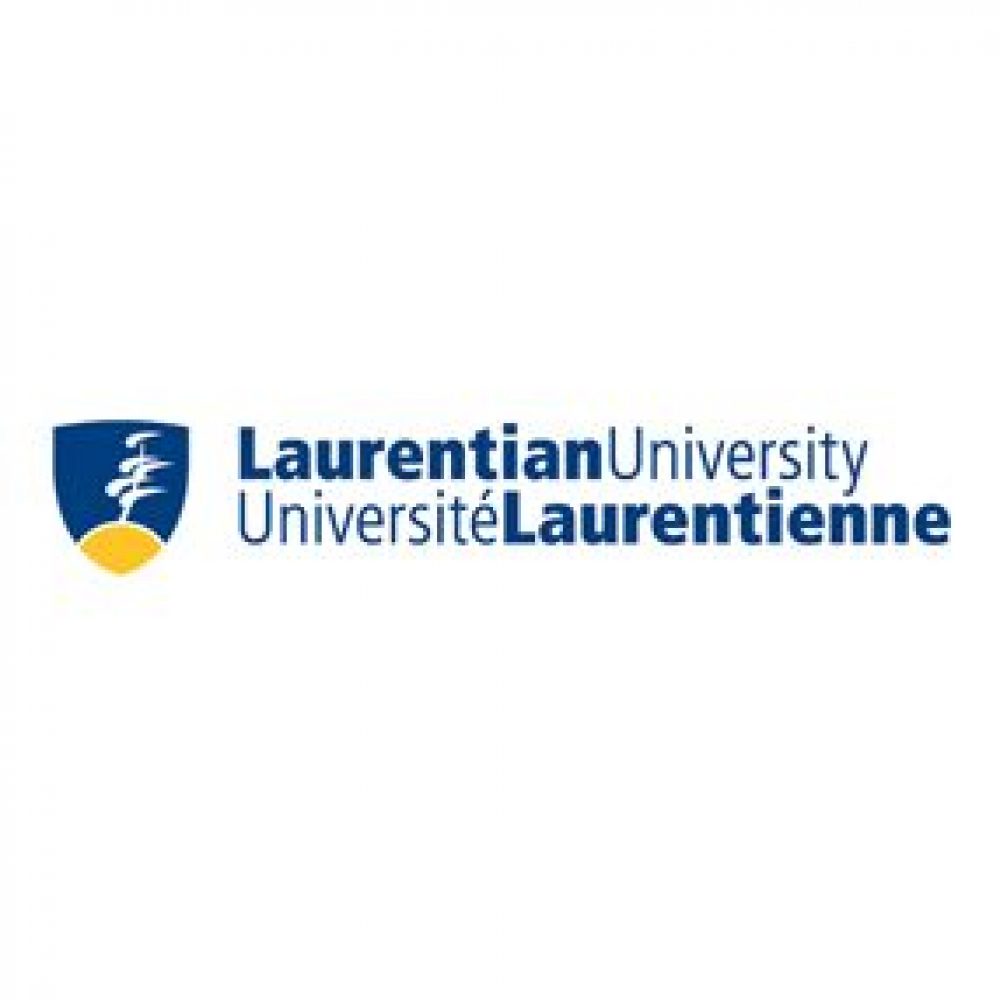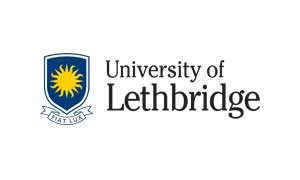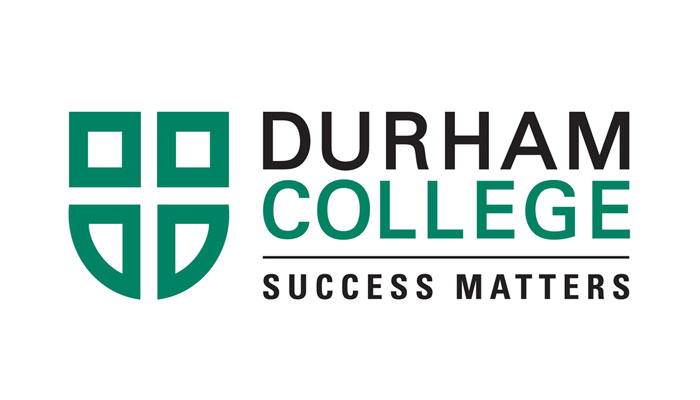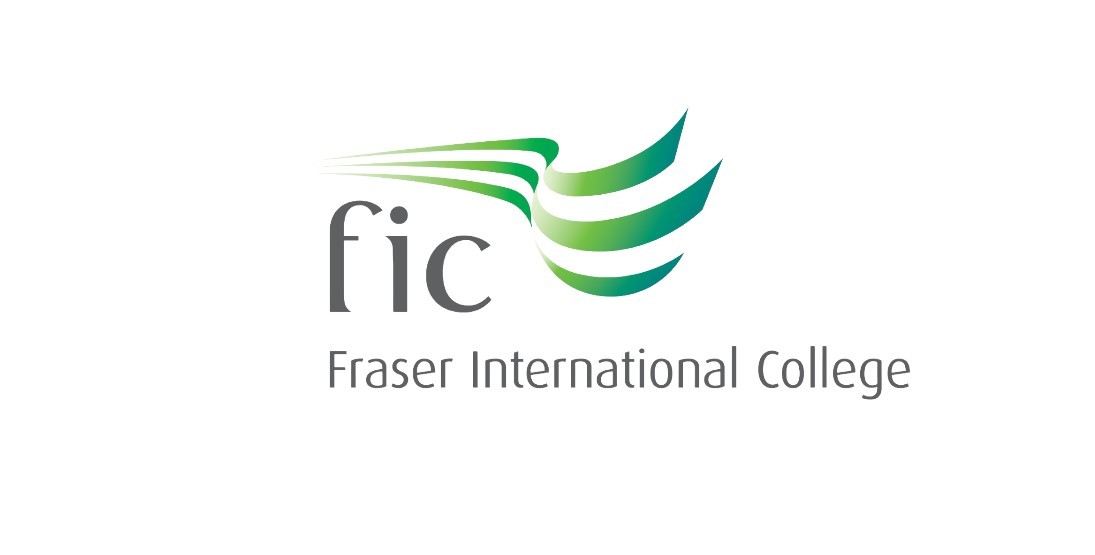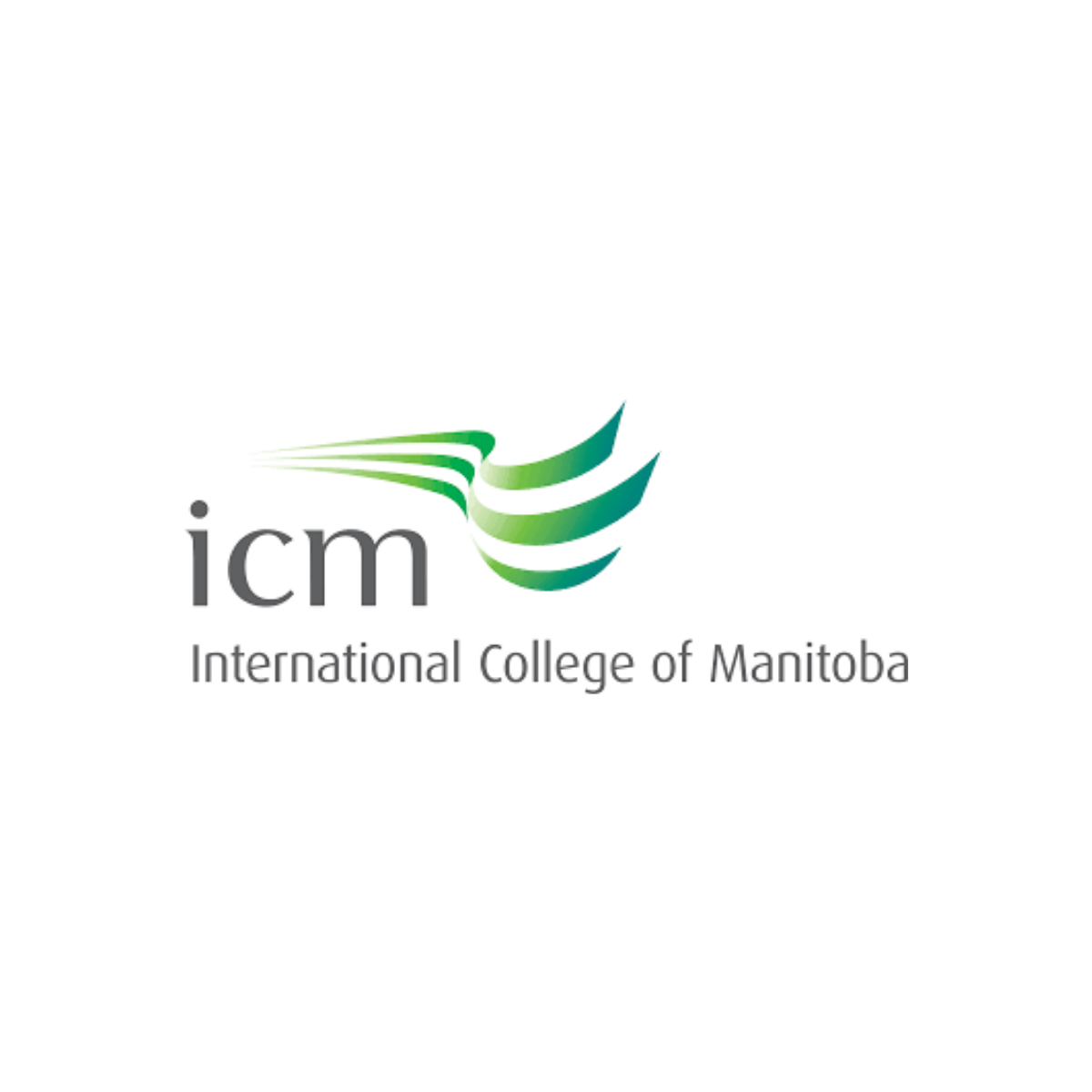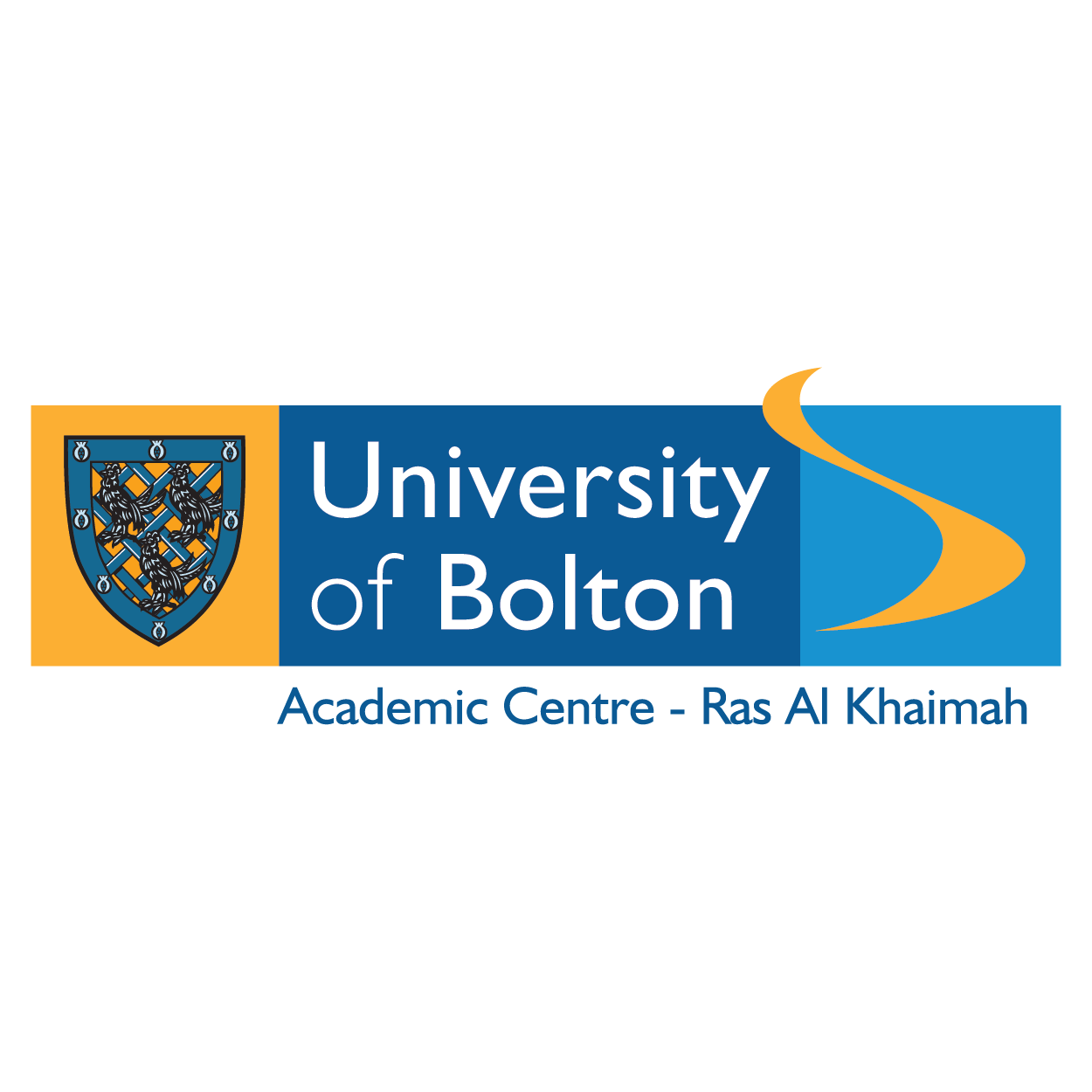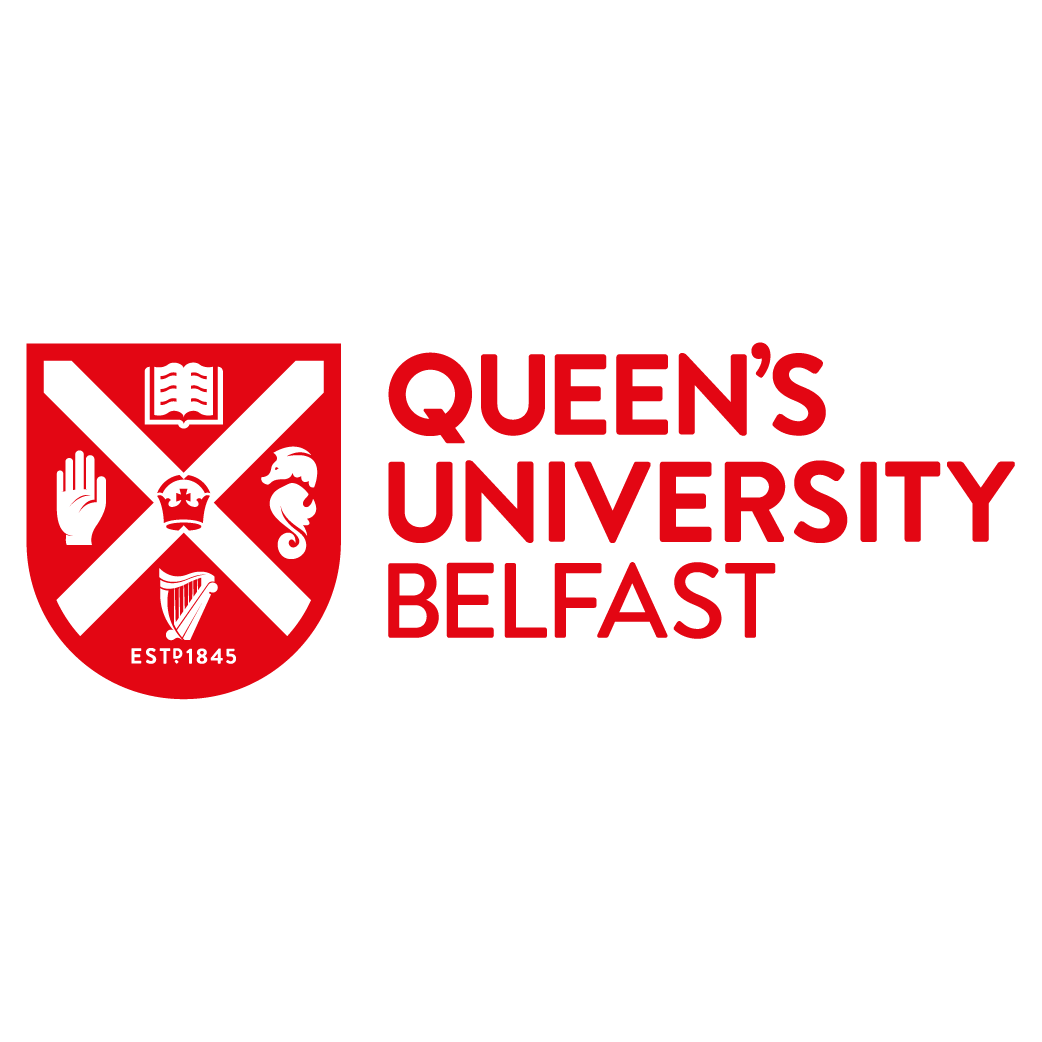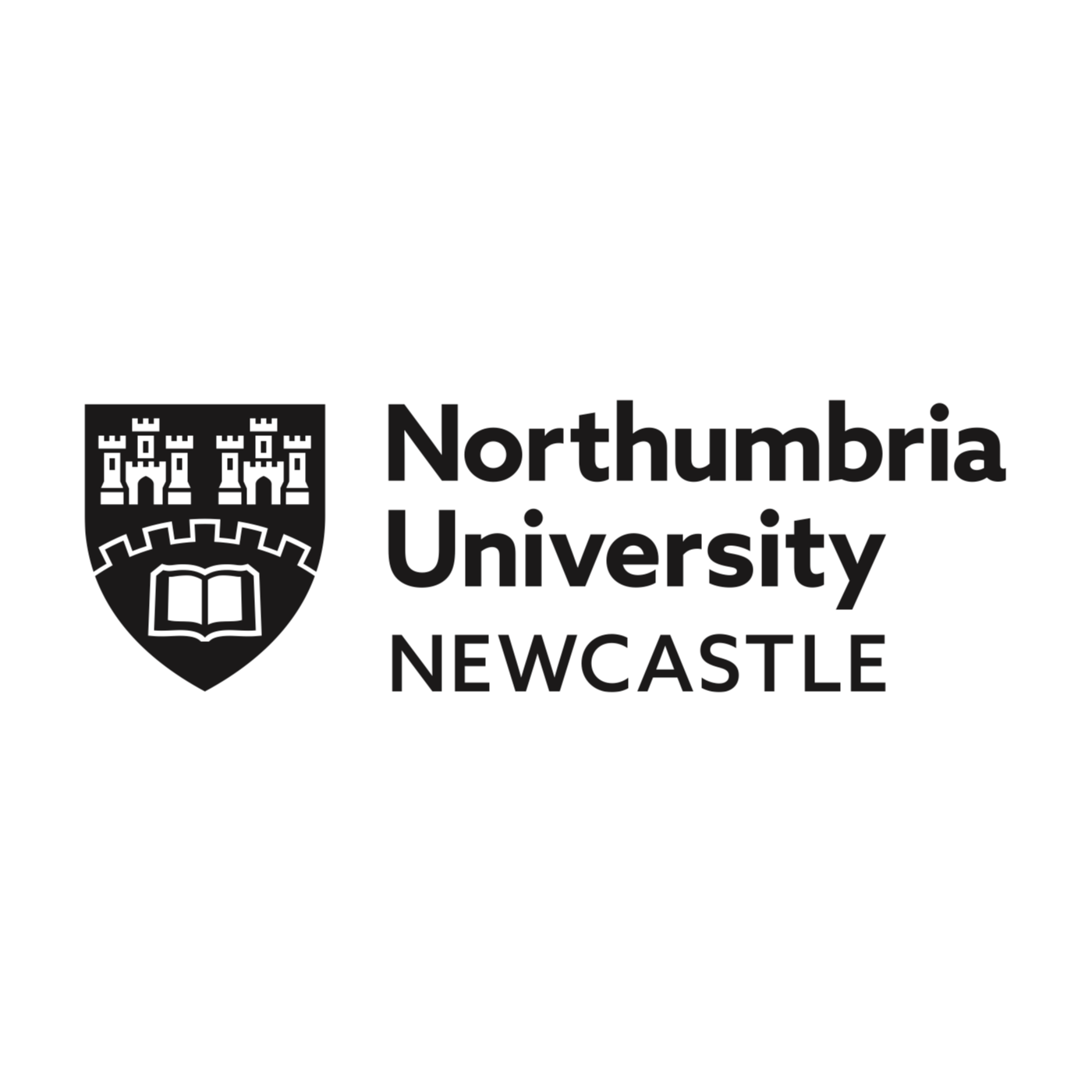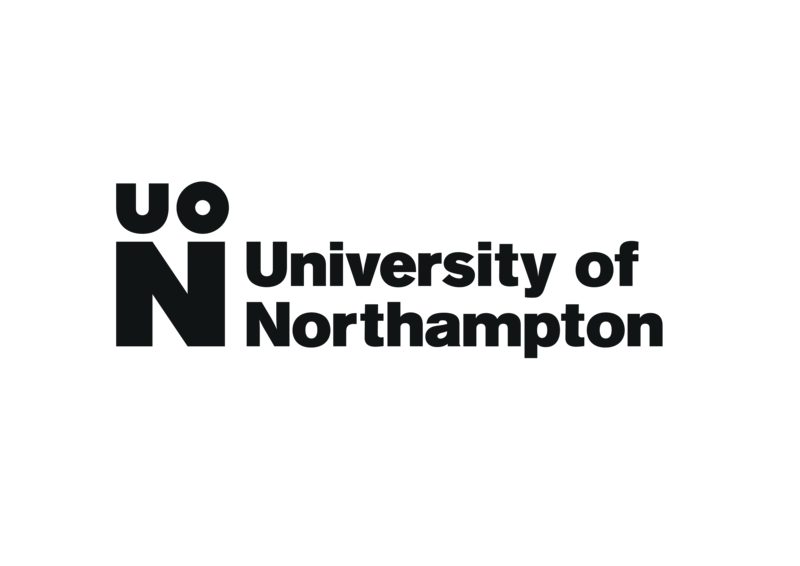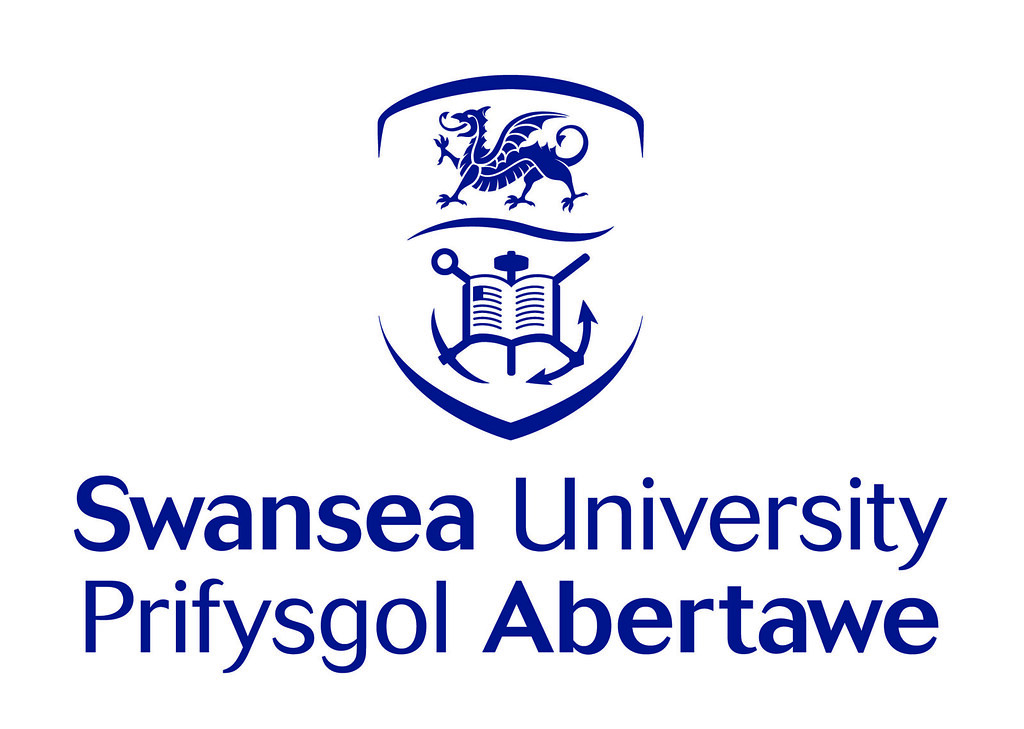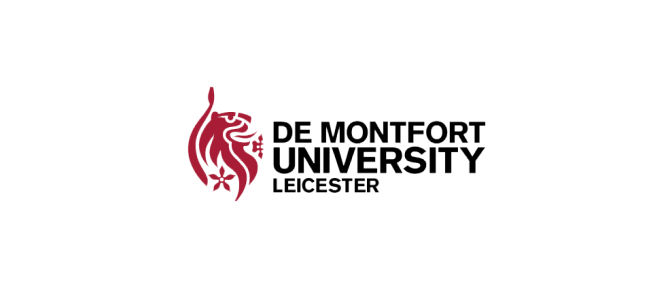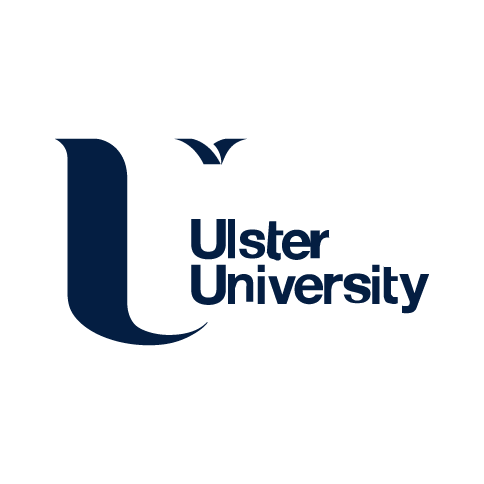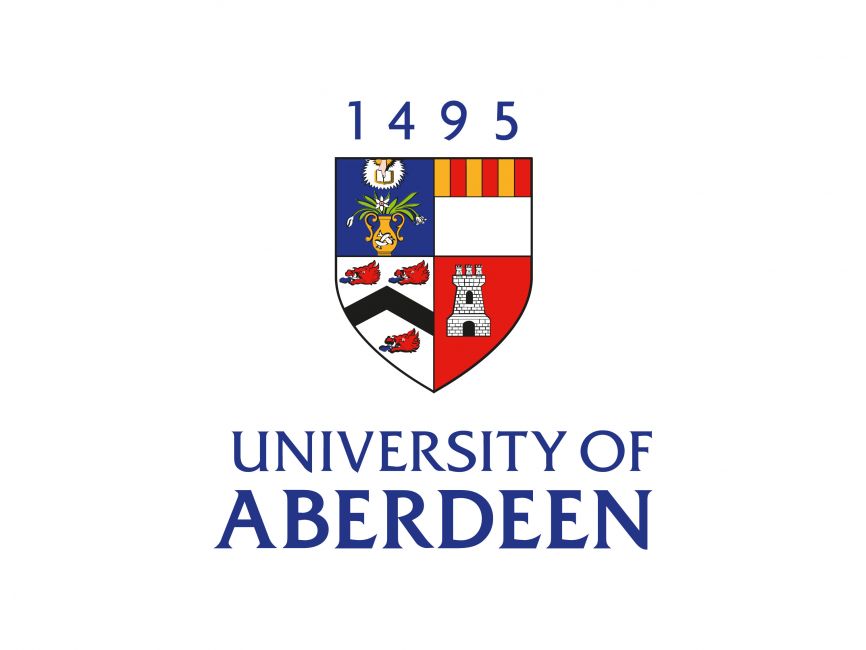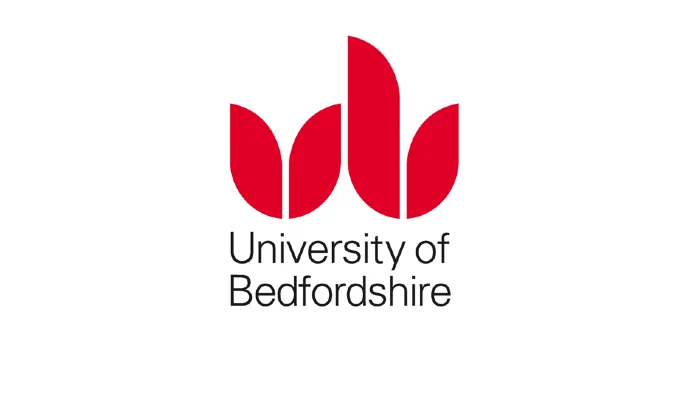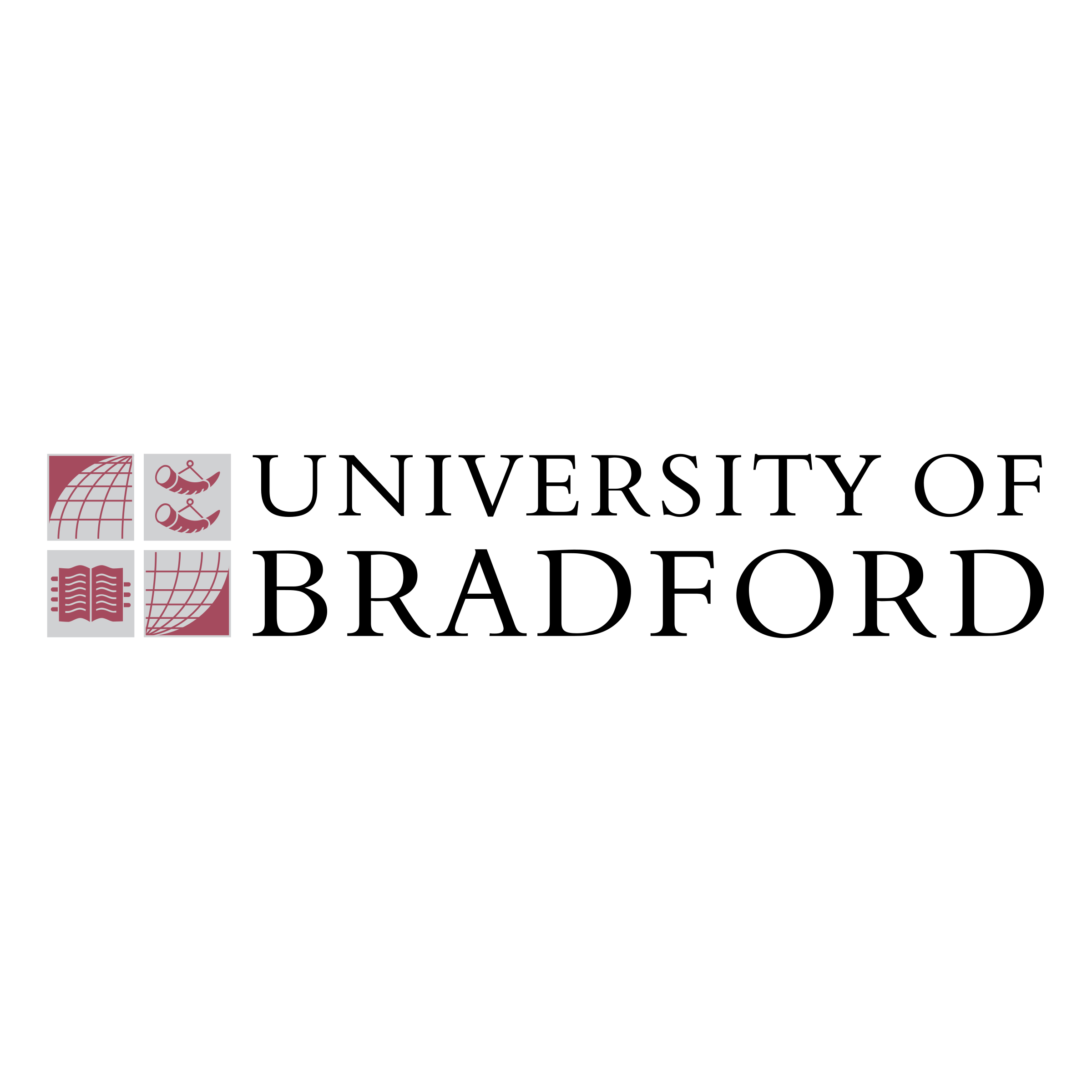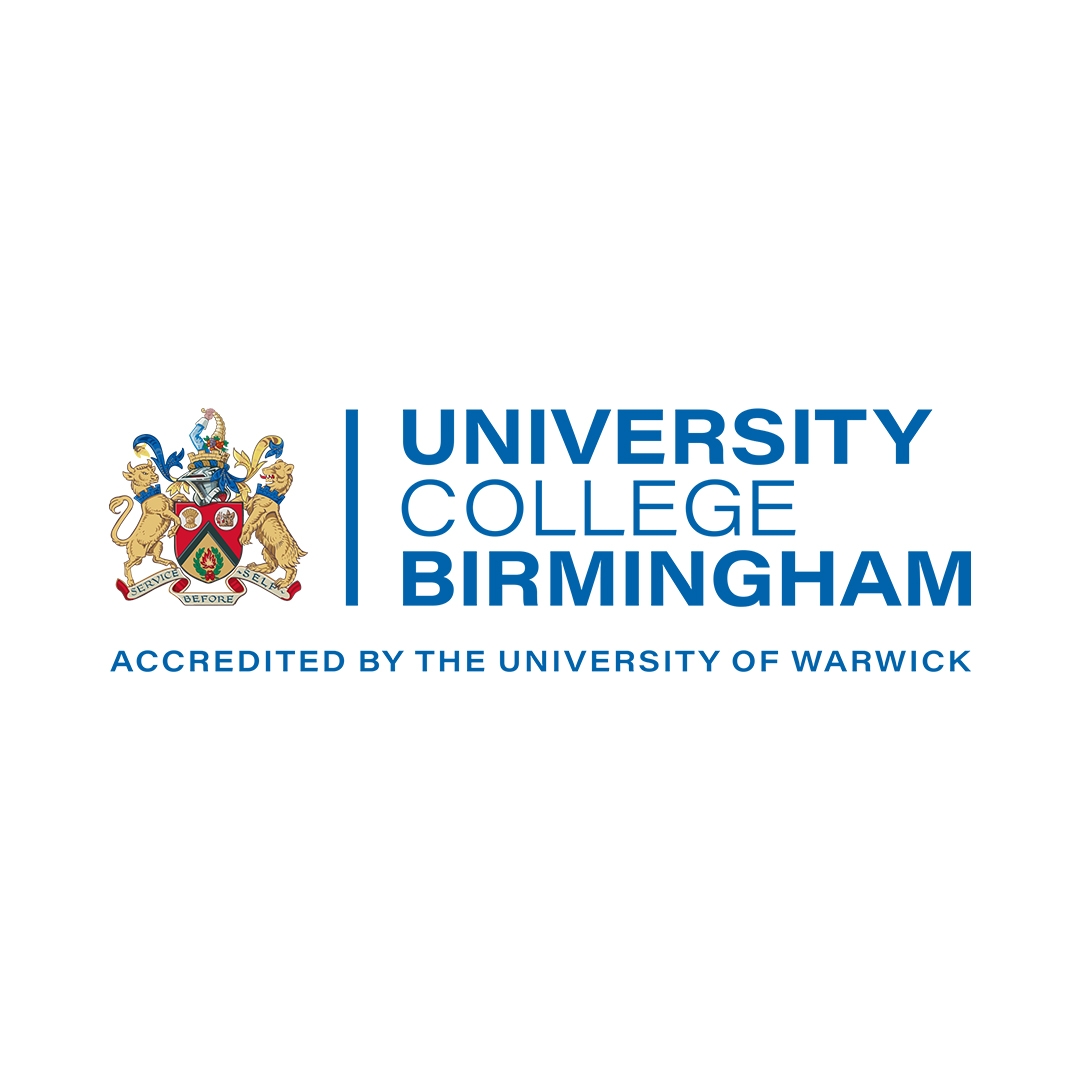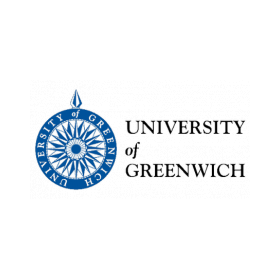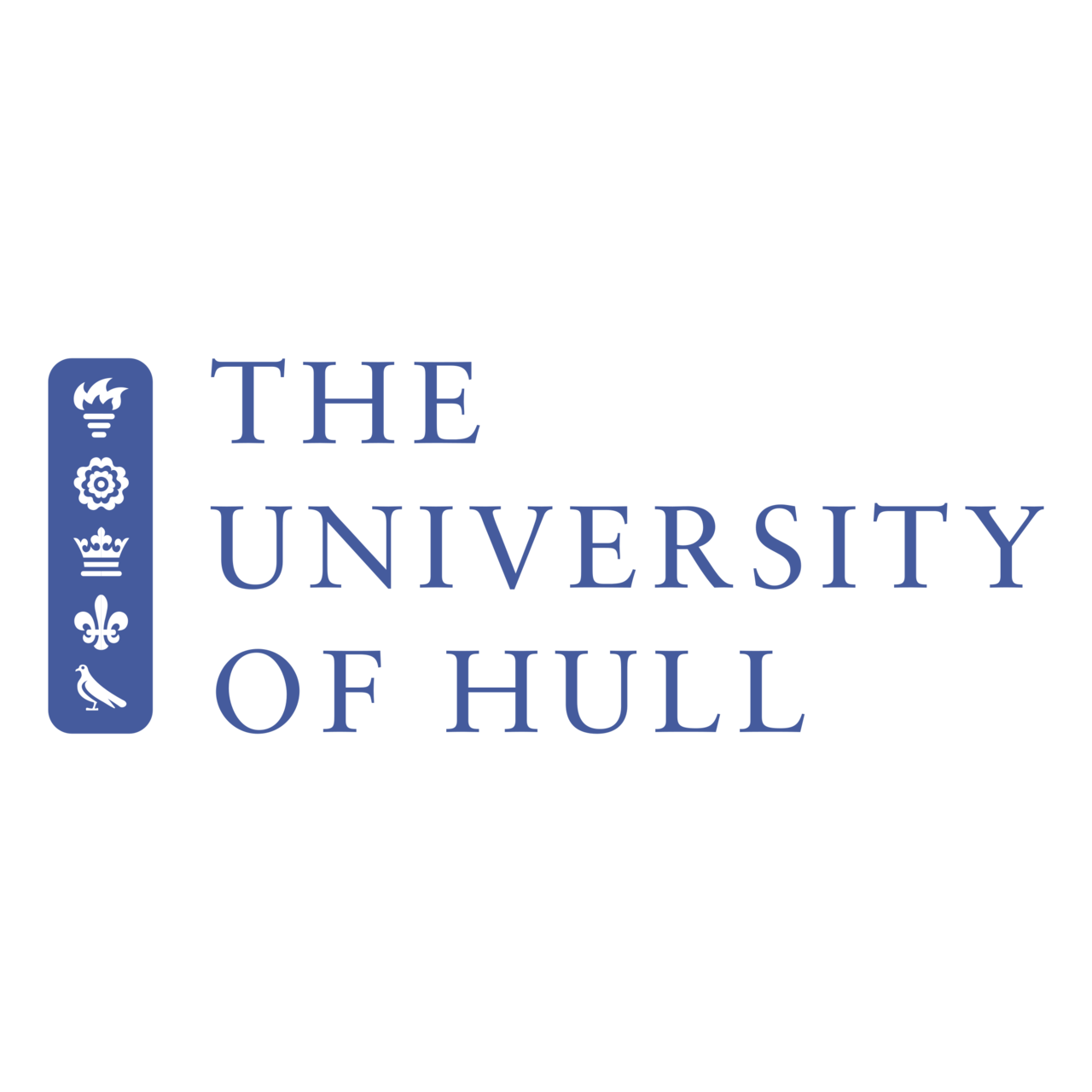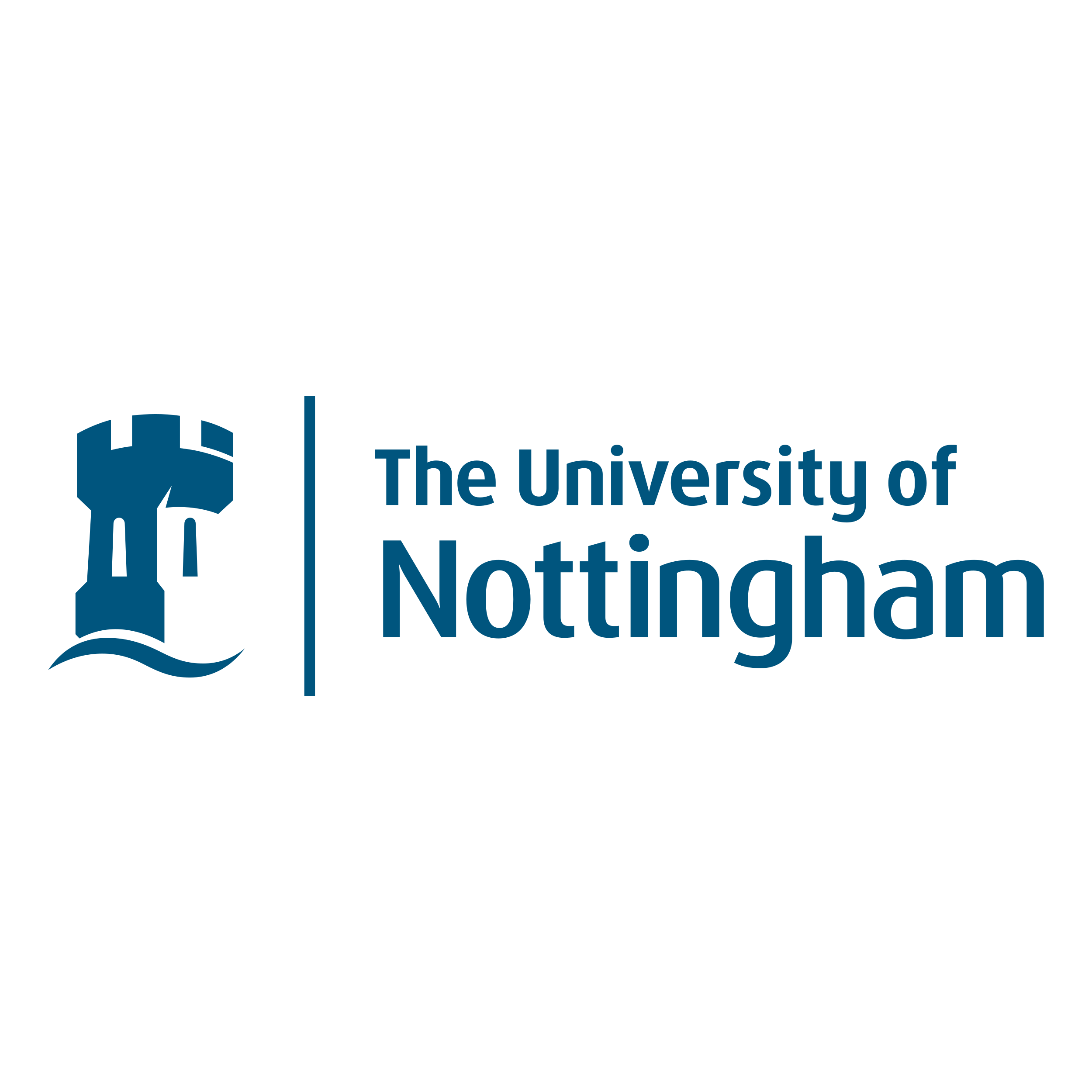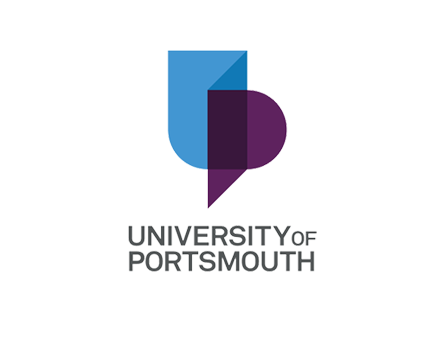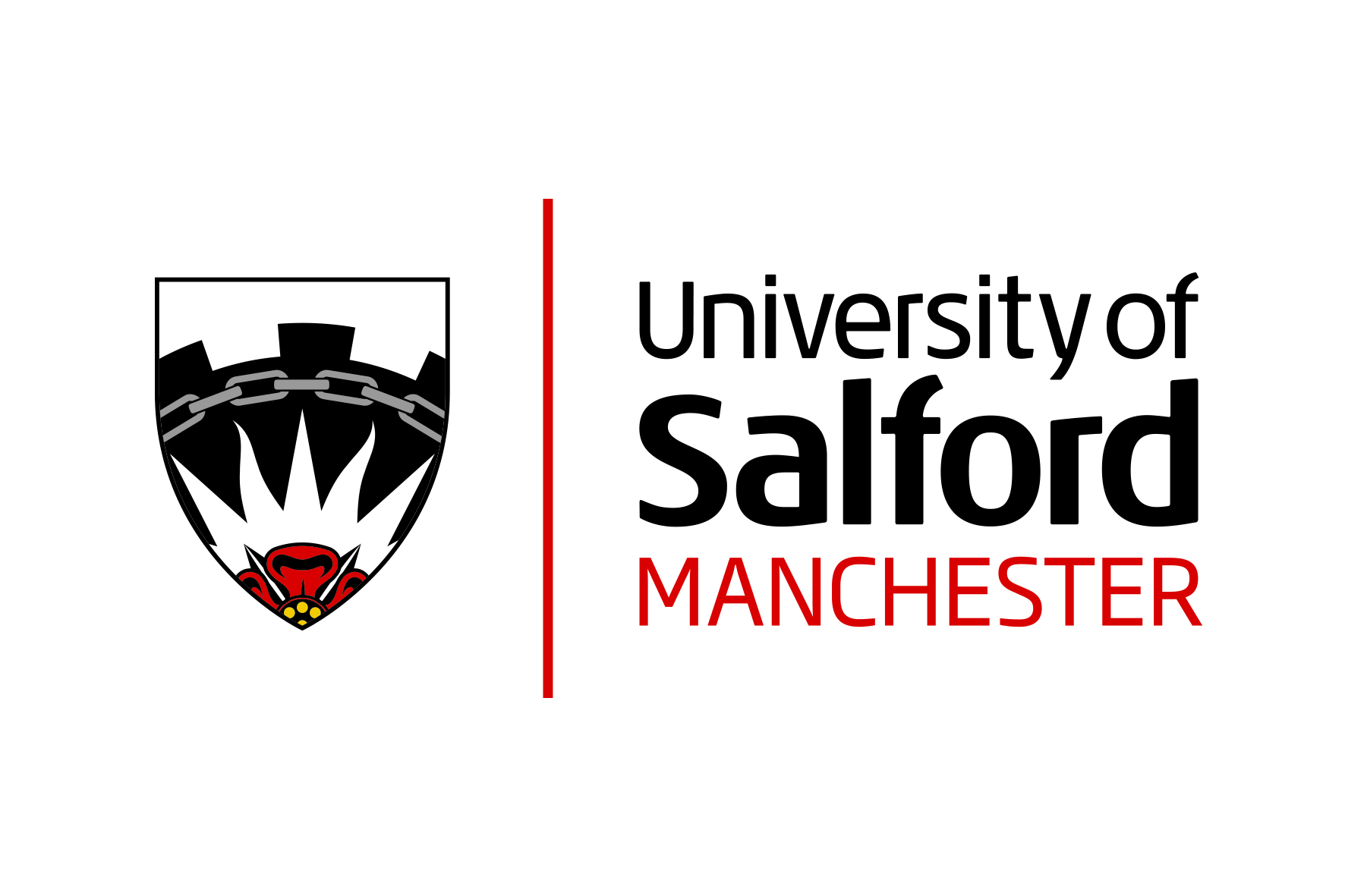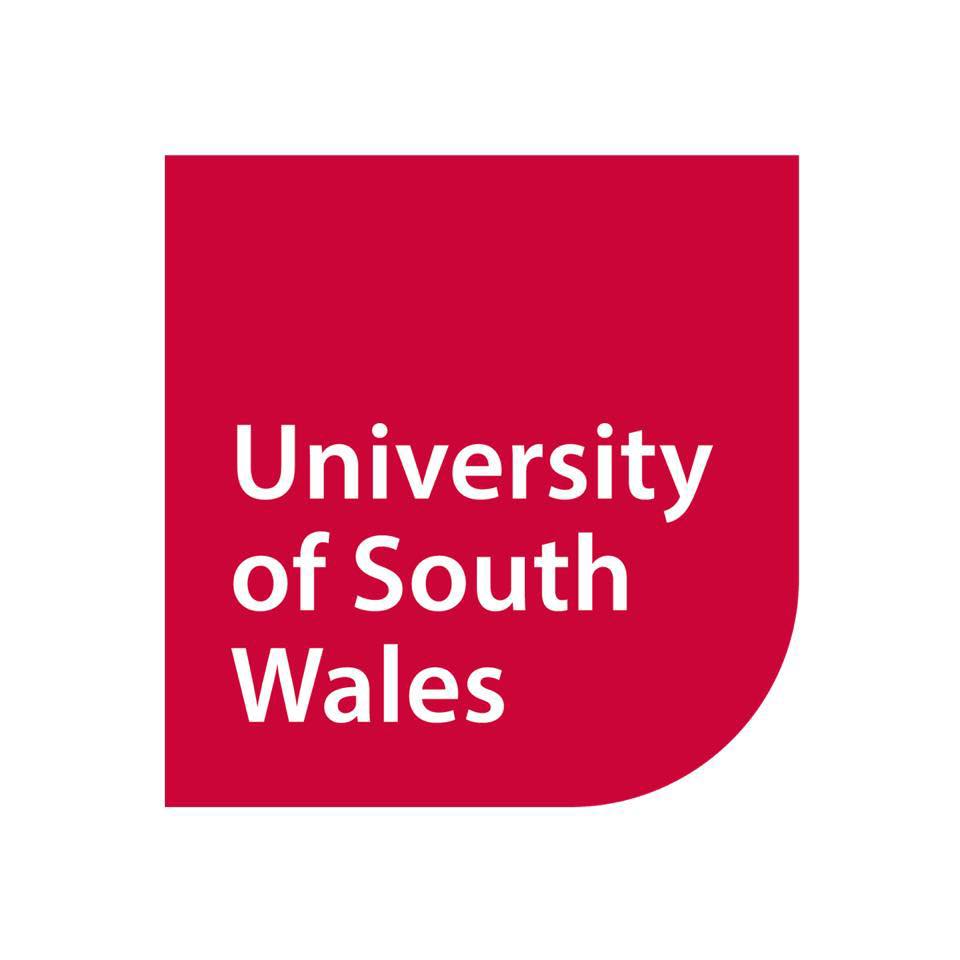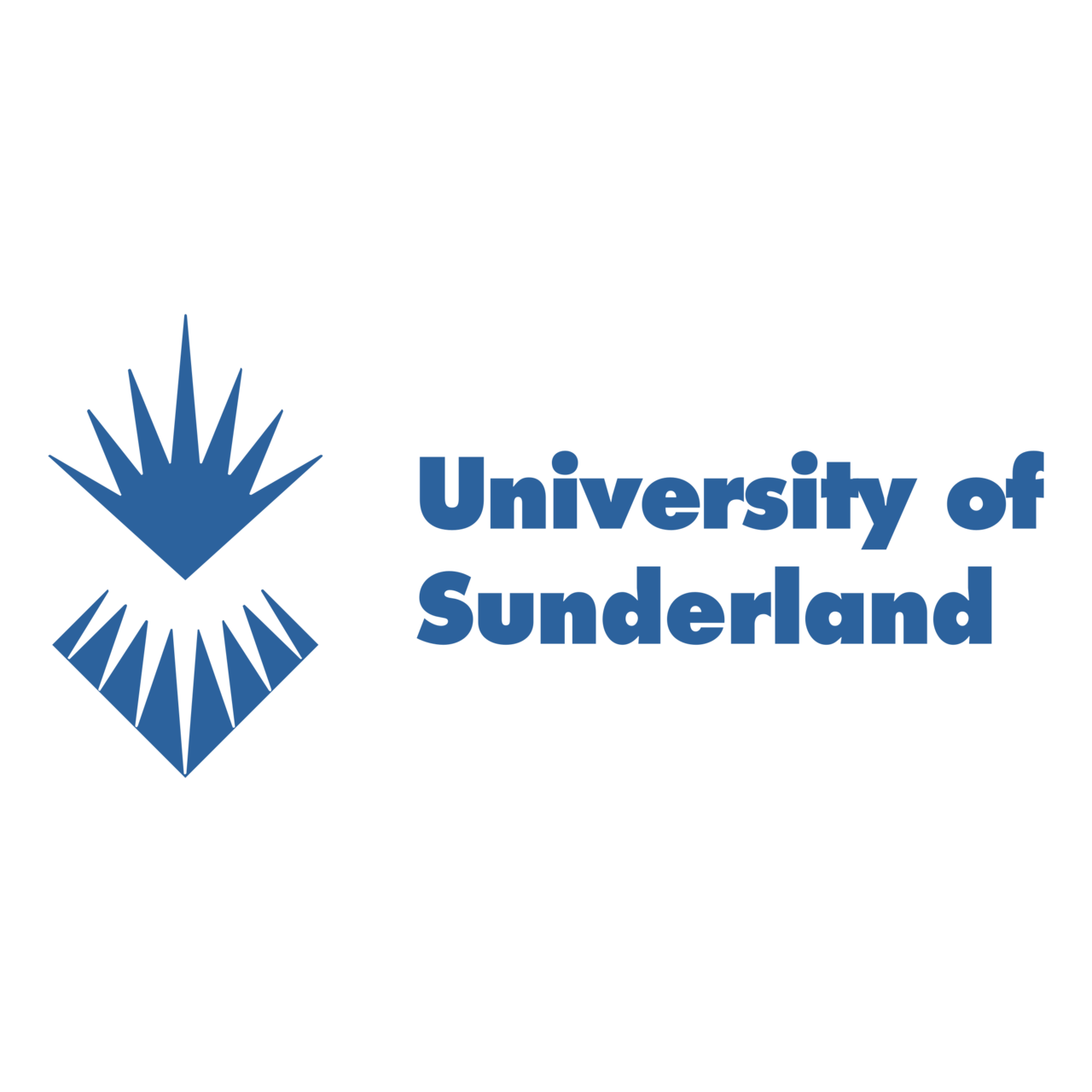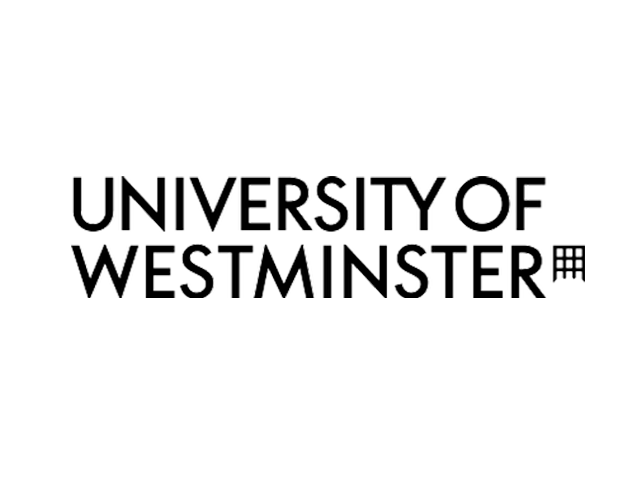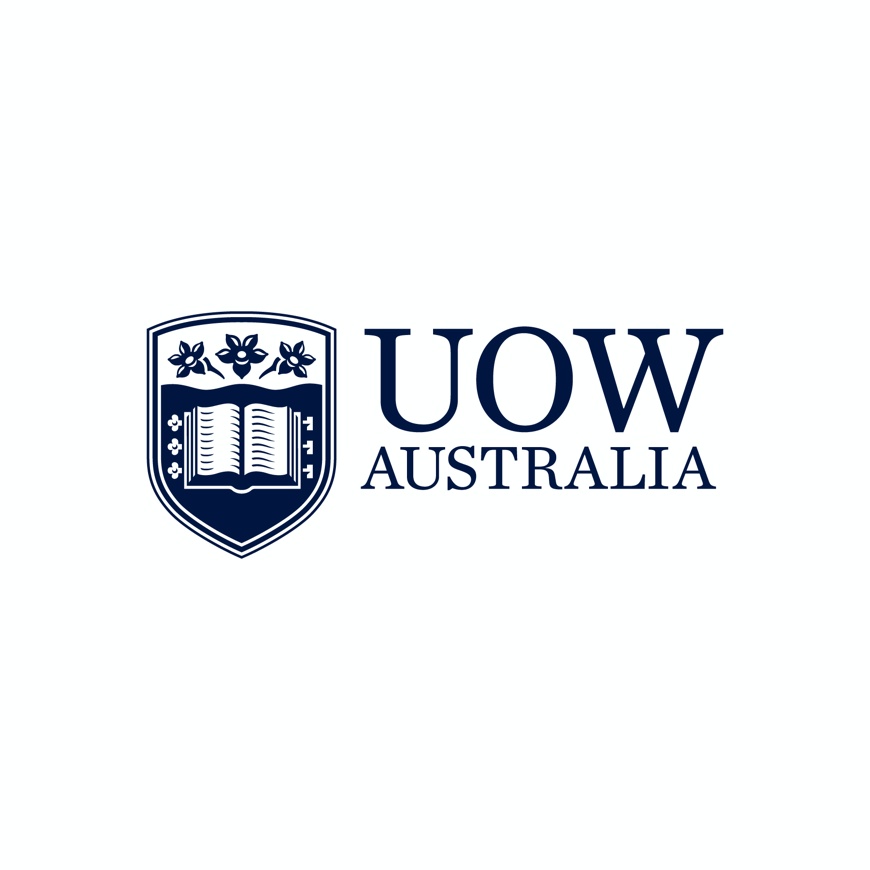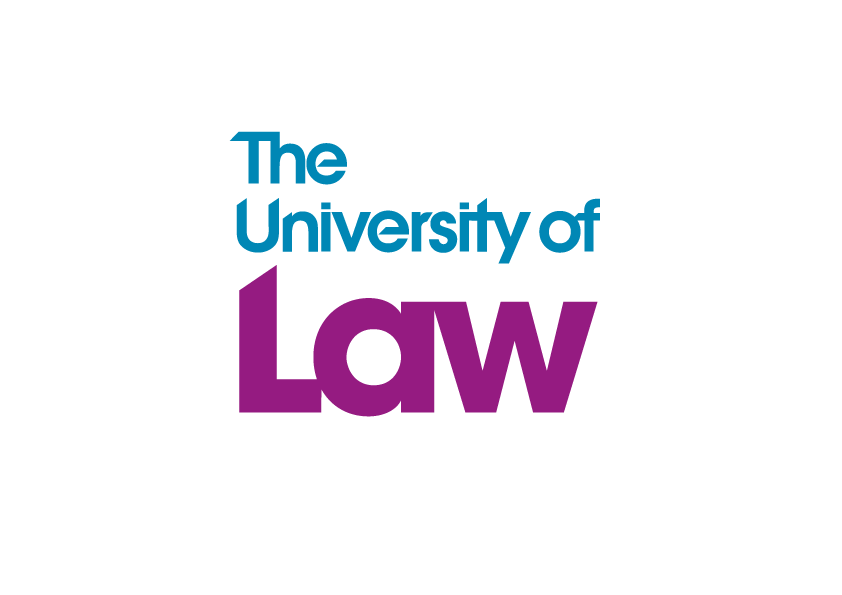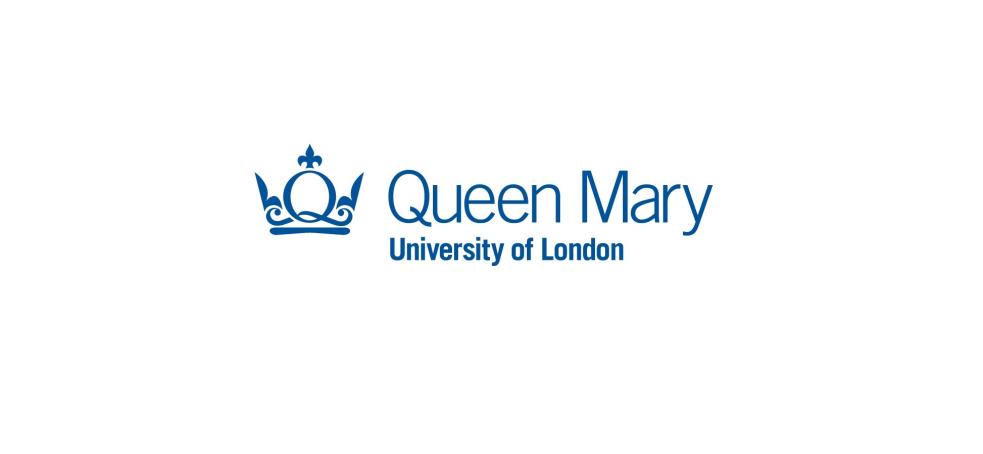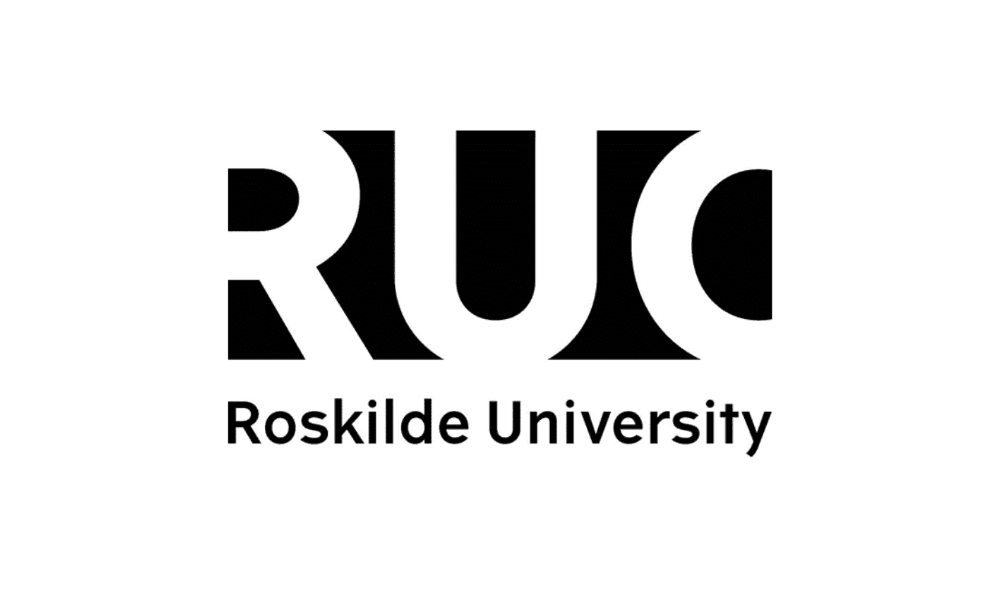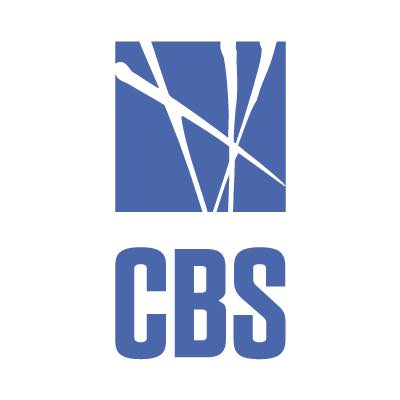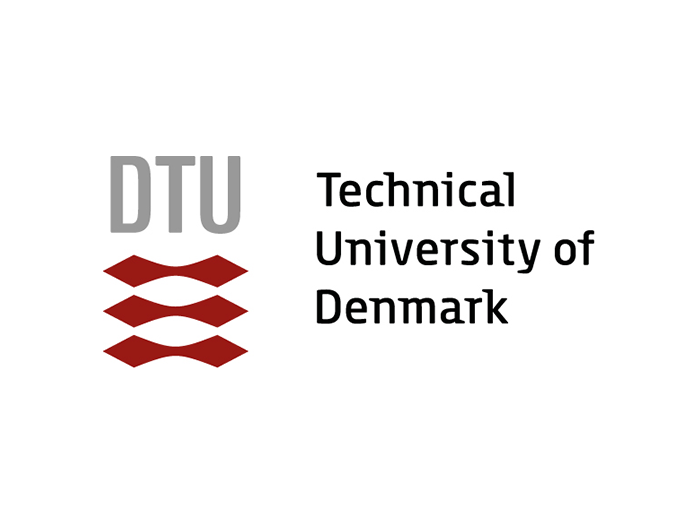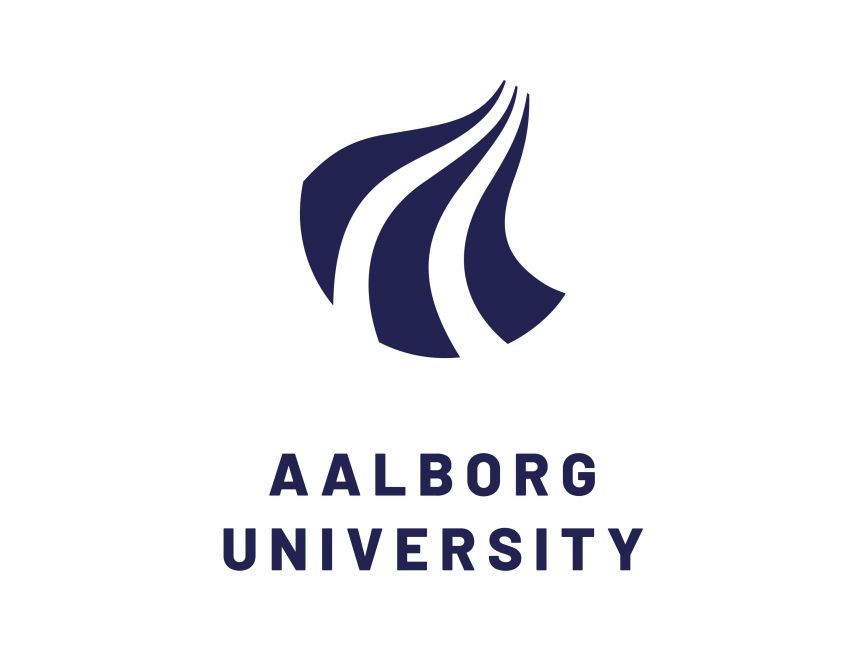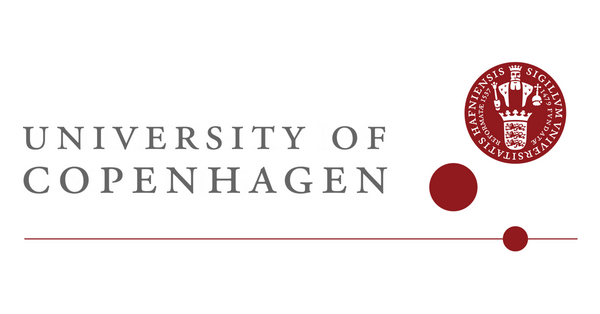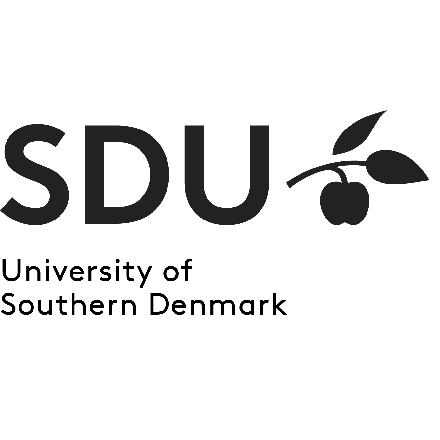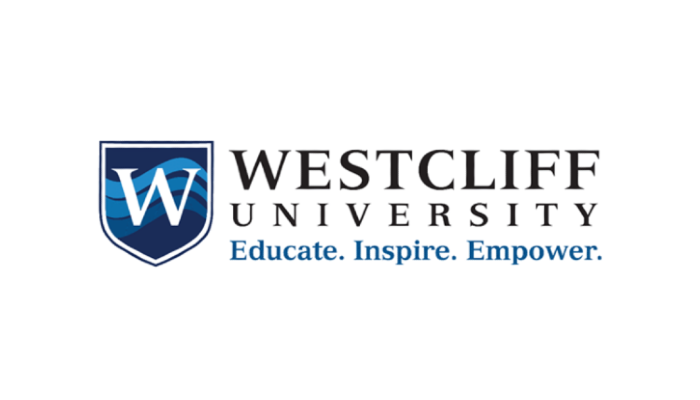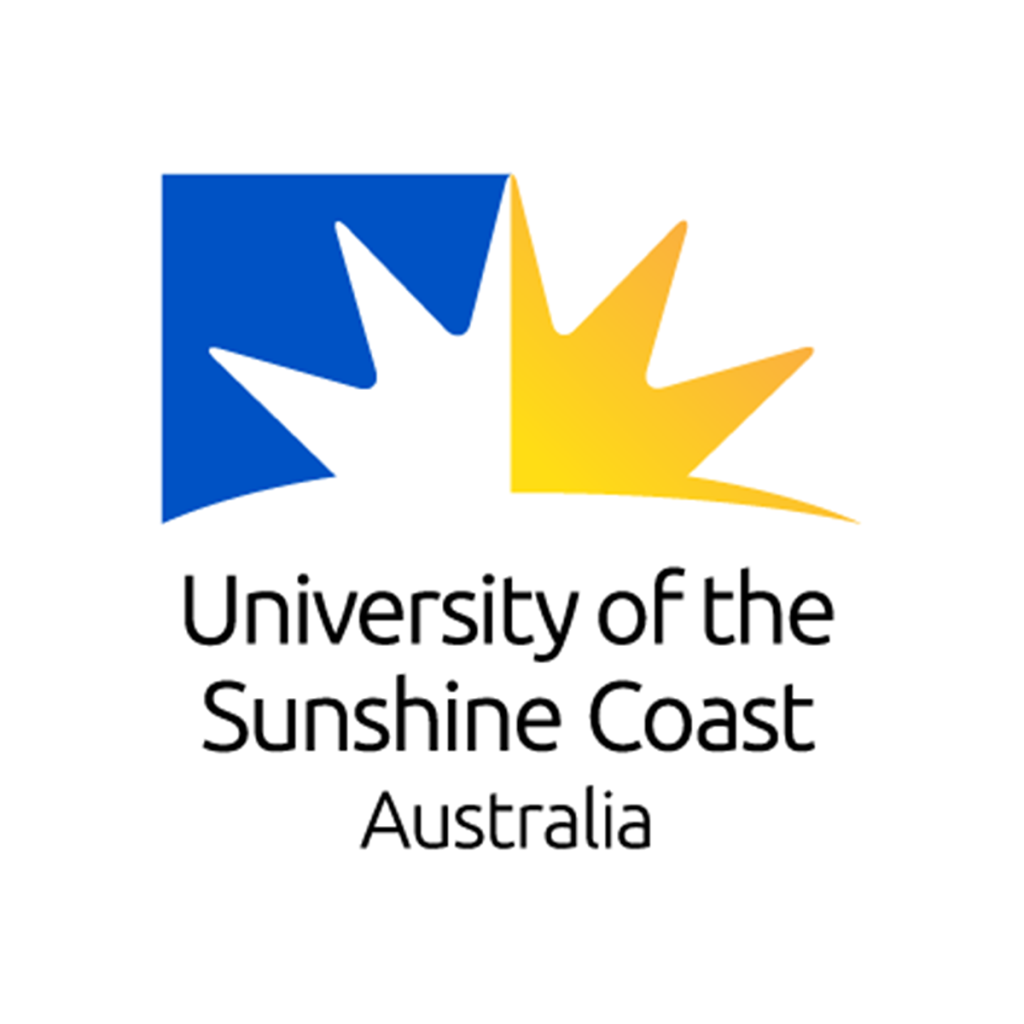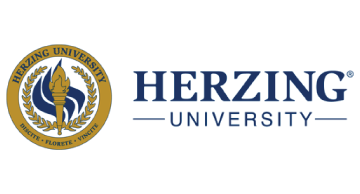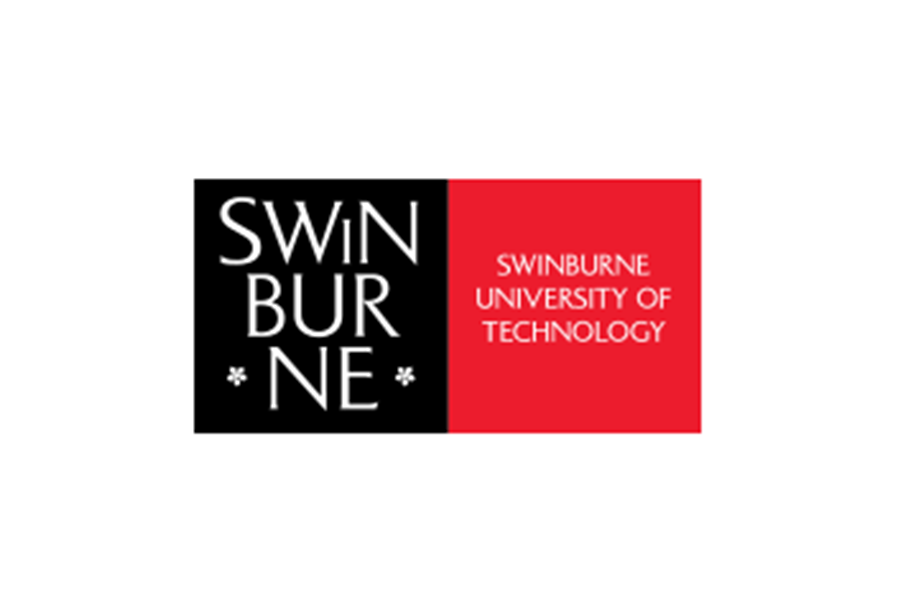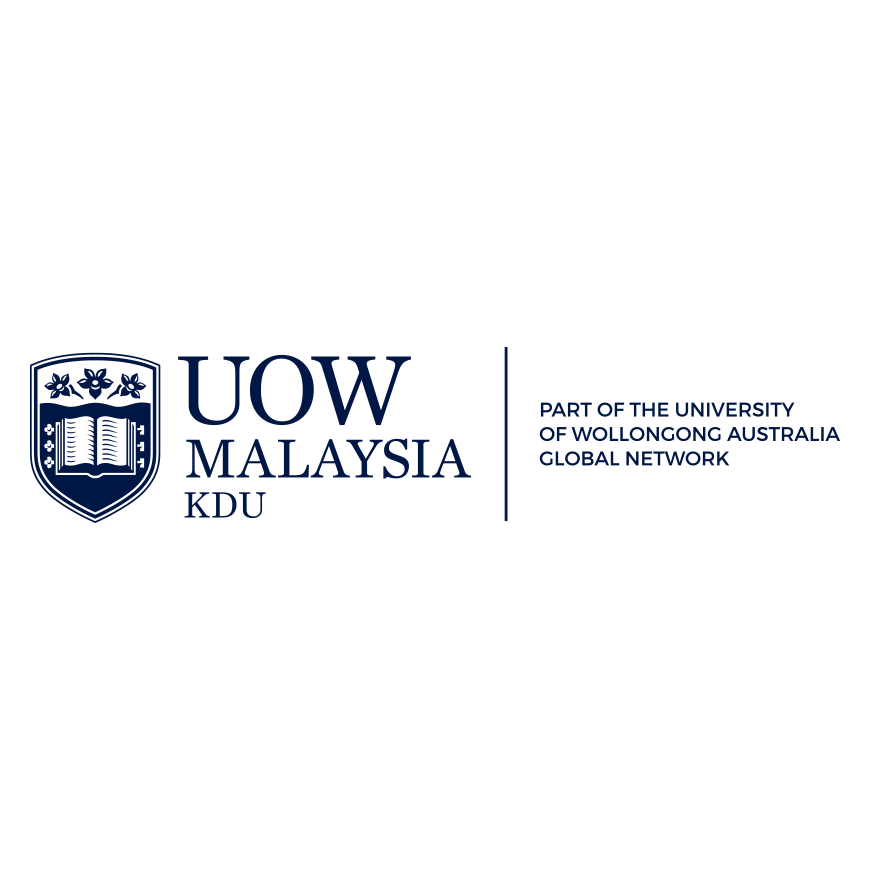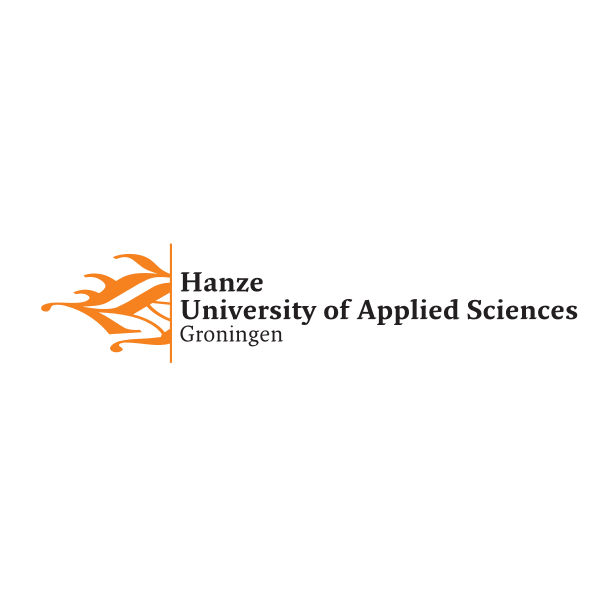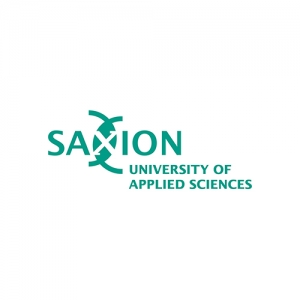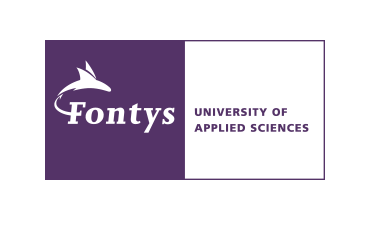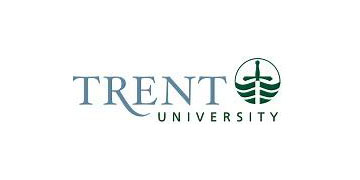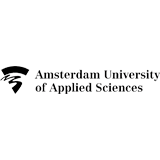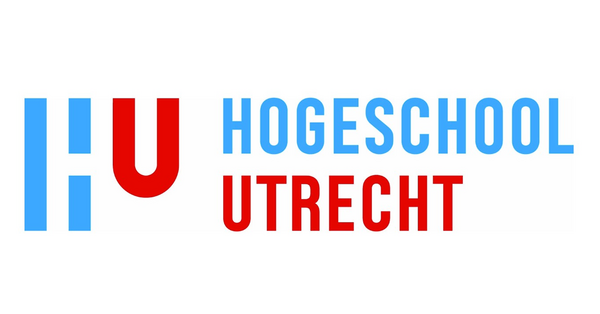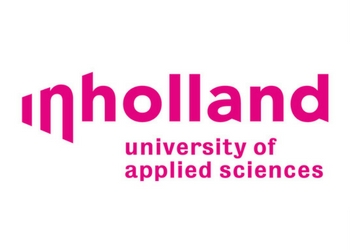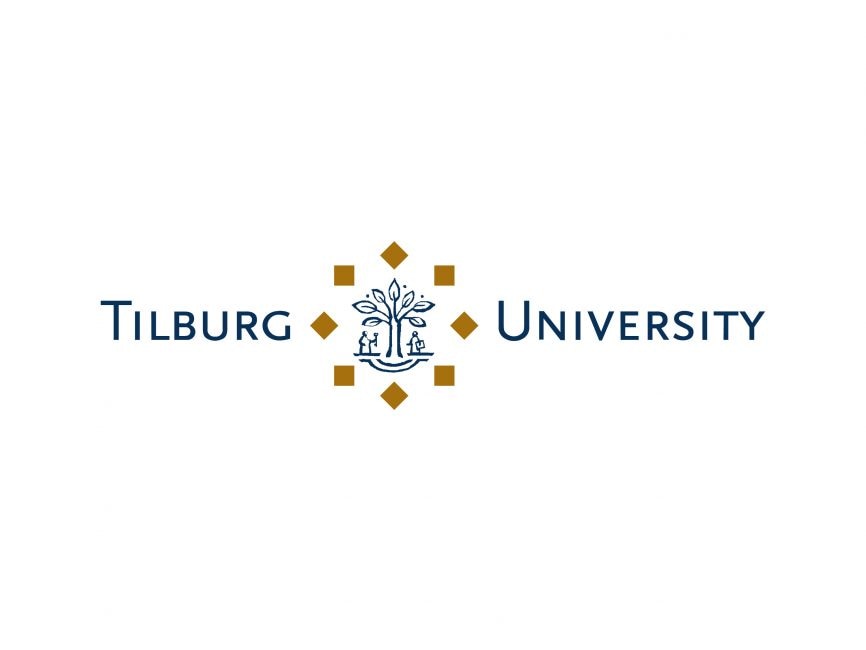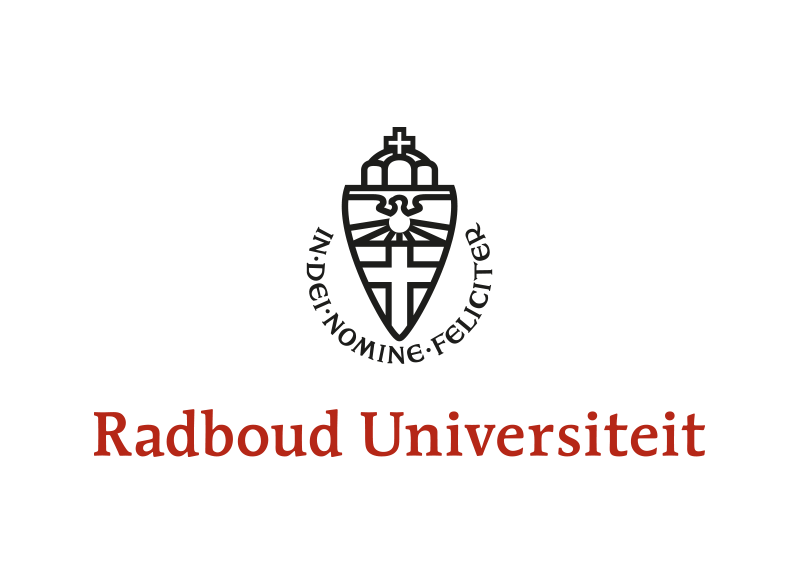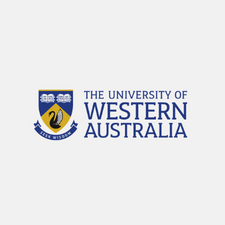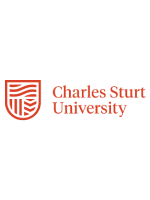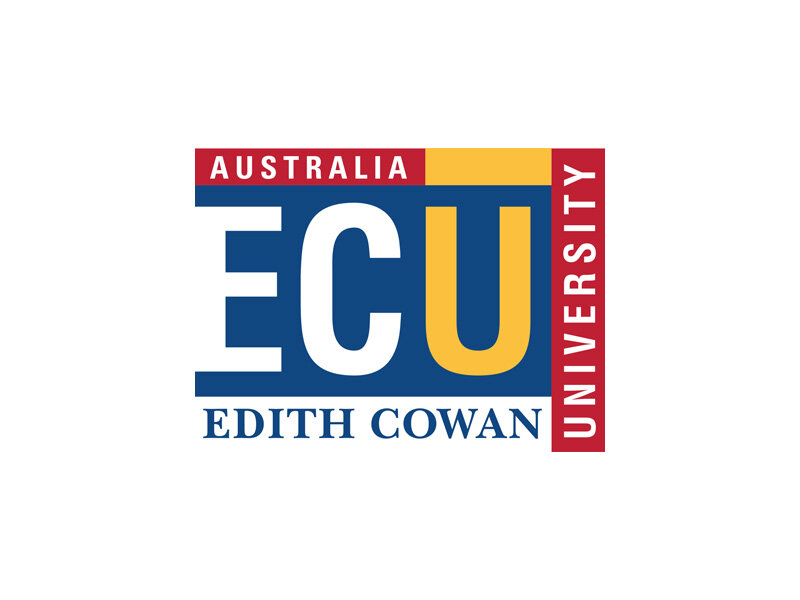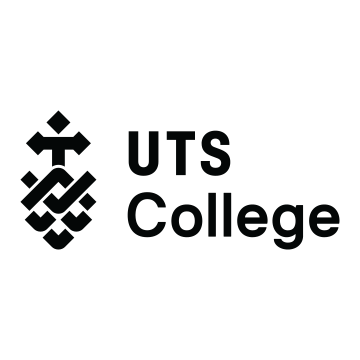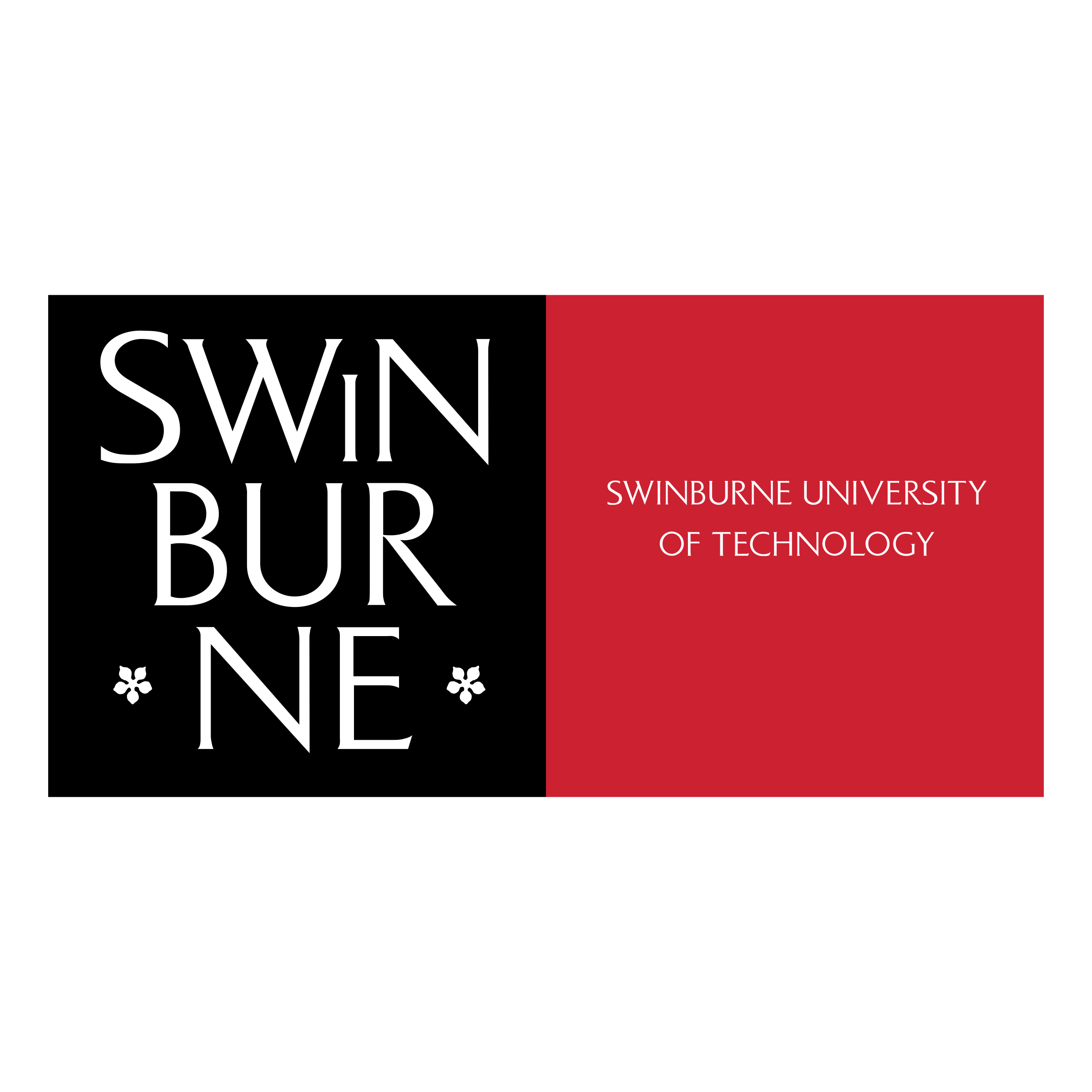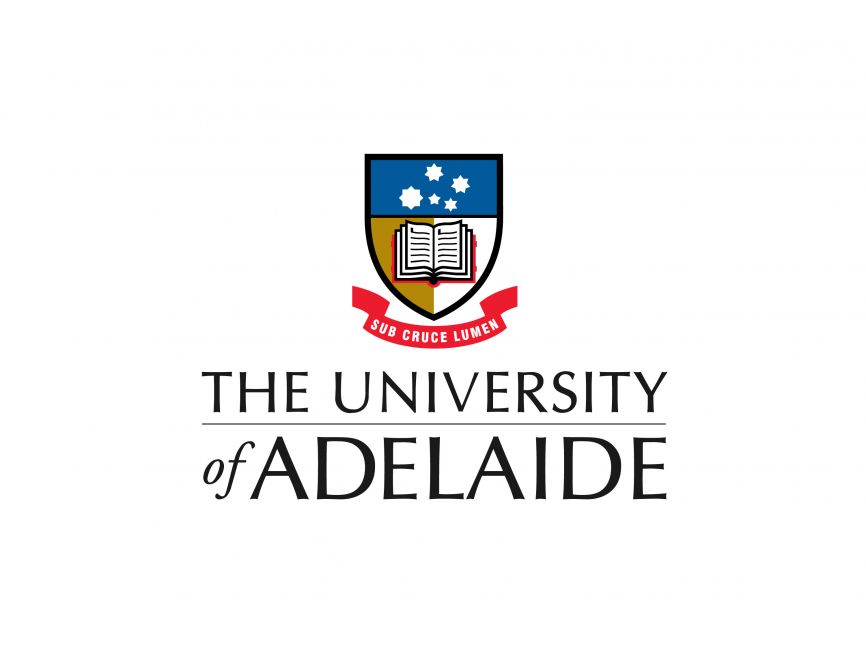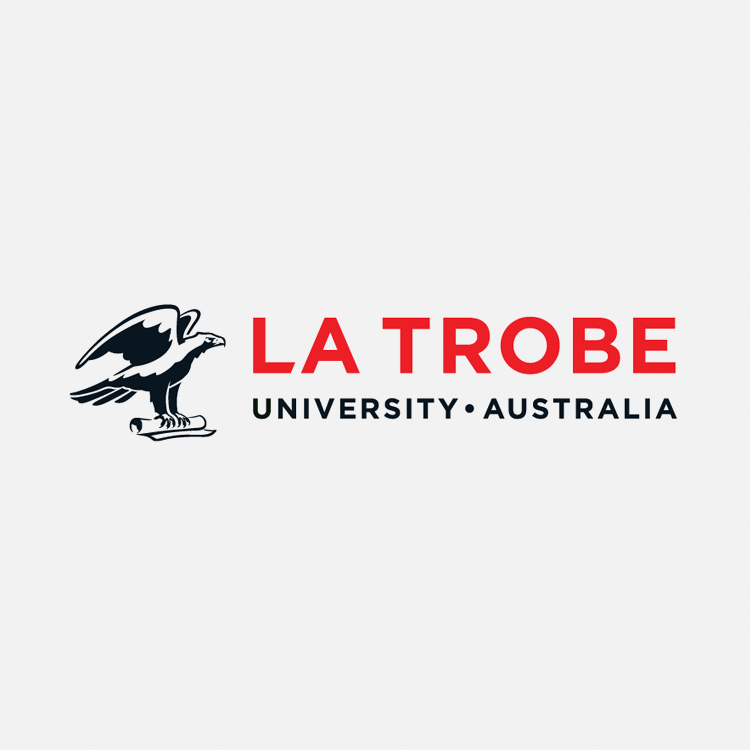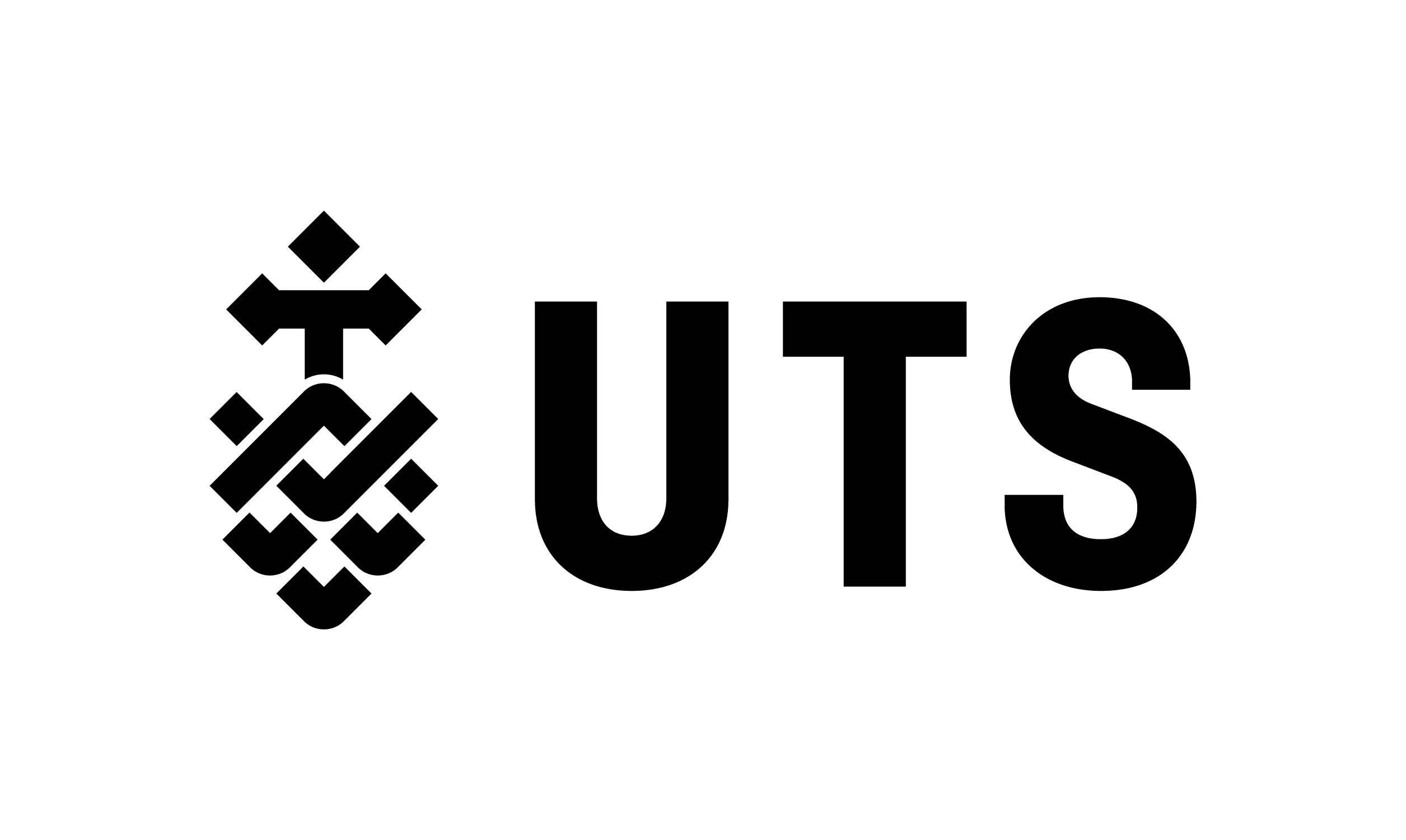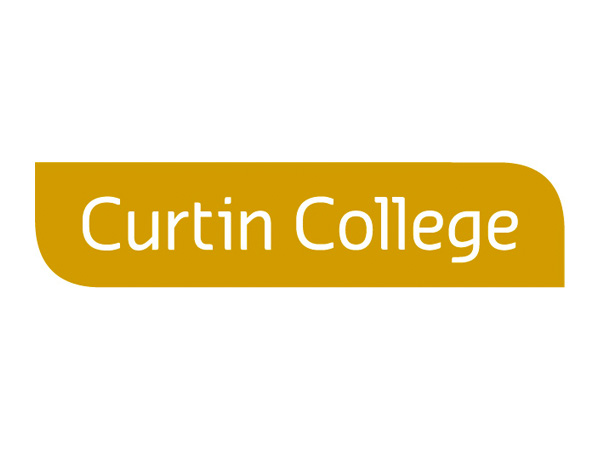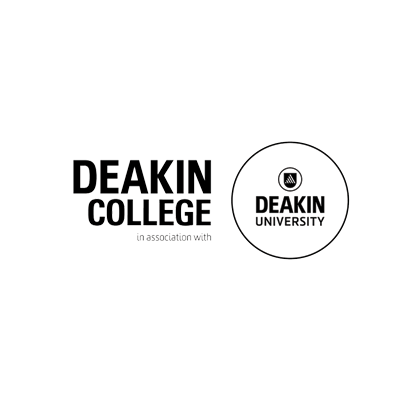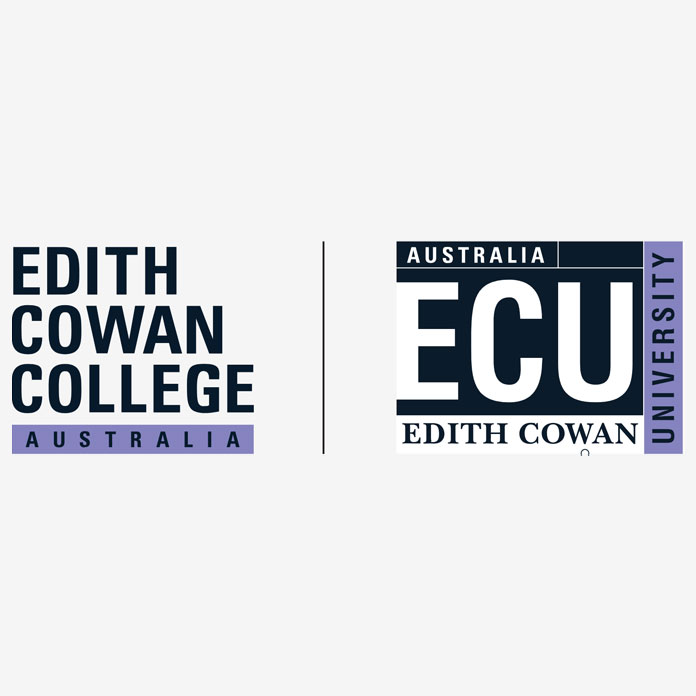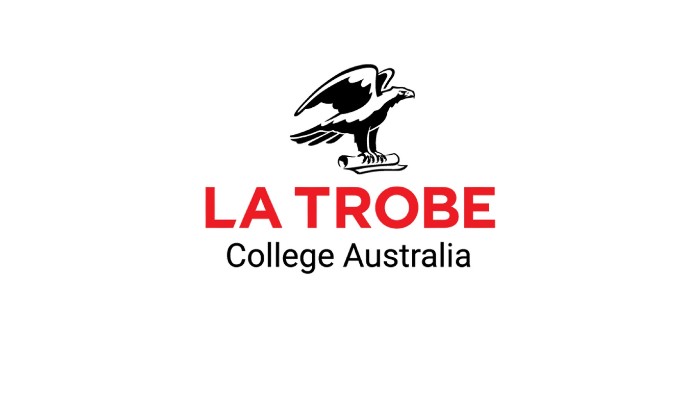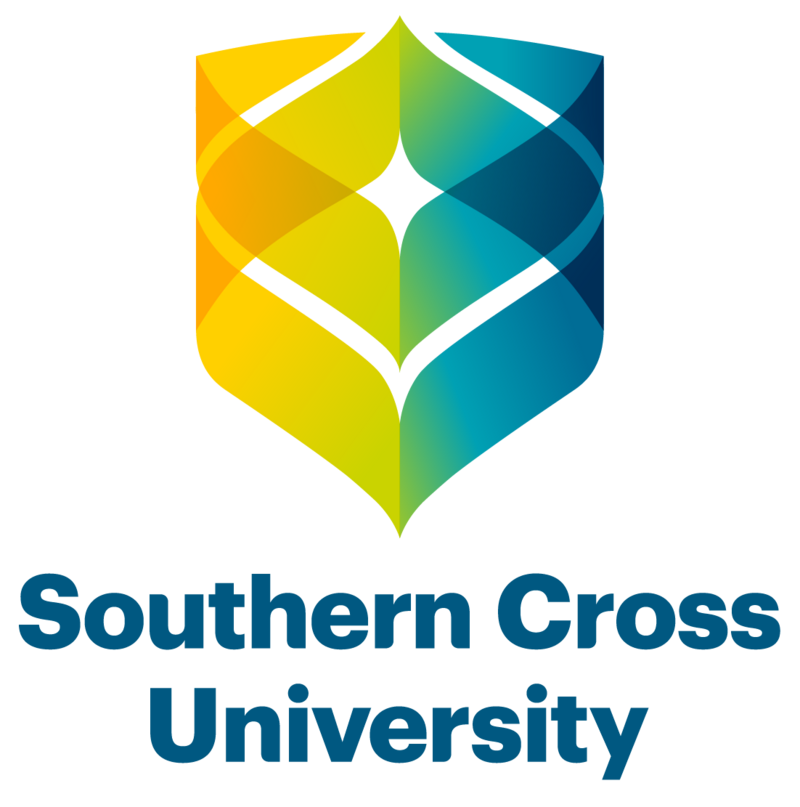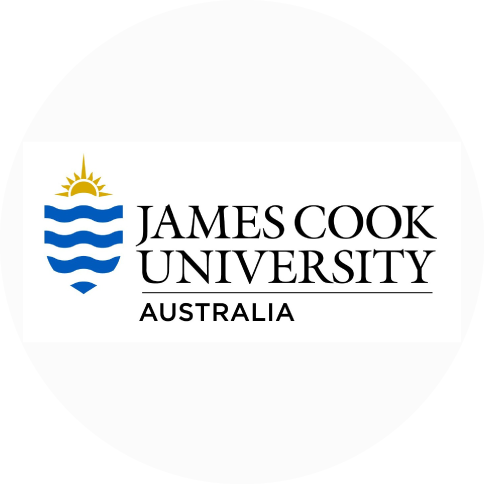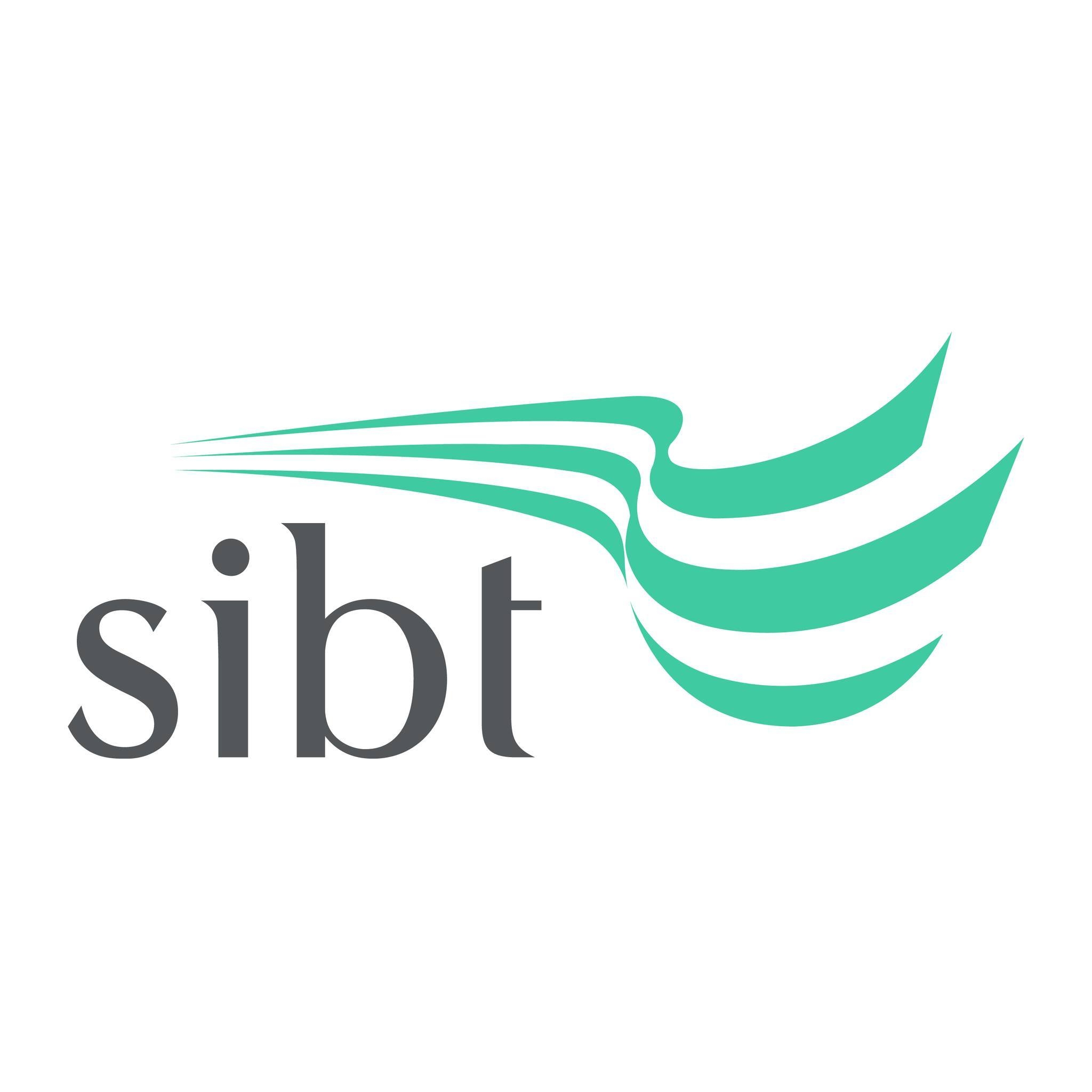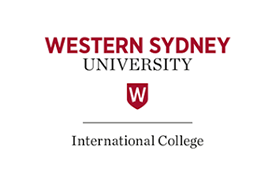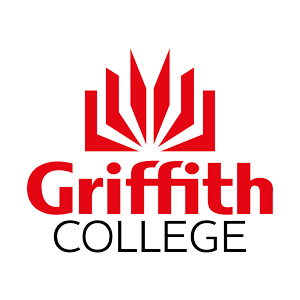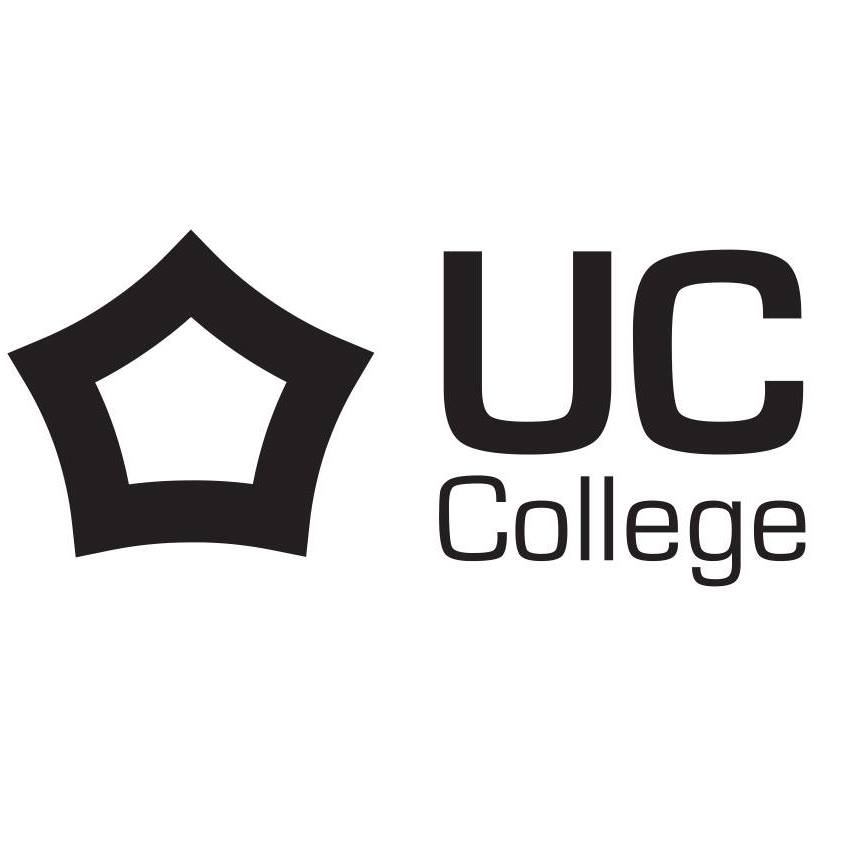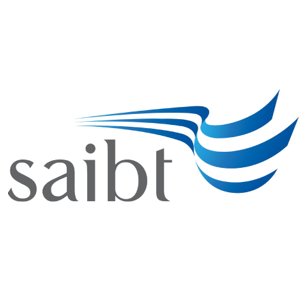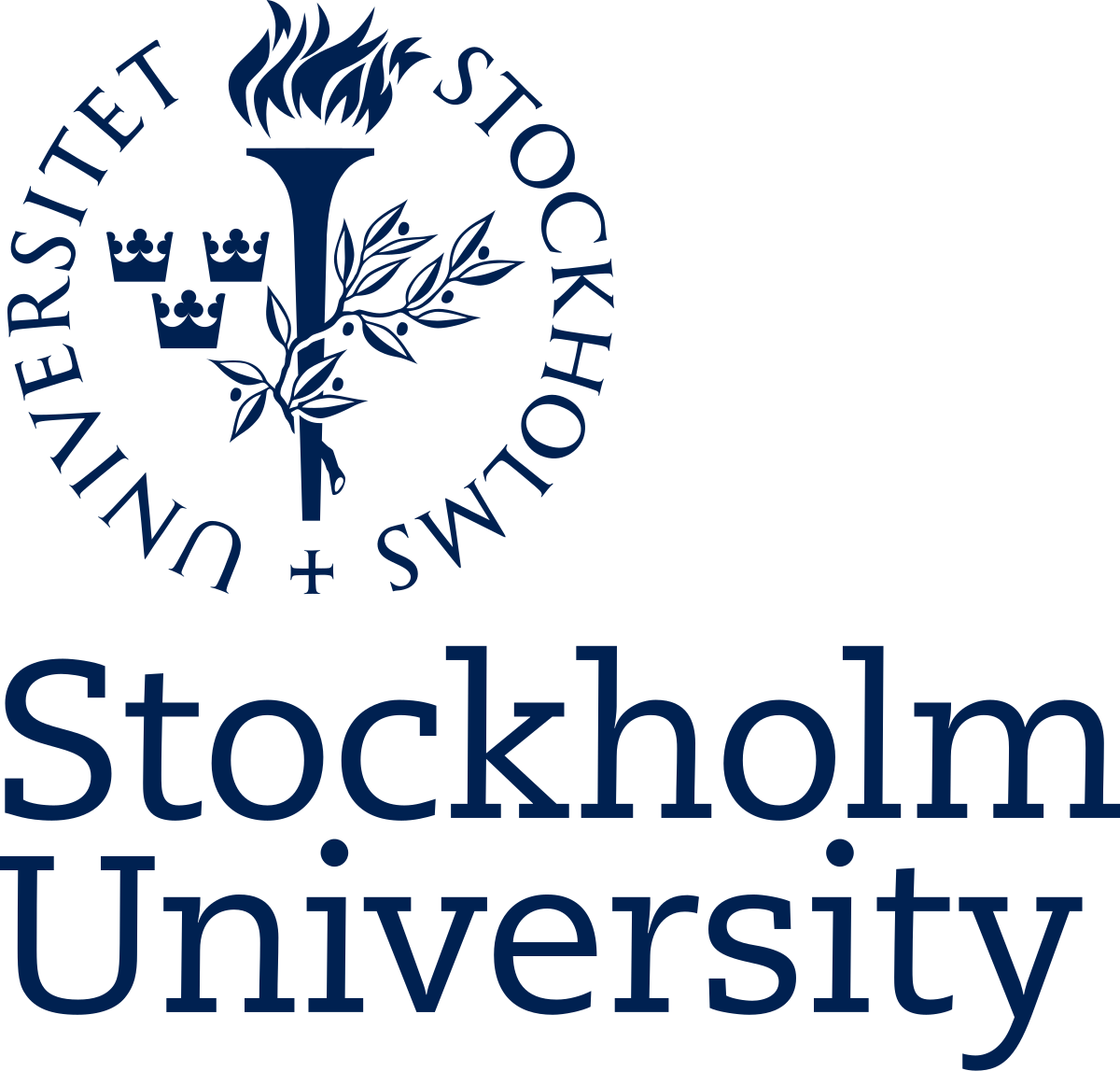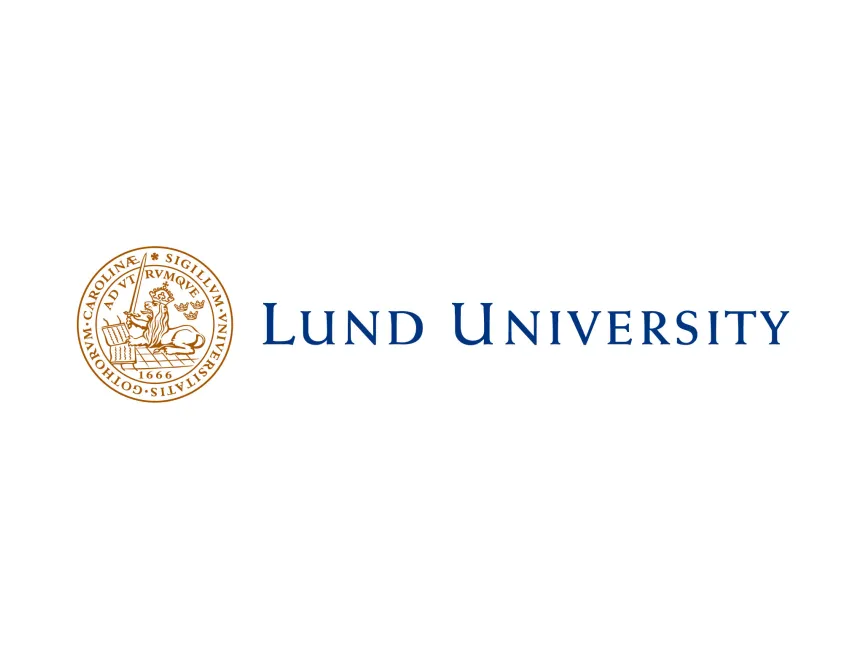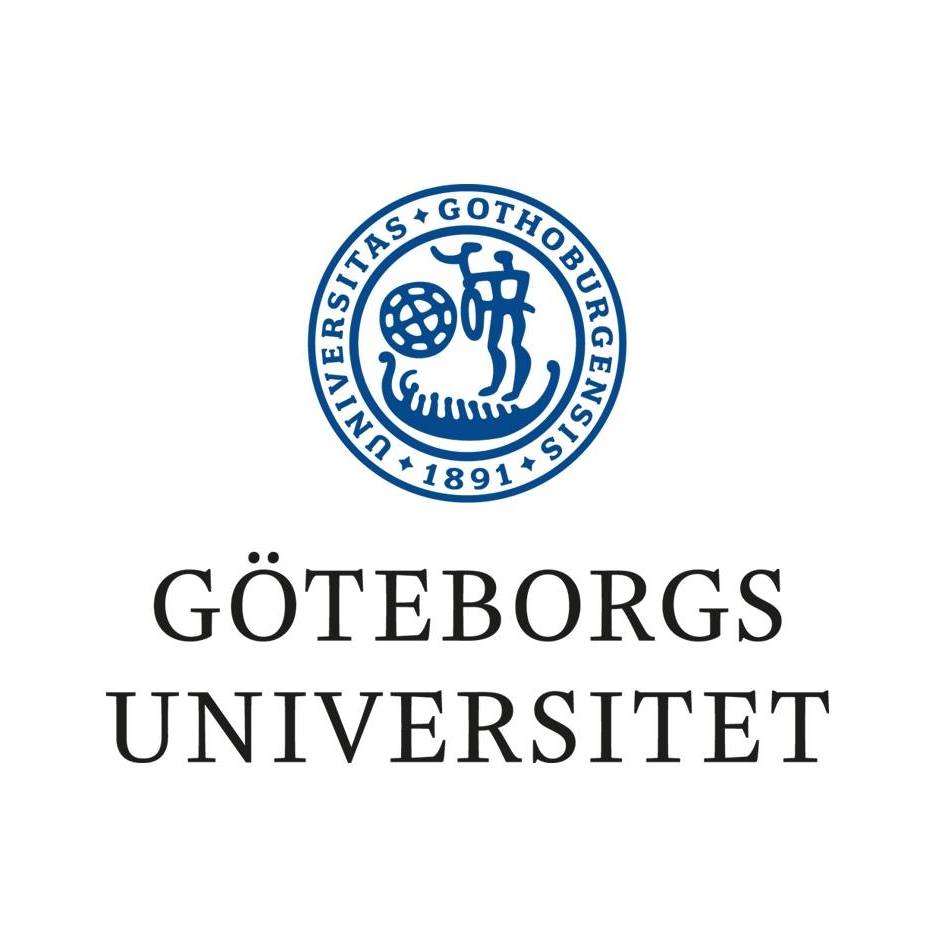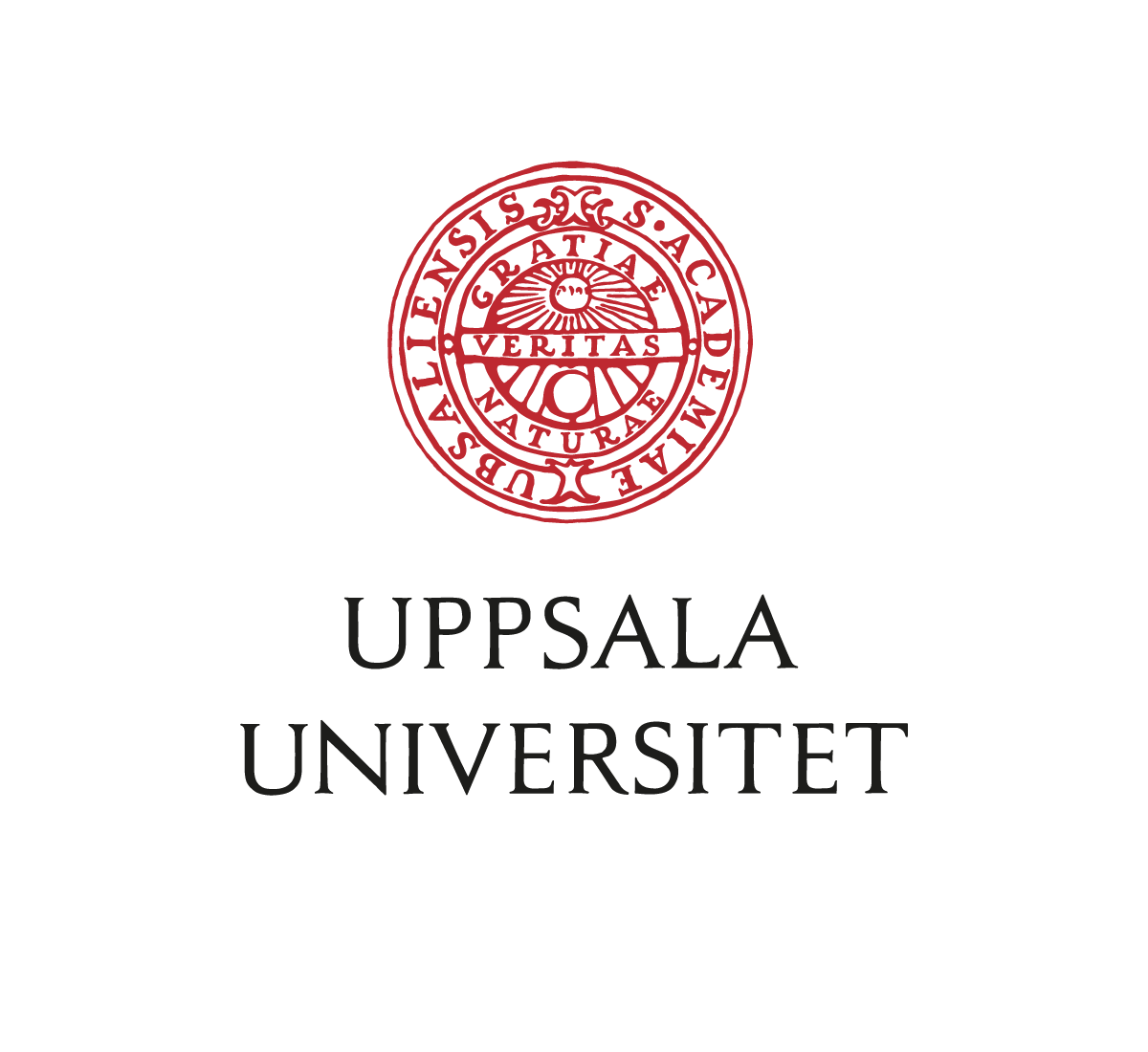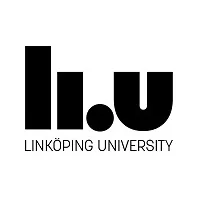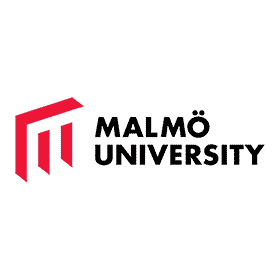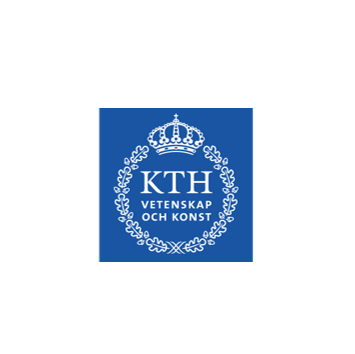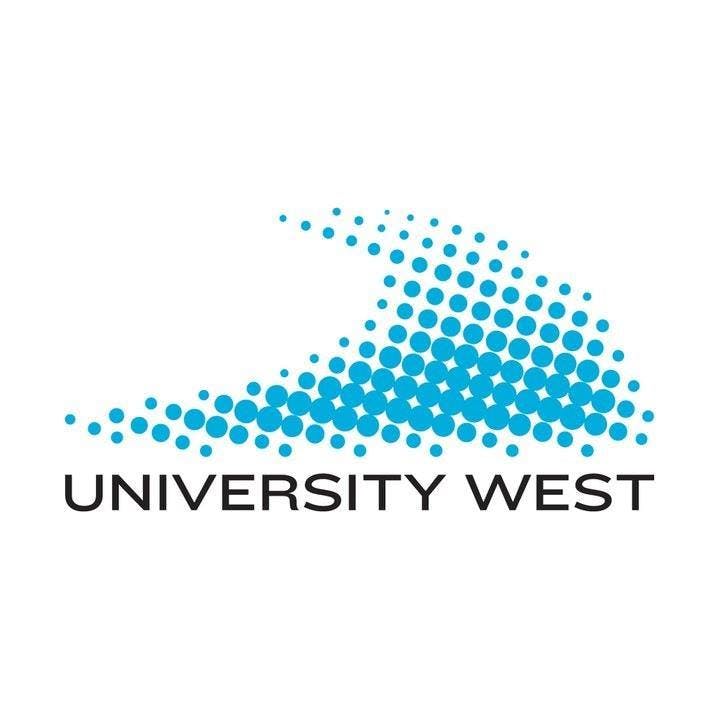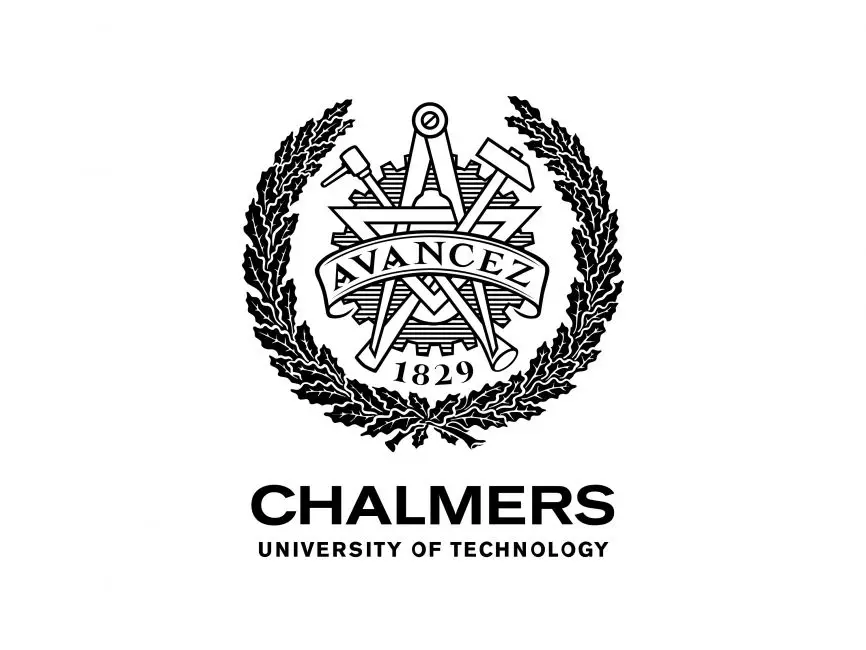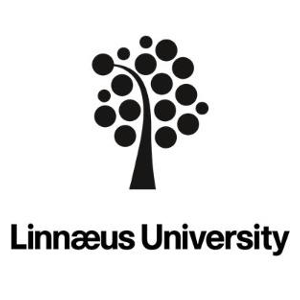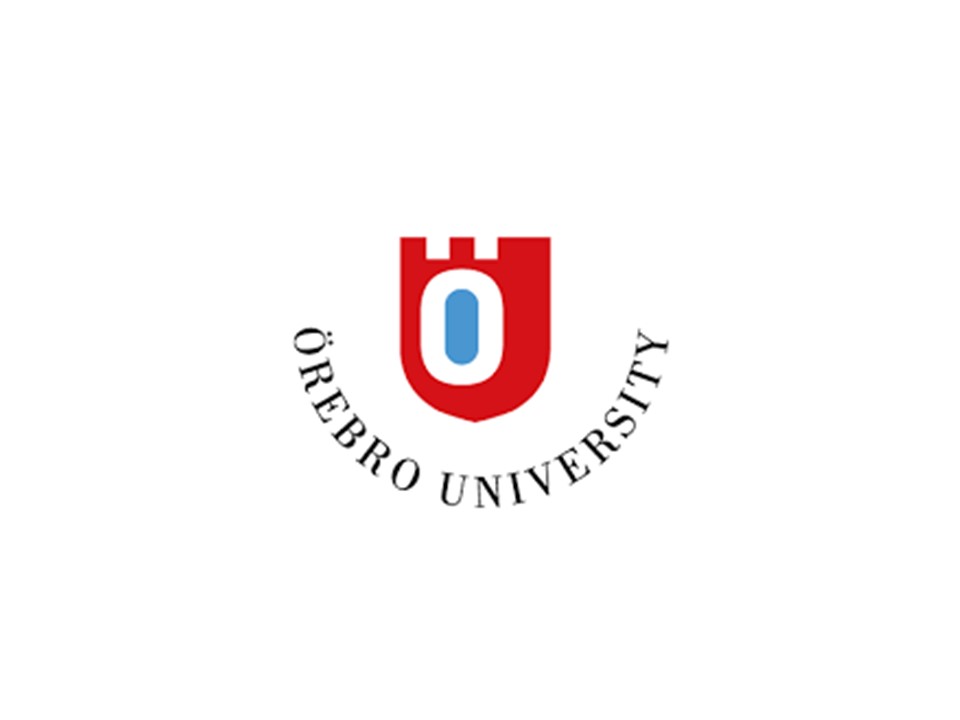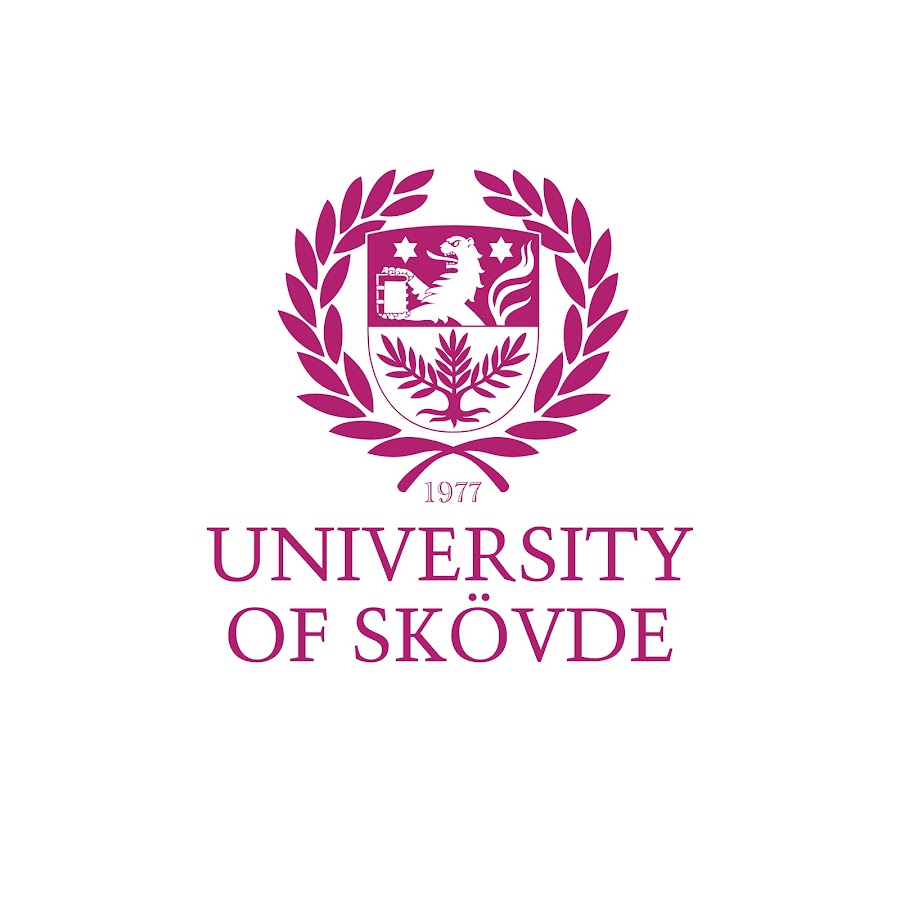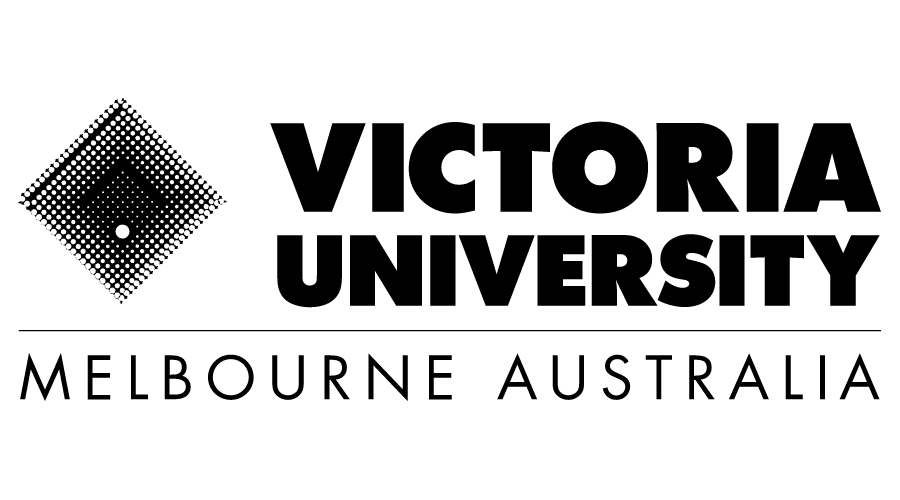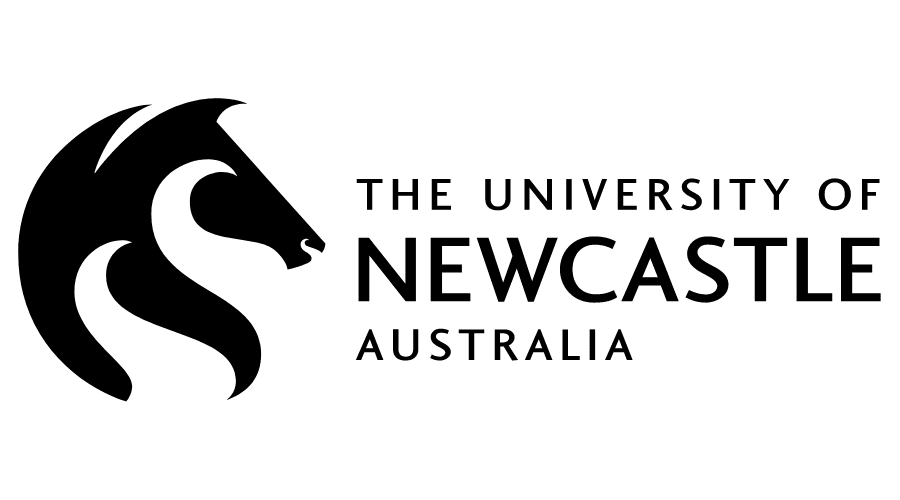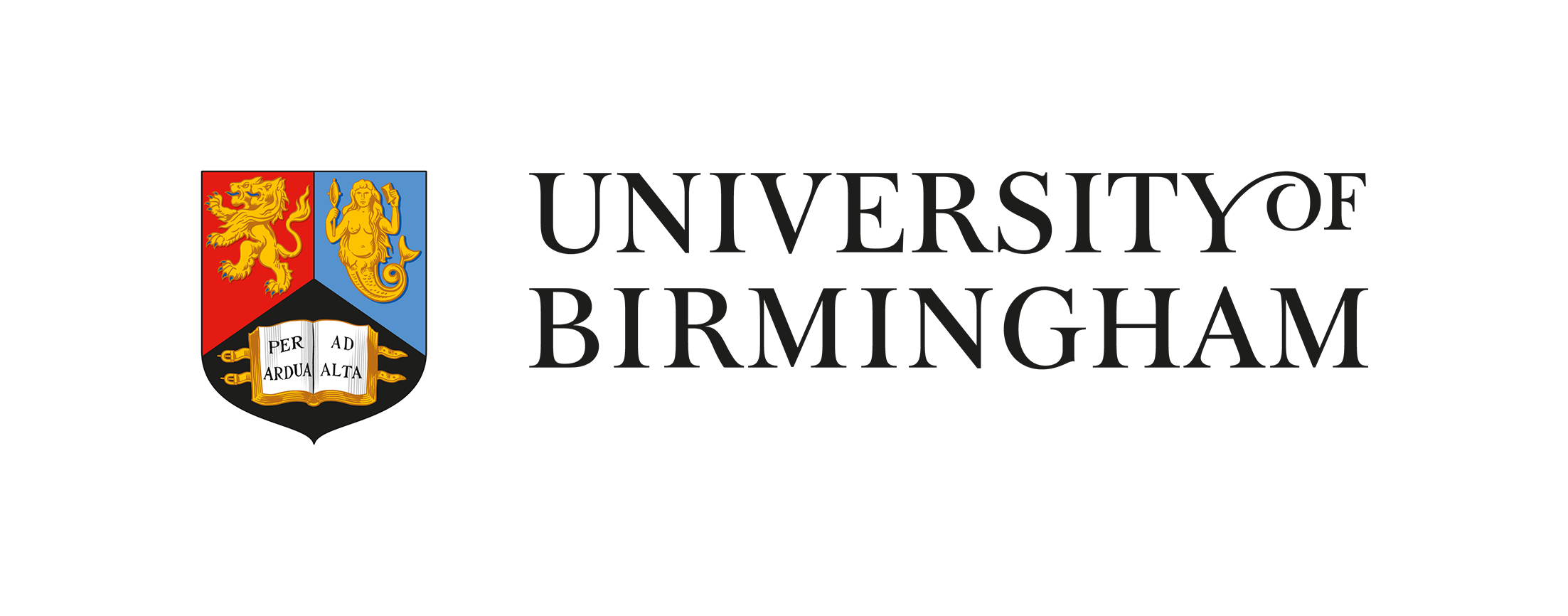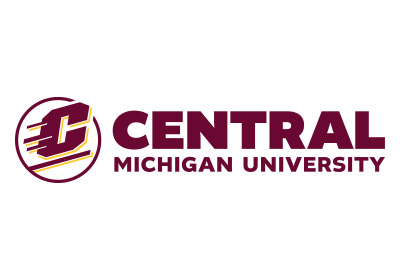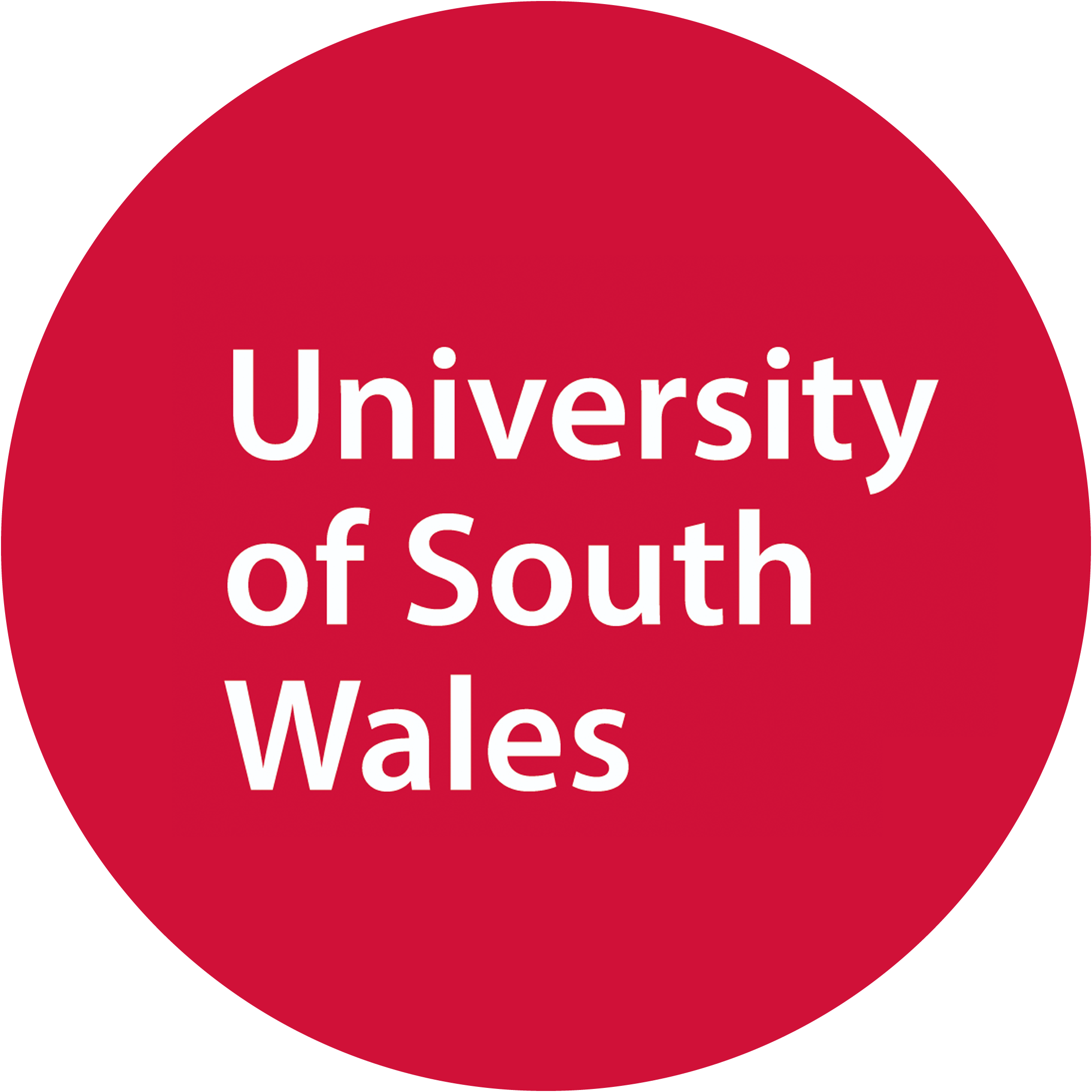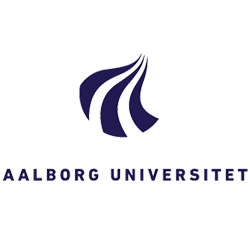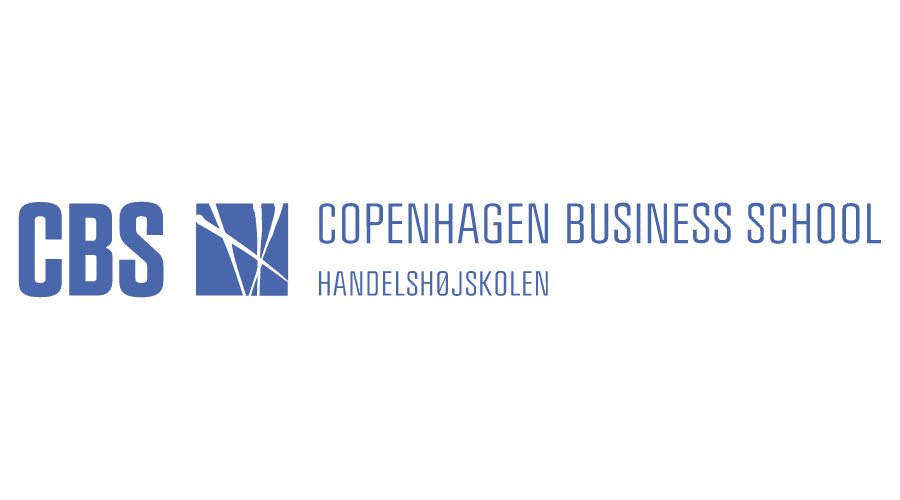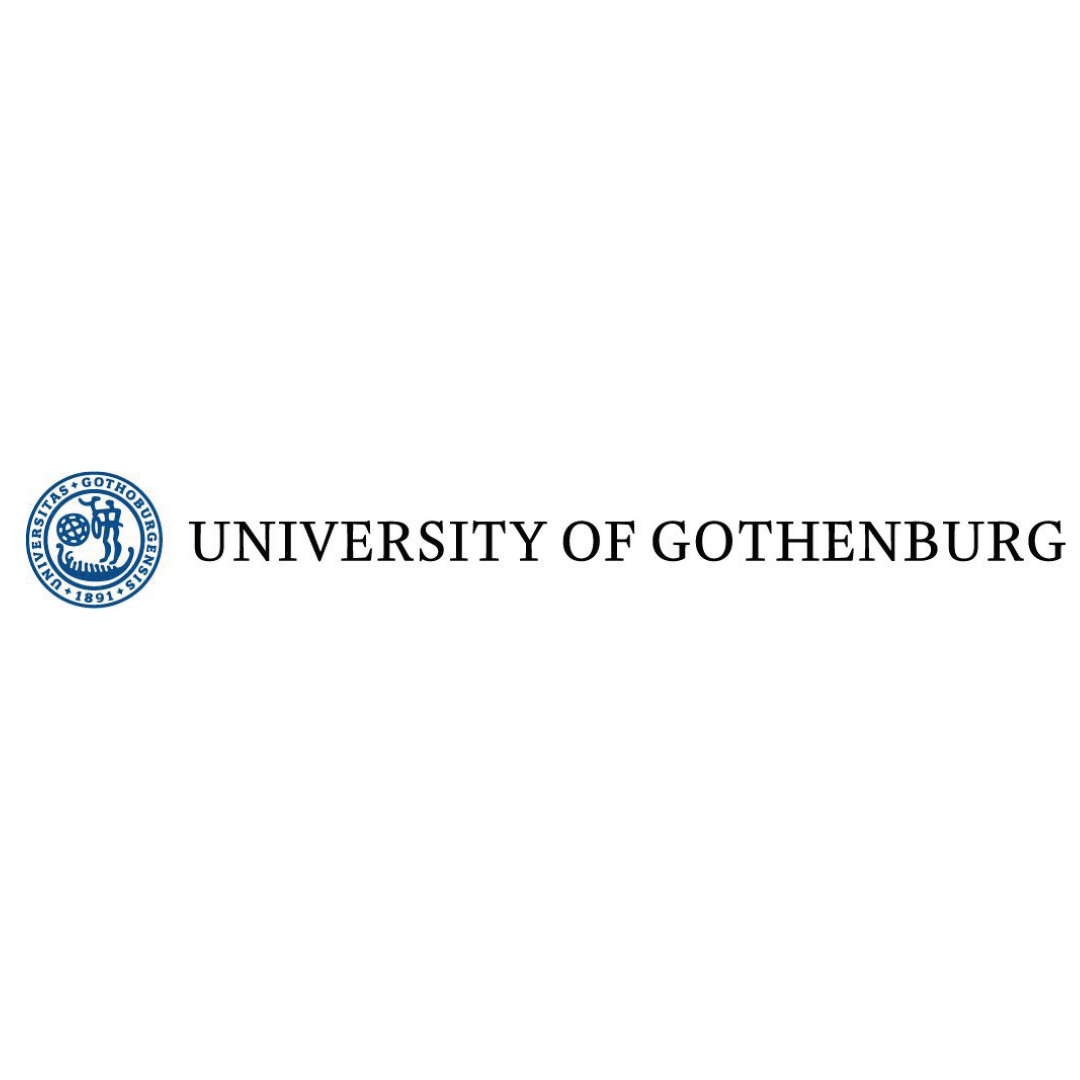Umeå University, located in northern Sweden, is a renowned institution known for its cutting-edge research and innovative education. Established in 1965, the university offers a wide range of programs across disciplines such as health sciences, social sciences, technology, and the arts. With a focus on sustainability, global challenges, and interdisciplinary learning, Umeå fosters an environment that encourages creativity and collaboration. The university boasts modern facilities, a vibrant campus life, and a diverse international community. Situated in a scenic, natural setting, Umeå University provides students with a dynamic learning experience that equips them to excel in both local and global contexts.
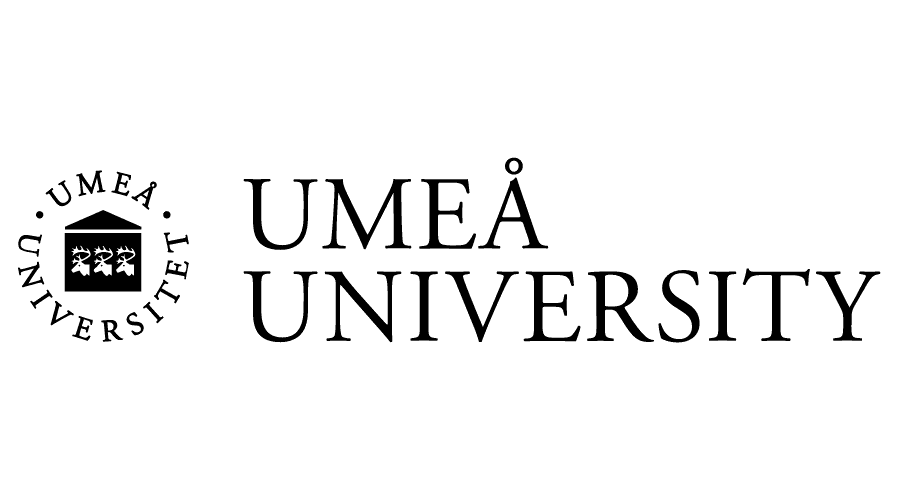
Umea University
Umeå, Sweden.
Universitetsområdet, 901 87 Umeå, Sweden.
Course Details
The Bachelor's Programme in Life Science provides you with a broad competence in chemistry and molecular biology. Our teachers have close links to outstanding research in areas such as microbiology, medicinal chemistry, biochemistry, infectious medicine, and plant and forest biotechnology. After completing the programme, you can call yourself a chemist, molecular biologist or both, as you have the opportunity to finish your education with a double bachelor's degree in both these subject areas. Year 1 Biological chemistry Fundamentals of chemistry Biochemistry Organic chemistry Year 2 Microbiology and basic molecular biology Basic and molecular genetics Cell biology Animal and plant physiology Year 3 Breadth and depth through optional courses Degree thesis within Chemistry or Molecular Biology .
| Total Subjects | 12 Courses |
|---|---|
| Total Credits | 180 credits |
| Intake | September |
| English Proficiency Level | IELTS 6.5/5.5 or TOEFL 90 |
| Duration | 3 Years |
The programme prepares you for an international career and for qualified tasks in companies and organizations working across national borders. The programme provides an understanding of global challenges and how international organizations and a global economy work. You have good opportunities to study abroad or do an internship. You become eligible for our master's programmes in business or economics and can also apply for other master's programmes in Sweden or abroad. Year 1 Markets, Trade and Global Challenges 7.5 credits International Business Administration and Global Challenges 7.5 credits Leading and Organizing in an International Context 7.5 credits Managerial Economics 7.5 credits Contemporary Marketing 7.5 credits Macroeconomics 15 credits Finance 7.5 credits Year 2 Business Analytics 15 credits Introduction to International Business Law 7.5 credits Data Visualization of Global Trends 7.5 credits And Specialization: Business Administration Project Management, 7.5 credits Innovation, Entrepreneurship and Technology, 7.5 credits Financial Accounting, 7.5 credits Managerial Accounting, 7.5 credits Or Specialization: Economics Economic Modeling with Applications, 10 credits Industrial Organizations, 5 credits International Economics, 7.5 credits Financial Economics, 7.5 credits Year 3 Elective studies / Optional studies (includes possibilities to study abroad or do an internship) 30 credits And Specialization: Business Administration Meeting Challenges in the International Business Environment, 15 credits Bachelor's Thesis in International Business Administration, 15 credits Or Specialization: Economics Micro: Consumer Behavior, 5 credits Macro: Institutions and Policy 5 credits Current Topics in Economics 5 credits Bachelor's Thesis in Economics 15 credits .
| Total Subjects | 20 Courses |
|---|---|
| Total Credits | 180 credits |
| Intake | September |
| English Proficiency Level | IELTS 6.5/5.5 or TOEFL 90 |
| Duration | 3 Years |
The programme develops your design competences by providing professional tools, hands-on work methods, creative challenges and an inspiring study environment. You learn to combine the analysis of complex contexts with the identification of relevant design opportunities towards a holistic ideation scope. The methods and techniques are integrated in relevant course and project challenges. During the education, the field of design is explored through a mix of individual studies and group work. Year 1: Skills and techniques CAID 1 and 2 Design for User Experience/People-Centred Design Sound in Industrial Design Product Analysis Strategic design Year 2: Visual Design Prototyping Conceptual Product Solutions Creative Reflections on Product Design.
| Total Subjects | 10 Courses |
|---|---|
| Total Credits | 120 credits |
| Intake | September |
| English Proficiency Level | IELTS 6.5/5.5 or TOEFL 90 |
| Duration | 2 Years |
Year 1 Synthesis course 1: Architecture and Urban Design Project, Positioning Seminar course 1a: Architectural Technology, Sustainability and Environmental Impact Seminar course 1b: Theory and History of Architecture and Urban Design Synthesis course 2: Architecture and Urban Design Project, Resolution Seminar course 2a: Architectural Technology, Resolution Seminar course 2b: Professional Studies in Architecture and Urban Design Year 2 Synthesis course 3: Preparatory Architecture and Urban Design Project for Master's Thesis Seminar course 3a: Preparatory Research in Architectural Technology for Master's Thesis Seminar course 3b: Preparatory Research in Theory and History of Architecture and Urban Design for Master's Thesis Master's Thesis, Master of Fine Arts in Architecture and Urban Design.
| Total Subjects | 11 Courses |
|---|---|
| Total Credits | 120 credits |
| Intake | September |
| English Proficiency Level | IELTS 6.5/5.5 or TOEFL 90 |
| Duration | 2 Years |
In today’s dynamic landscape, Artificial Intelligence (AI) is not just a buzzword; it’s a driving force behind groundbreaking innovations. As AI permeates every aspect of our lives, from healthcare to finance, understanding its ethical implications also becomes paramount. General mandatory courses: • Foundations of Logic and Model Theory or Statistics for Engineers • Artificial Intelligence • Artificial Intelligence - Methods and Applications • Responsible Design of Interactive AI-Systems • Data privacy Mandatory profile courses in Computing Science: If you aim for one of the profile areas in Computing Science you will get a degree in Computing Science with specialization in AI and will also have to take these mandatory courses: • Machine Learning • Degree Project: Master of Science (two years) in Computing Science (specialization Artificial Intelligence) The elective profile courses in Computing Science: The profile areas in Computing Science are organized as a set of suggested elective courses: Elective profile courses for Social AI: • Human-AI Interaction • Formal and Cognitive Reasoning • Human Robot Interaction • Cognitive Interaction Design • Mobile robotics • Individual project in Artificial Intelligence Elective profile course for Machine Learning: • Human-AI Interaction • Project course in Machine Vision • Deep learning • Natural Language Processing • Individual project in Artificial Intelligence • Mobile robotics Mandatory profile courses in Mathematical Statistics: If you aim to follow the Data Science profile you will get a degree in Mathematical Statistics and will have to take these five mandatory courses: • Stochastic Processes and Simulation • Data Preprocessing and Visualisation • Design of Experiments and Advanced Statistical Modelling • Statistical learning with high-dimensional data • Multivariate Data Analysis • Thesis Project for the Degree of Master of Science in Mathematical Statistics In the Programme syllabus you can find more details about the programme and which courses you will take.
| Total Subjects | 7 Courses |
|---|---|
| Total Credits | 120 credits |
| Intake | September |
| English Proficiency Level | IELTS 6.5/5.5 or TOEFL 90 |
| Duration | 2 Years |
The Master´s programme in Chemistry deepens your knowledge of proteins' function in the body, chemicals’ effect in the environment, and of the development of new pharmaceuticals. The education has close proximity to three strong research areas at Umeå University – medicinal chemistry, environmental chemistry and protein chemistry. Your future career is as a scientist, in the industry or with public authorities. Year 1 Biophysical-Chemical Concepts Advanced Experimental Tools in Chemistry Chemometrics Computational Chemistry Elective course Year 2 Elective courses Degree project.
| Total Subjects | 7 Courses |
|---|---|
| Total Credits | 120 credits |
| Intake | September |
| English Proficiency Level | IELTS 6.5/5.5 or TOEFL 90 |
| Duration | 2 Years |
Year 1: Efficient Algorithms. Database System Principles. Artificial Intelligence – Methods and Applications. Eligible courses. Year 2: Eligible courses. Student Conference in Computing Science. Degree Project: Master of Science (two years) in Computing Science.
| Total Subjects | 5 Courses |
|---|---|
| Total Credits | 120 credits |
| Intake | September |
| English Proficiency Level | IELTS 6.5/5.5 or TOEFL 90 |
| Duration | 2 Years |
Within the Master's Programme in Earth Science you will study natural earth processes, climate change and the impact of human influences such as natural resources and environmental disruption. Impact on earth processes leads to substantial changes in the environment. You will develop awareness and in-depth knowledge of environmental changes over years to millennia in different types of environments. Year 1 starting in autumn: Autumn: Aquatic Ecosystems, 7,5 credits Aquatic biogeochemistry, 7,5 credits Analysis of field data, 15 credits Spring: Analysis of Environmental Changes, 15 credits Terrestrial biogeochemistry, 15 credits Year 1 starting in spring: Spring: Analysis of Environmental Changes, 15 credits Terrestrial biogeochemistry, 15 credits Autumn: Aquatic Ecosystems, 7.5 credits Aquatic Biogeochemistry, 7.5 credits Analysis of field data, 15 credits Year 2: Elective courses, 30 credits Thesis work, 30 credits or 60 credits
| Total Subjects | |
|---|---|
| Total Credits | 120 credits |
| Intake | September |
| English Proficiency Level | IELTS 6.5/5.5 or TOEFL 90 |
| Duration | 2 Years |
Year 1 Forest Ecology or Aquatic Ecosystems + Aquatic Ecosystem Ecology Ecological Dynamics or Molecular Ecology and Evolution Analysis of Field Data Ecosystem Management (mandatory for specialisation in Ecosystem management) Year 2 Courses Free of choice and/or Thesis project
| Total Subjects | |
|---|---|
| Total Credits | 120 credits |
| Intake | September |
| English Proficiency Level | IELTS 6.5/5.5 or TOEFL 90 |
| Duration | 2 Years |
The Master's Programme in Environmental science is a natural science programme that aims to develop your competence in working with environmental issues. You will study environmental issues from a scientific perspective – analysing causes, relationships and possible solutions to environmental problems. Sustainable development is a core theme in the programme, which will help you prepare for your future career, whether you aim to work at a government agency or in the private sector. Year 1 Autumn term Transition towards a sustainable society, 15 ECTS Sustainability Science, 15 ECTS Year 1 Spring term Analyses of Environmental Changes, 15 ECTS Elective courses, 30 ECTS Examples of elective courses: Theoretical environmental science, 15 ECTS Degree of Master of Science thesis*, 15 ECTS *This course is only for students who intend to take a one-year Degree of Master of Science (Swedish: “magister”) Year 2 Autumn term Elective courses, 30 ECTS Examples of elective courses: Freshwater Management, 15 ECTS Geographical information system, 15 ECTS Theoretical environmental science, 15 ECTS Year 2 Spring term Master's Degree thesis, 30 ECTS Alternatively: Year 2 Autumn and spring term Master's Degree thesis, 60 ECTS
| Total Subjects | 12 Courses and Thesis |
|---|---|
| Total Credits | 120 credits |
| Intake | September |
| English Proficiency Level | IELTS 6.5/5.5 or TOEFL 90 |
| Duration | 2 Years |
The Master’s Programme in Interaction Design focuses on exploring the structure and behaviour of interactive systems, from computers to mobile devices, to appliances and beyond. Interaction design is about the ability to design both cognitive and physical interfaces and integrate them into a successful whole. We aim to enable designers to create sustainable, comprehensible and pleasurable information based products, services and environments. Year 1: Skills and Techniques, IxD Specialized Product Graphic Designs and Expressions Form Workshop Communication Design for Co-creation General Product (Service Design) Year 2: Experience Prototyping Interaction Concept Creative Reflections on Interaction Design Elective track: Practice in Interaction design Degree Project
| Total Subjects | 11 Courses |
|---|---|
| Total Credits | 120 credits |
| Intake | September |
| English Proficiency Level | IELTS 6.5/5.5 or TOEFL 90 |
| Duration | 2 Years |
Courses in Mathematical Statistics: Statistical learning with high dimensional data analysis, 7.5 credits Design of Experiments and Advanced Statistical Modelling, 15 credits Inference Theory, 7.5 credits Multivariate Data Analysis, 7.5 credits Probability Theory, 7.5 credits Research in the Mathematical Sciences, 7.5 credits Current Research Topics in Mathematical Statistics, 7.5 credits Stationary stochastic processes,7.5 credits Time Series Analysis and Spatial Statistics, 7.5 credits Courses in Statistics: Programming in Statistics, 7.5 credits Causal Inference, 7,5 credits
| Total Subjects | 11 Courses |
|---|---|
| Total Credits | 120 credits |
| Intake | September |
| English Proficiency Level | IELTS 6.5/5.5 or TOEFL 90 |
| Duration | 2 Years |
The Master’s programme in Physics gives you the opportunity to acquire wider and deeper knowledge and abilities within one or several subareas in physics. You are free to choose courses according to your own interests and ambitions, but we also offer three special profiles: Computational Physics, Advanced Materials and Atomic, Molecular and Optical Physics. The study atmosphere is international and you can choose to study part of the programme in another country. Advanced Fluid Mechanics, 7.5 credits Advanced Materials, 7.5 credits Analytical Mechanics, 7.5 credits Analytical Mechanics, 6 credits Arctic Science, 4.5 credits Atomic and Molecular Physics, 7.5 credits Bachelor´s Thesis in Physics I, 15 credits Computational Fluid Dynamics, 7.5 credits Electrodynamics, 6 credits Electrodynamics with Vector Analysis, 7.5 credits Foundations of Electromagnetics, 6 credits General Relativity, 7.5 credits Information, networks, and markets, 7.5 credits Introduction to Solid State Physics, 7.5 credits Introductory Quantum Mechanics, 7.5 credits Laser-Based Spectroscopic Techniques, 7.5 credits Master´s Thesis in Engineering Physics, 30 credits Master´s Thesis in Physics, 30 credits Master´s Thesis in Physics II, 15 credits Modelling and Simulation, 7.5 credits Modelling the Dynamics of Living Systems, 7.5 credits Modern Physics, 4.5 credits Nano Science, 7.5 credits Non-Invasive Measurement Techniques, 7.5 credits Non-Linear Physics, 7.5 credits
| Total Subjects | 25 Courses and Thesis |
|---|---|
| Total Credits | 120 credits |
| Intake | September |
| English Proficiency Level | IELTS 6.5/5.5 or TOEFL 90 |
| Duration | 2 Years |
Year 1 Plant cell and molecular biology Plant Growth and Development Plant biotechnology and molecular breeding Elective courses Year 2 Elective courses Degree Thesis in Plant Biology or Degree Thesis in Plant Molecular Biology Examples of elective courses: Project course in Plant Molecular Biology/Plant Biology Functional Genomics Theory Applied Functional Genomics Biomaterials and Bioenergy Genetics and Biotechnology in Forest Production Systems
| Total Subjects | 12 Courses |
|---|---|
| Total Credits | 120 credits |
| Intake | September |
| English Proficiency Level | IELTS 6.5/5.5 or TOEFL 90 |
| Duration | 2 Years |
Plant biotechnology is an important tool to solve global problems. How do we produce enough food in the world? How do we develop renewable fuels and manage ecosystems in an environmentally friendly and sustainable manner? The Master’s programme in Plant and Forest Biotechnology gives you specialised competence and skills to recognize, understand and find solutions to these challenges Year 1 Plant cell and molecular biology Plant Growth and Development Plant biotechnology and molecular breeding Elective courses Year 2 Elective courses Degree Thesis in Plant Biology or Degree Thesis in Plant Molecular Biology Examples of elective courses: Project course in Plant Molecular Biology/Plant Biology Functional Genomics Theory Applied Functional Genomics Biomaterials and Bioenergy Genetics and Biotechnology in Forest Production Systems
| Total Subjects | 8 Courses and Thesis |
|---|---|
| Total Credits | 120 credits |
| Intake | September |
| English Proficiency Level | IELTS 6.5/5.5 or TOEFL 90 |
| Duration | 2 Years |
Mathematics is key to a successful career! Whether you want to work with programming, AI, finance, data analytics, bioinformatics, tech design, computer security, make a career in the natural or social sciences, development or business, a master’s degree in mathematics will let you develop strong analytical skills that will command respect among future employers and colleagues. Mathematicians are sought-after in a wide range of professions and can look forward to an excellent salary progression.Core courses in Mathematics: Research in the Mathematical Sciences, 7.5 credits Probability Theory, 7.5 credits Numerical Methods for Partial Differential Equations, 7.5 credits Stochastic Differential equations. 7.5 credits Degree projects in Mathematics: Thesis Project for a Degree of Master of Science (60 credits) in Mathematics, 15 credits Thesis Project for a Degree of Master of Science (120 credits) in Mathematics, 30 credits
| Total Subjects | |
|---|---|
| Total Credits | 120 credits |
| Intake | September |
| English Proficiency Level | IELTS 6.5/5.5 or TOEFL 90 |
| Duration | 2 Years |
The Master’s Programme in Robotics and Control is interdisciplinary with courses that cover important aspects of modern robotics, such as autonomous systems, field robotics, artificial intelligence, computer vision, mobile robots, embedded systems, modelling and control systems. Lectures, lab work, projects and assignments are closely connected to ongoing research at Umeå University.Year 1: Human-Centered artificial intelligence Artificial Intelligence – methods and applications Linear Control Systems Mechatronics. Adaptive Control Project course in Machine Vision Image Processing Modeling in Robotics Eligible courses Year 2: Electronics profile: Student Conference in Electronics and Mechatronics Telerobotics and Applied Sensor Fusion Optimal Control for Linear Systems Control Methods for Robot Applications Eligible courses. Thesis work Computing Science profile: Student Conference in Computing Science Eligible courses Thesis work
| Total Subjects | 12 Courses |
|---|---|
| Total Credits | 120 credits |
| Intake | September |
| English Proficiency Level | IELTS 6.5/5.5 or TOEFL 90 |
| Duration | 2 Years |
Transportation is an integral part of any society, with population growth and environmental degradation creating challenges demanding new and innovative solutions. Throughout the education, you will learn how to develop conceptual ideas in collaboration with external partners while applying sustainable design methods to address the complexity of mobility in the 21st century. Year 1: Skills and Techniques (7.5 credits) CAID 1 & 2 (7.5 credits) Vehicle Concept Design (15 credits) Form in Transportation Design (7.5 credits) Vehicle Design Analysis (7.5 credits) Strategic Design (15 credits) Year 2: Storytelling in Design (7.5 credits) Vehicle Interior Design (15 credits) Future Mobility (7.5 credits) Elective track: Practice in Transportation Design (30 credits) Degree project (30 credits)
| Total Subjects | 11 Courses |
|---|---|
| Total Credits | 120 credits |
| Intake | September |
| English Proficiency Level | IELTS 6.5/5.5 or TOEFL 90 |
| Duration | 2 Years |
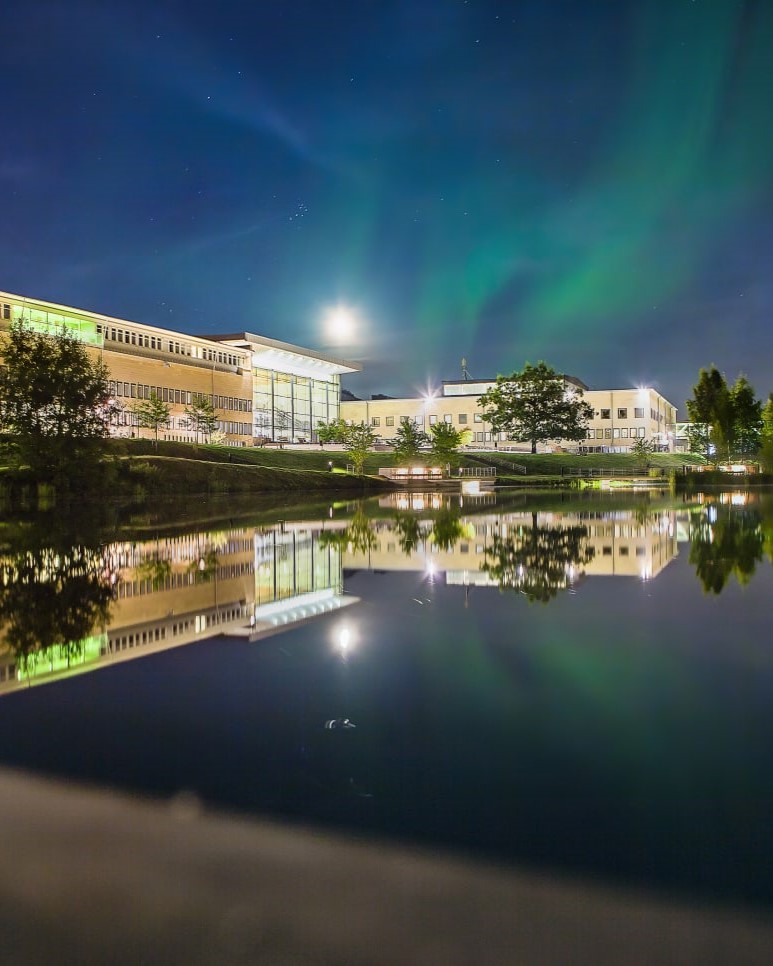
About Umea!
Why Study in Umea?
Studying at Umeå University offers an exceptional education in a vibrant, international environment. The university is renowned for its innovative research and interdisciplinary approach, particularly in fields like health sciences, sustainability, and technology. Students benefit from modern facilities, state-of-the-art labs, and a supportive learning community. Umeå University emphasizes global challenges, providing students with the skills to make a positive impact in their careers. The campus is located in a scenic, natural setting, offering a high quality of life with a blend of culture, nature, and academic excellence. Umeå’s strong industry connections also enhance students’ employability.
